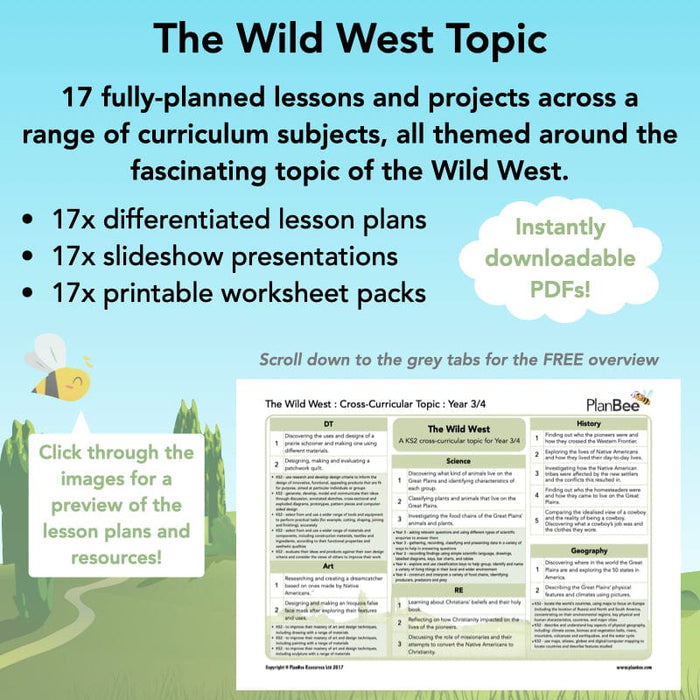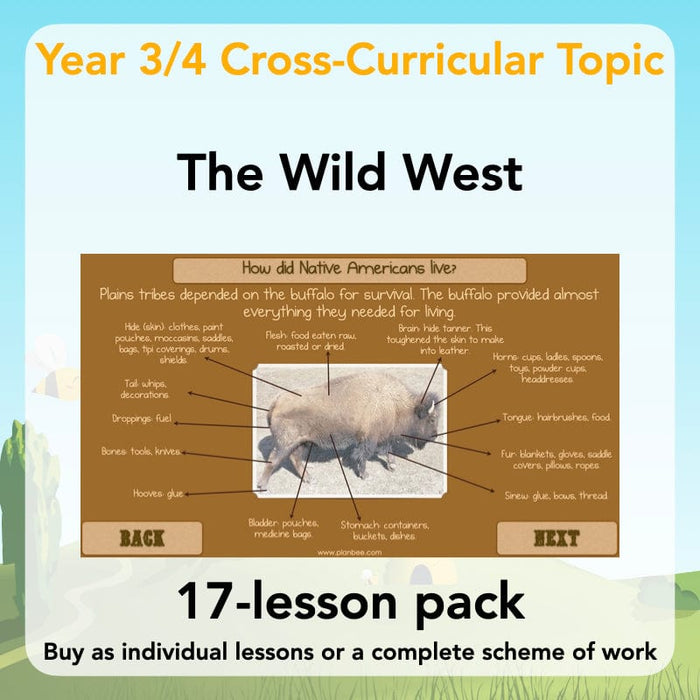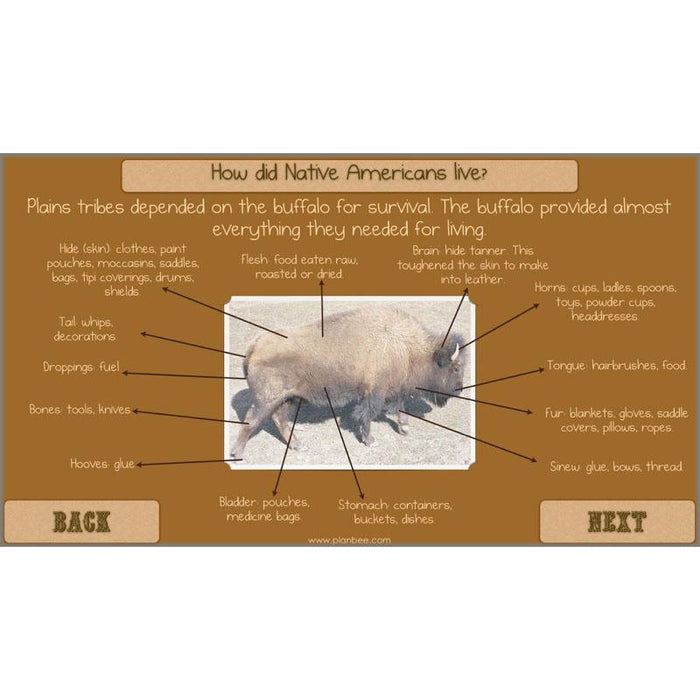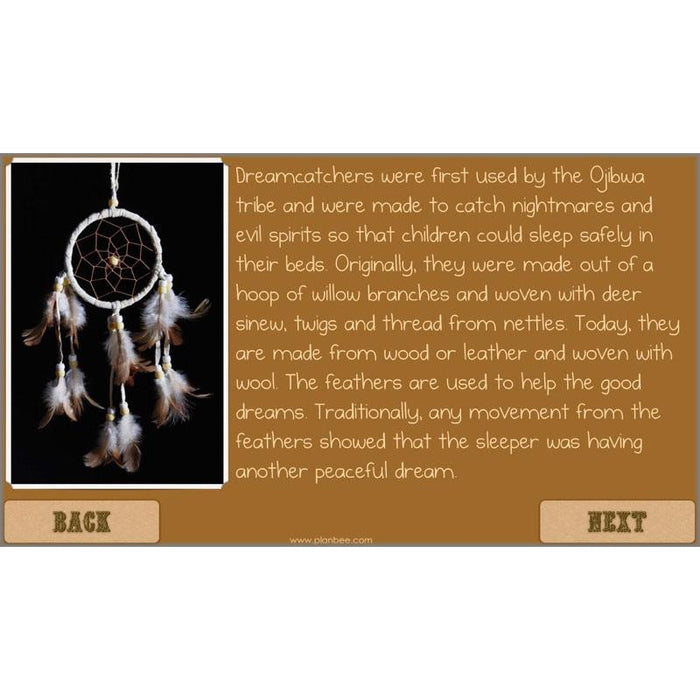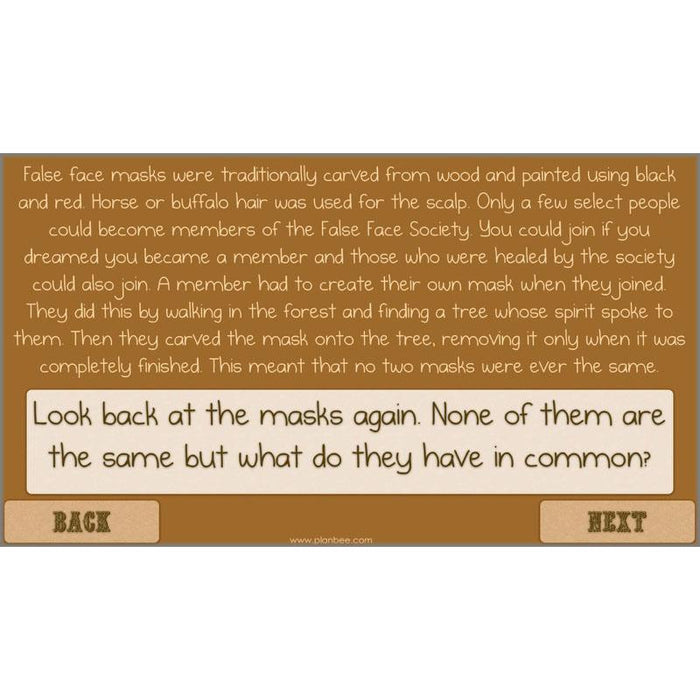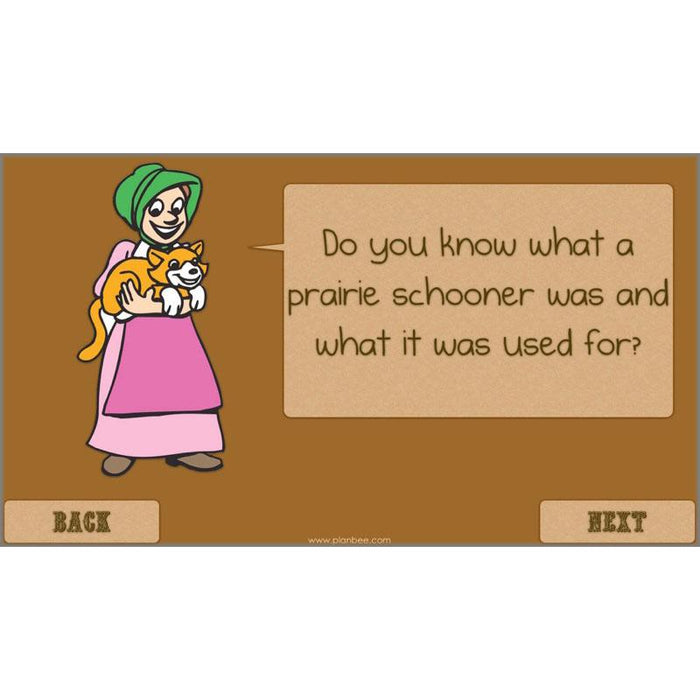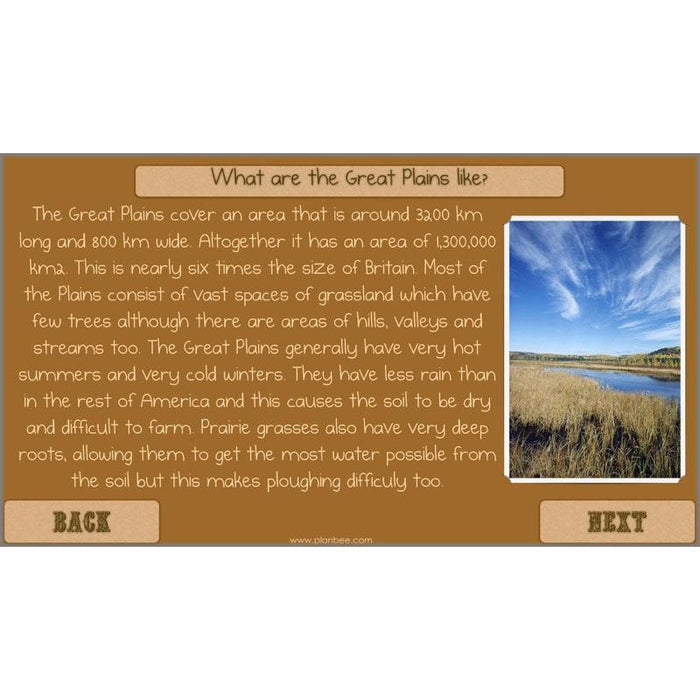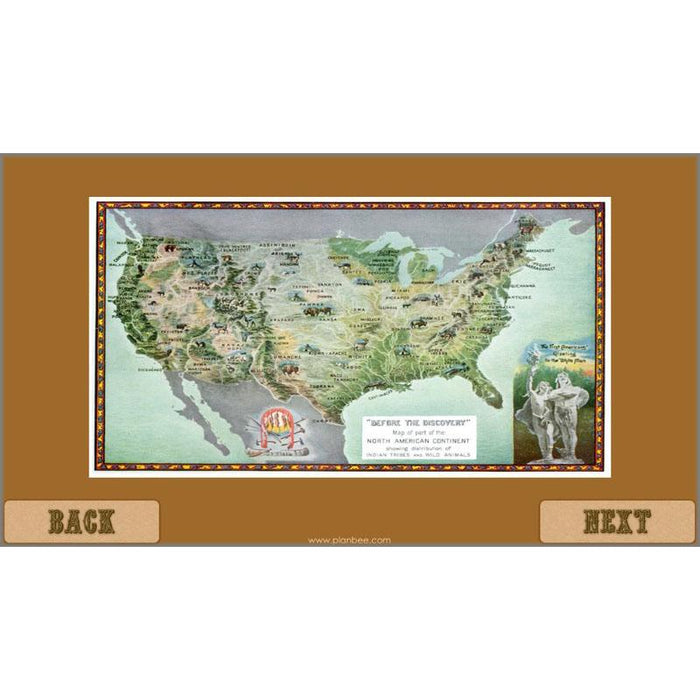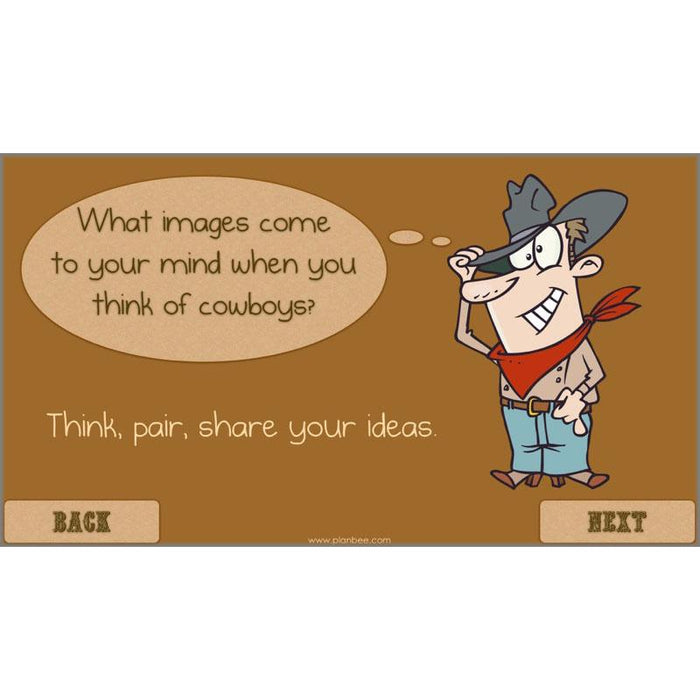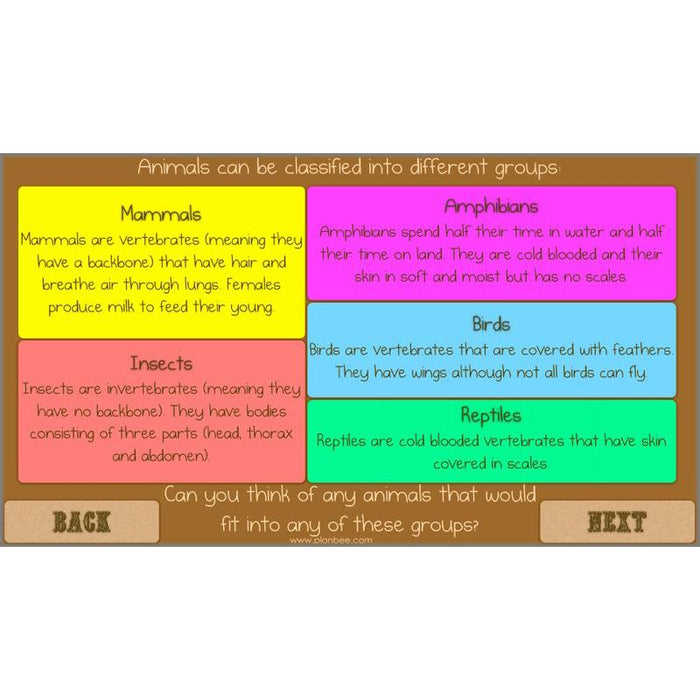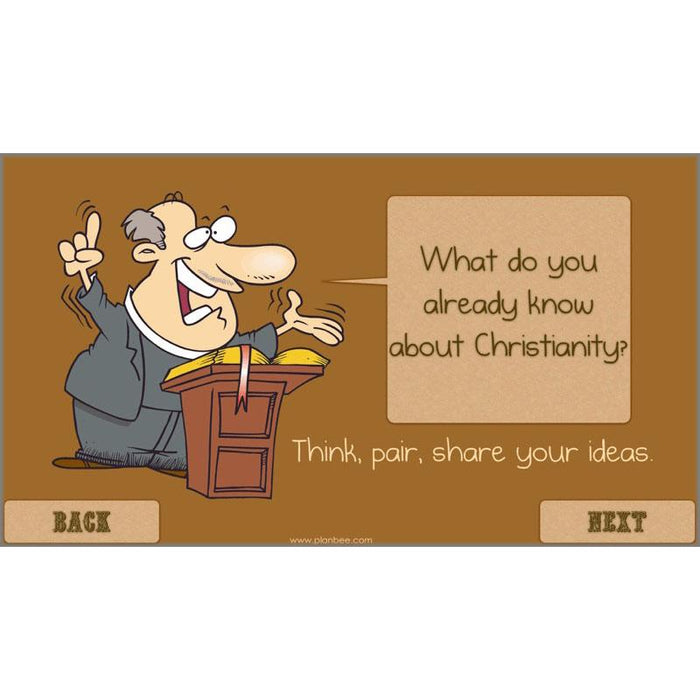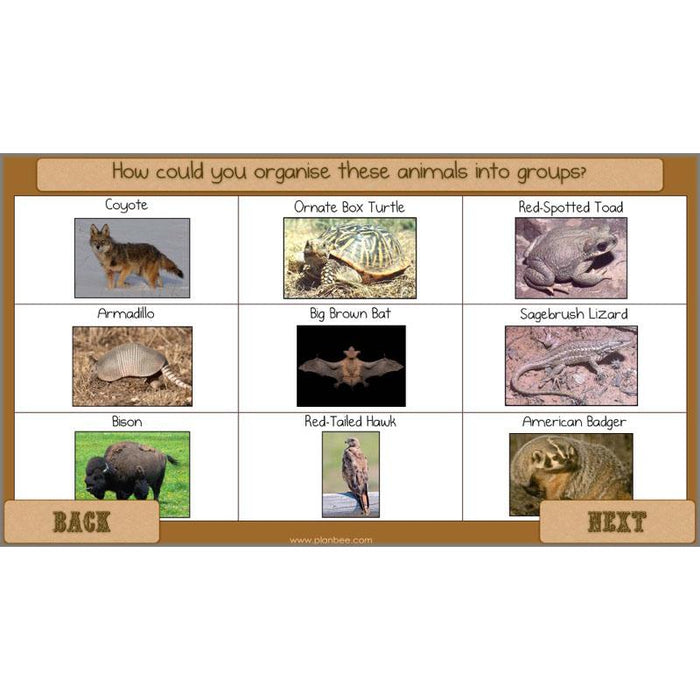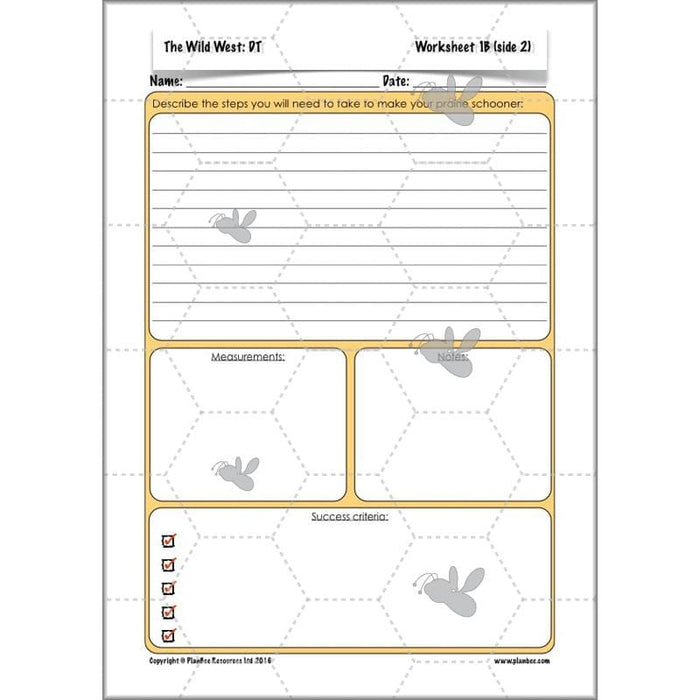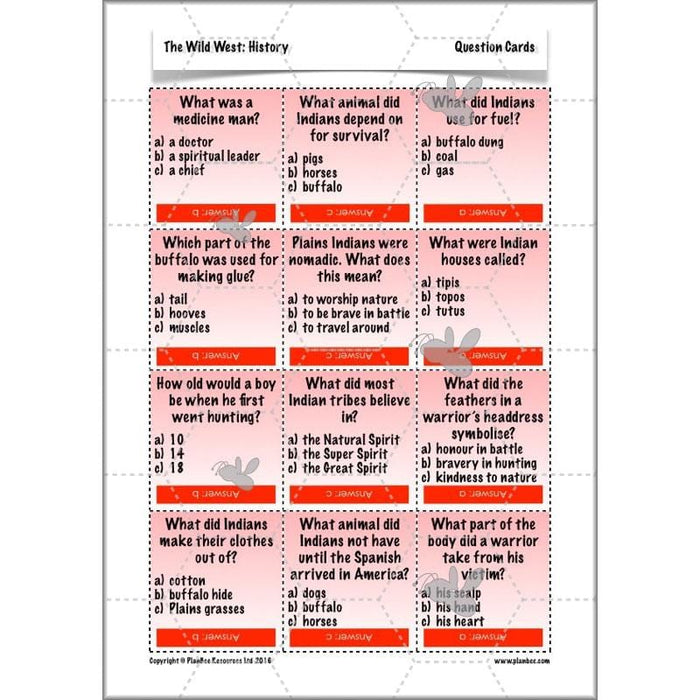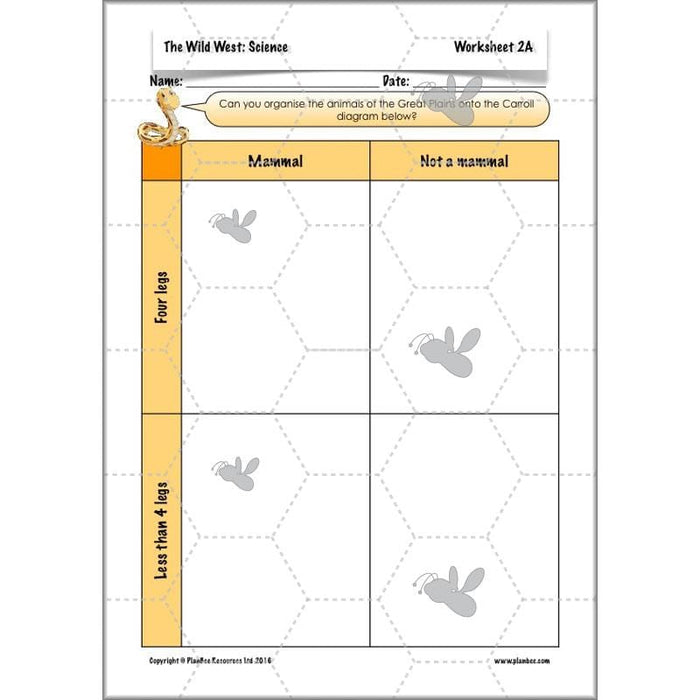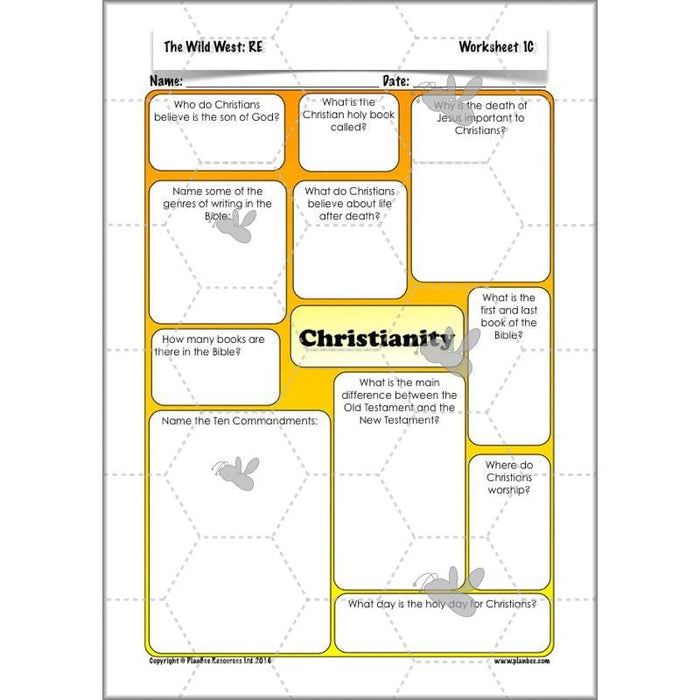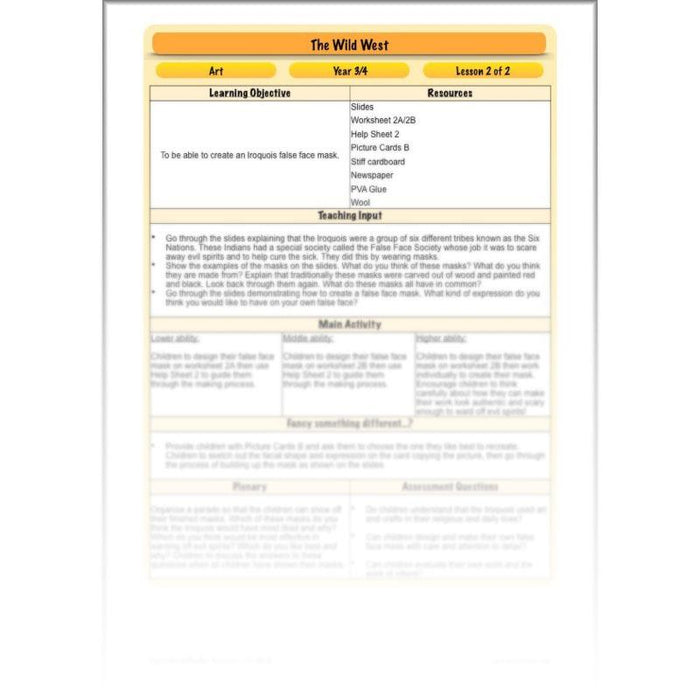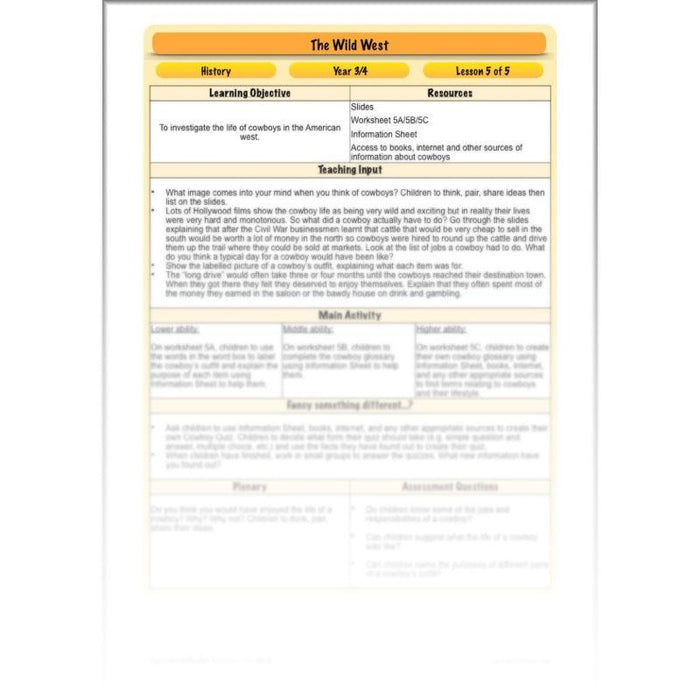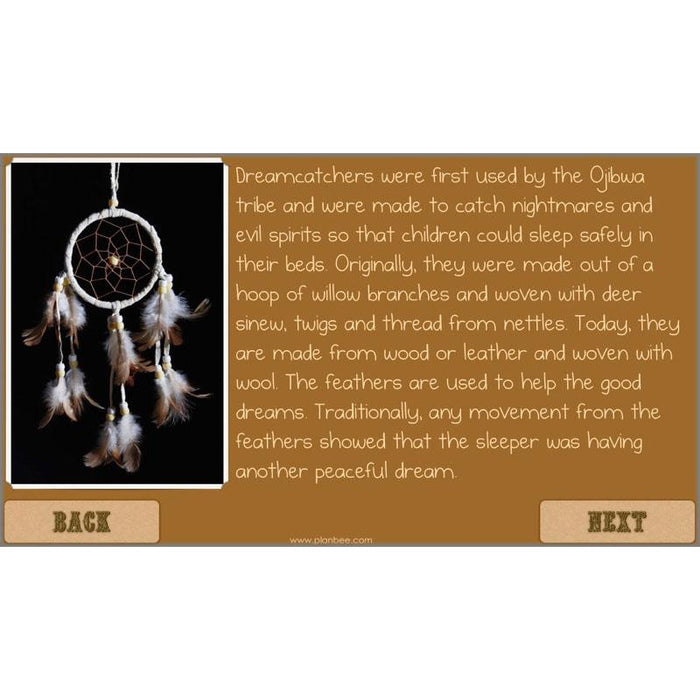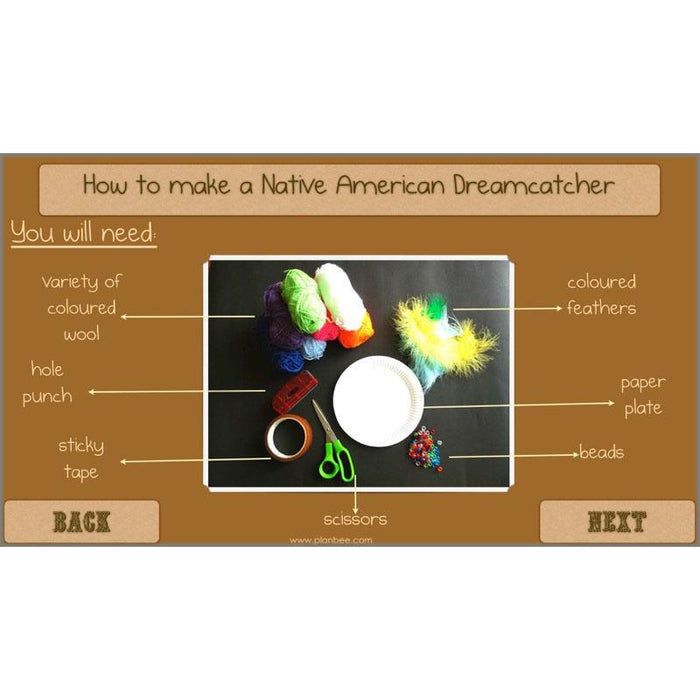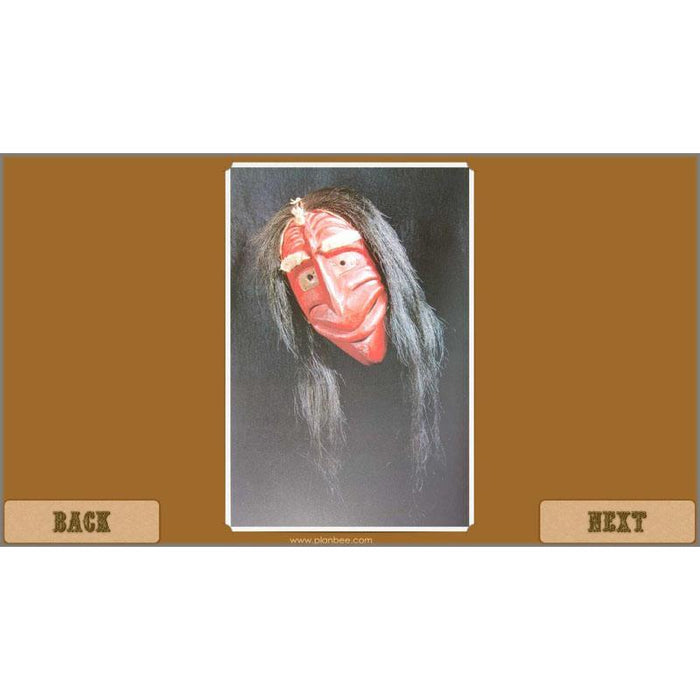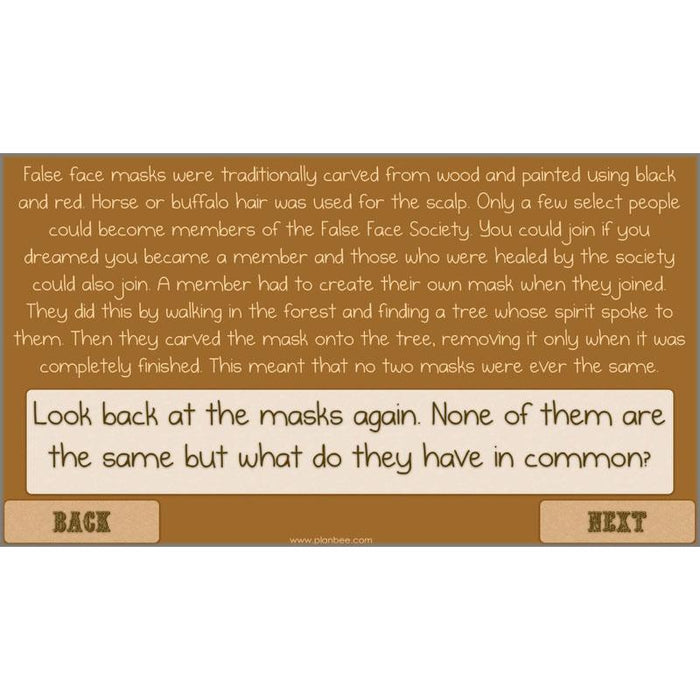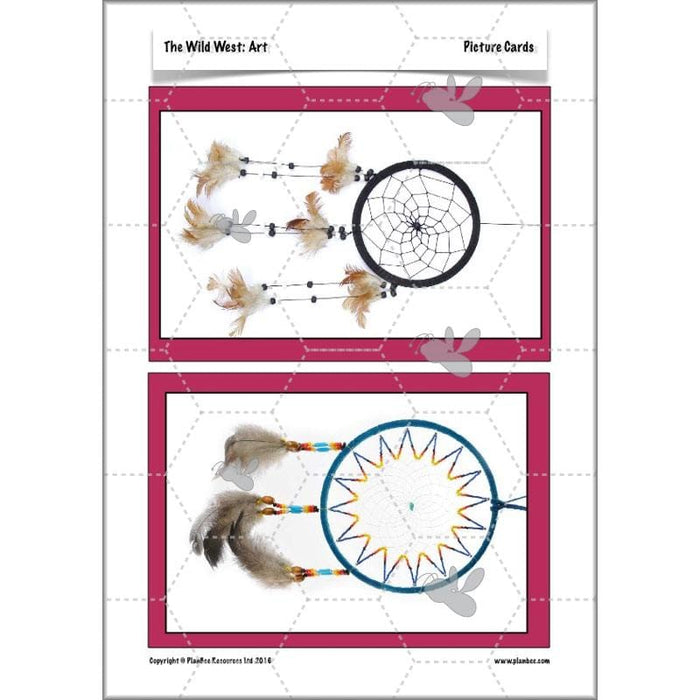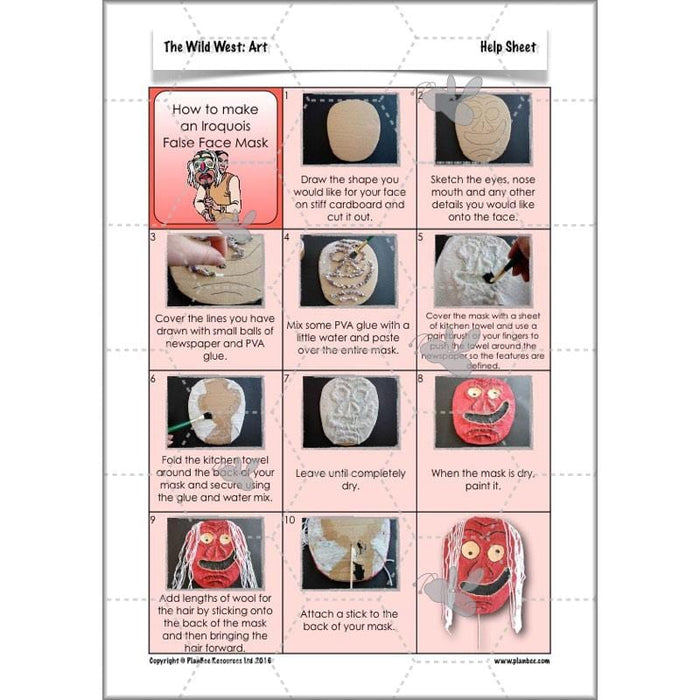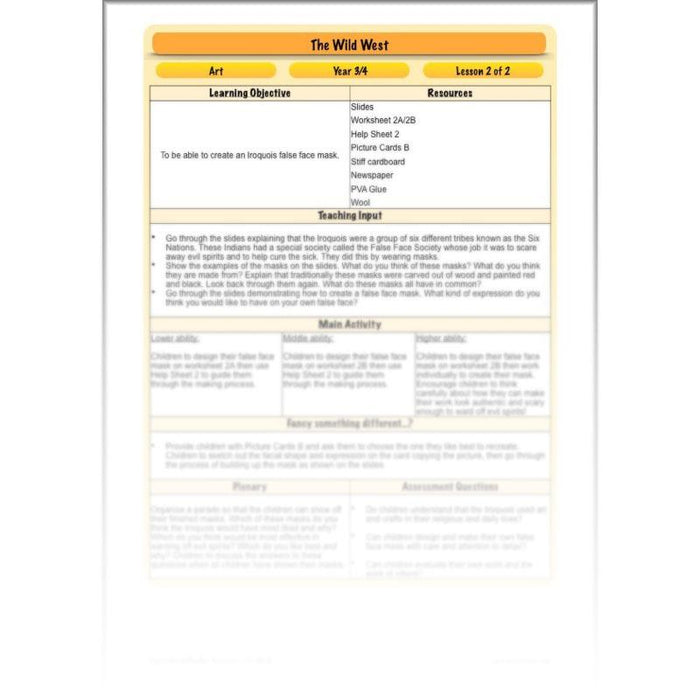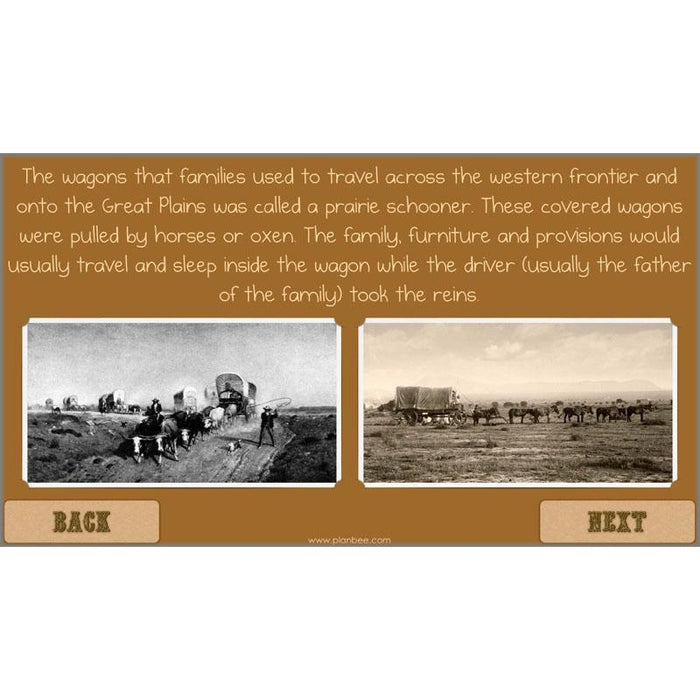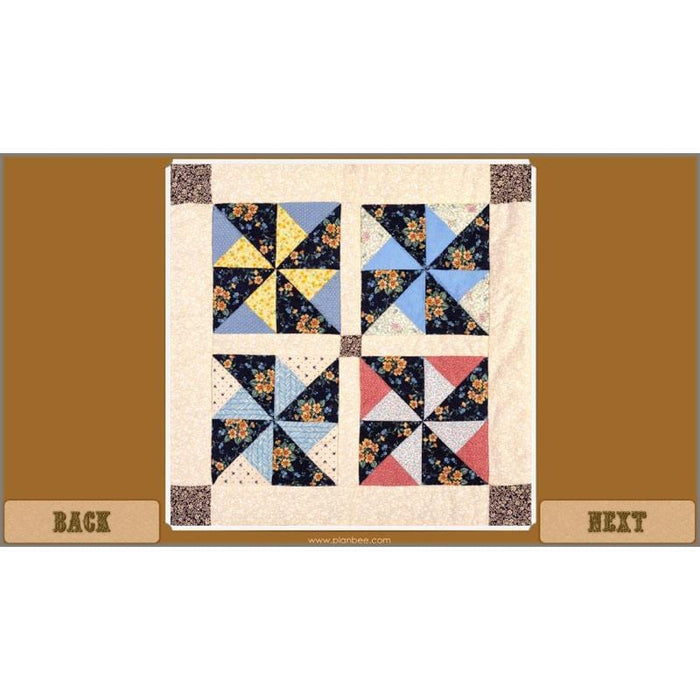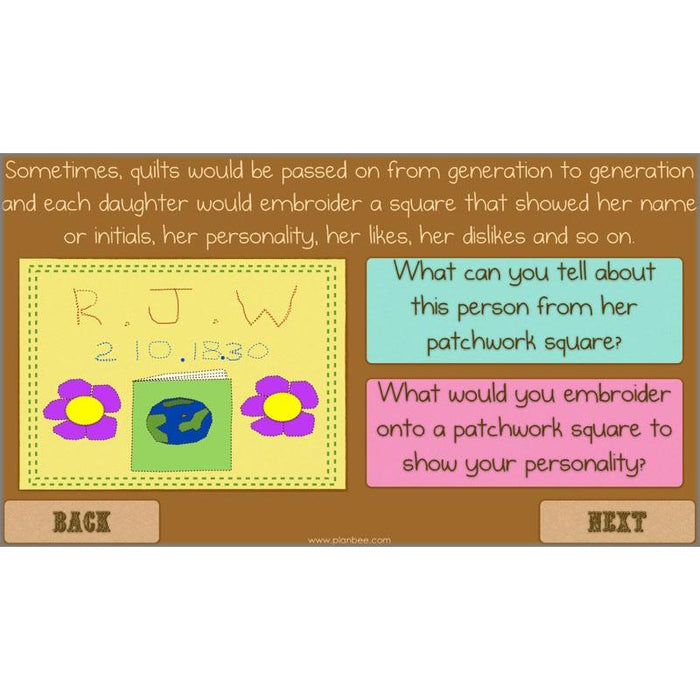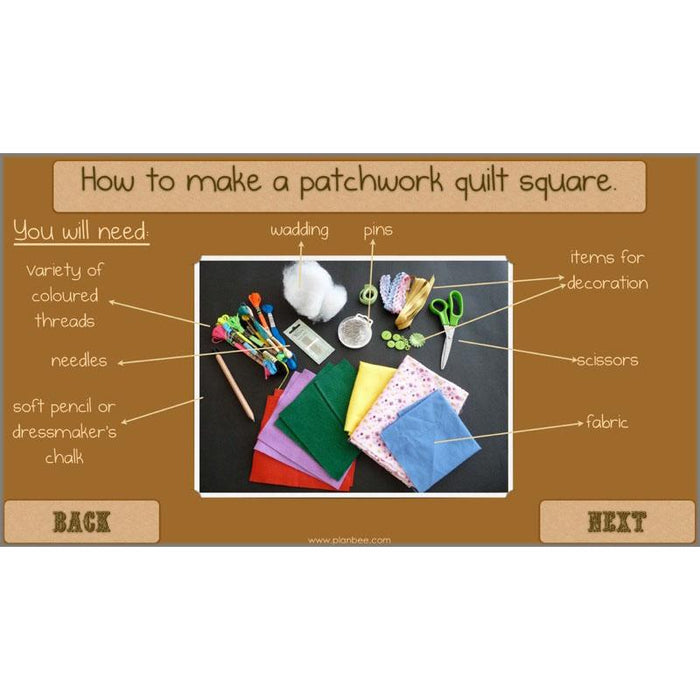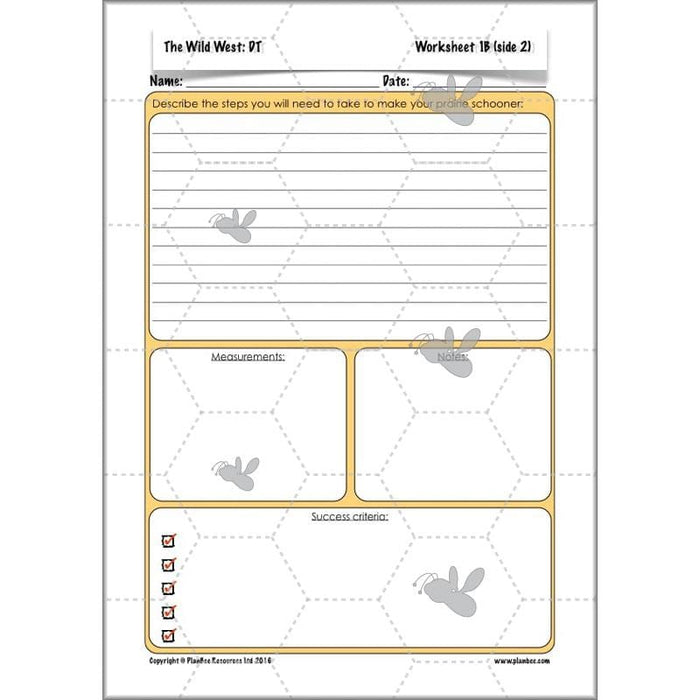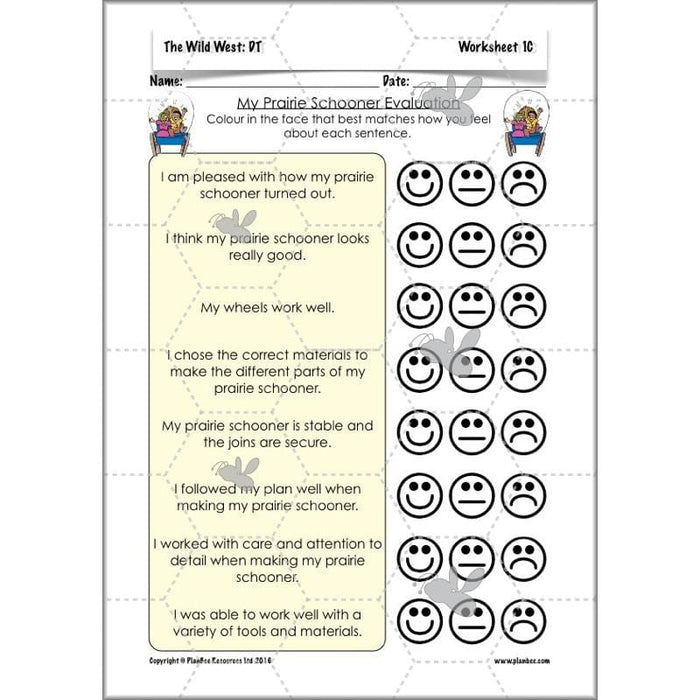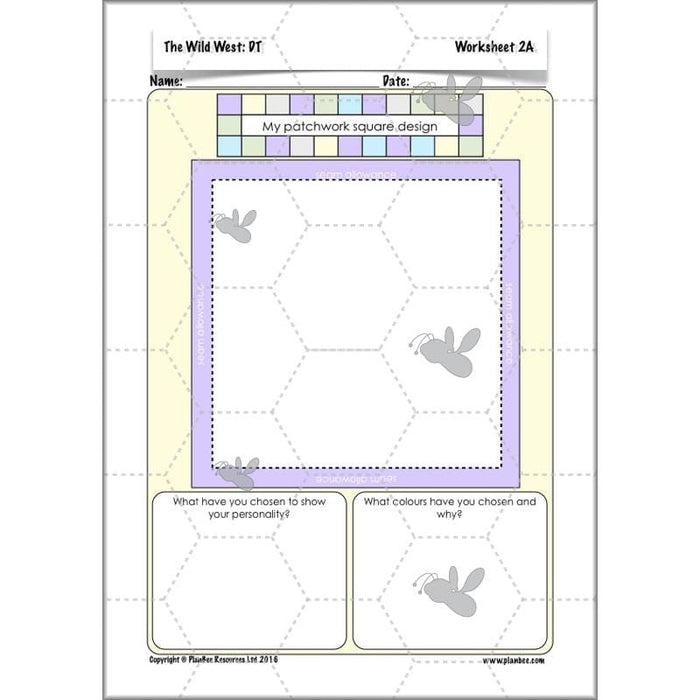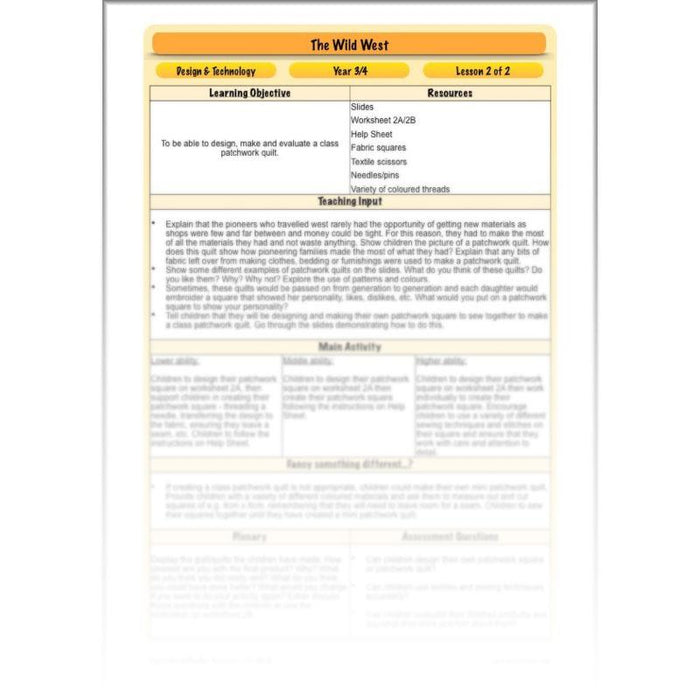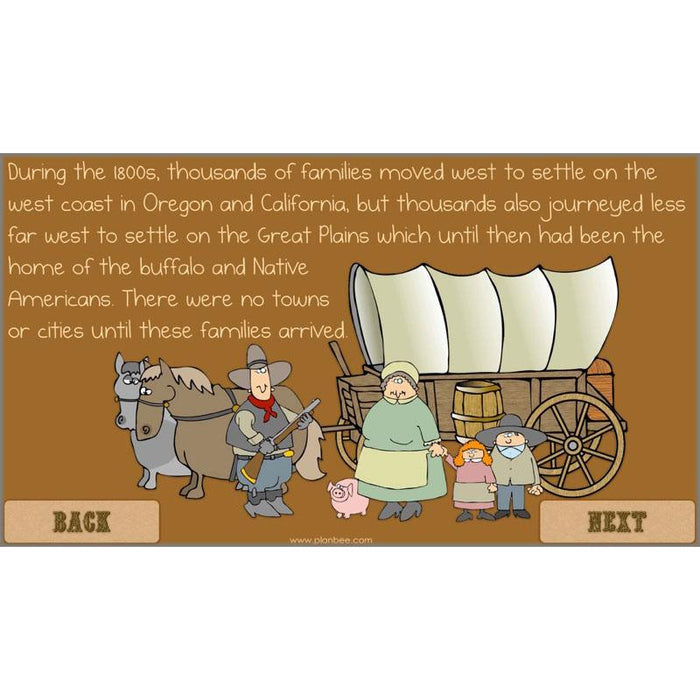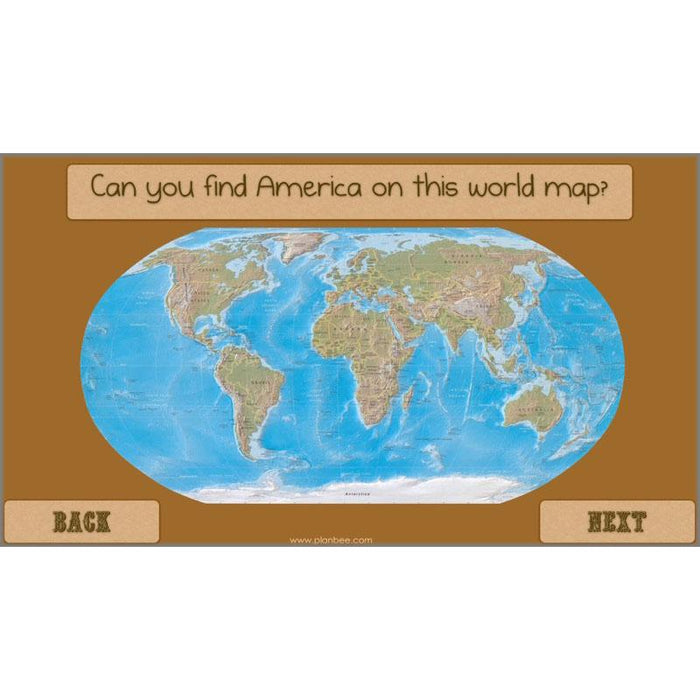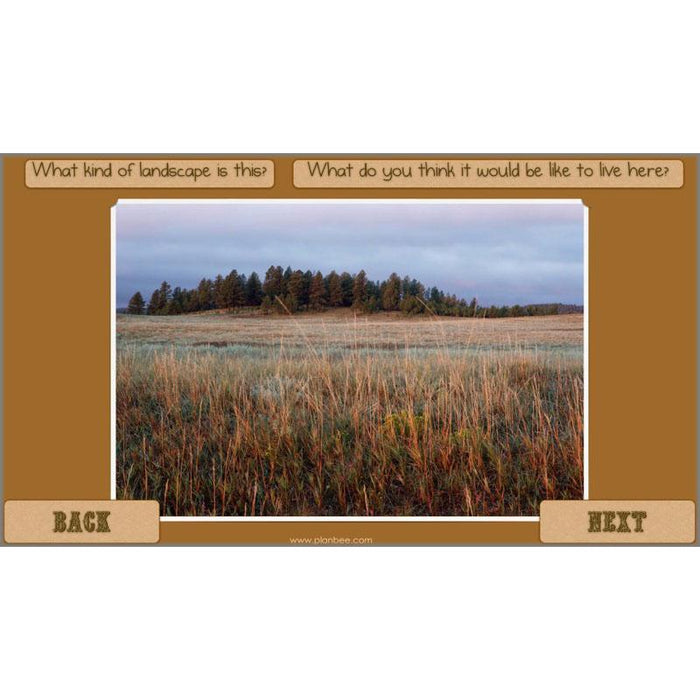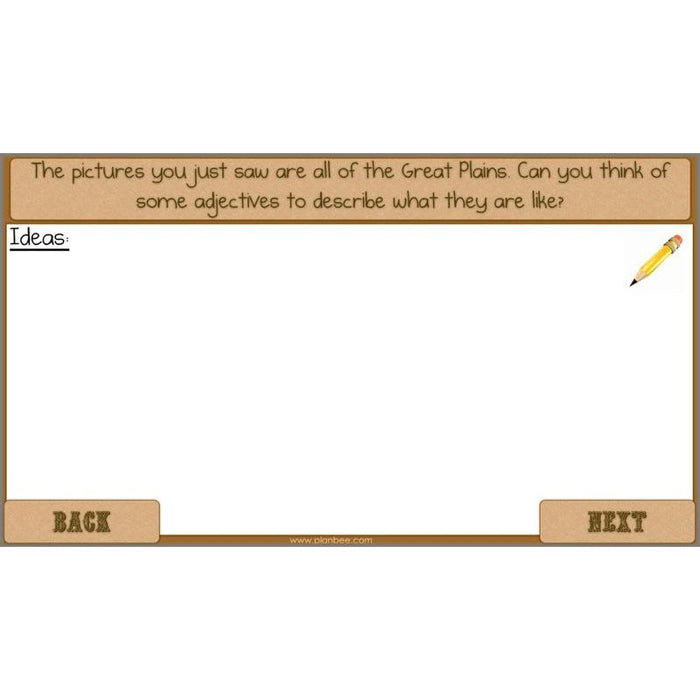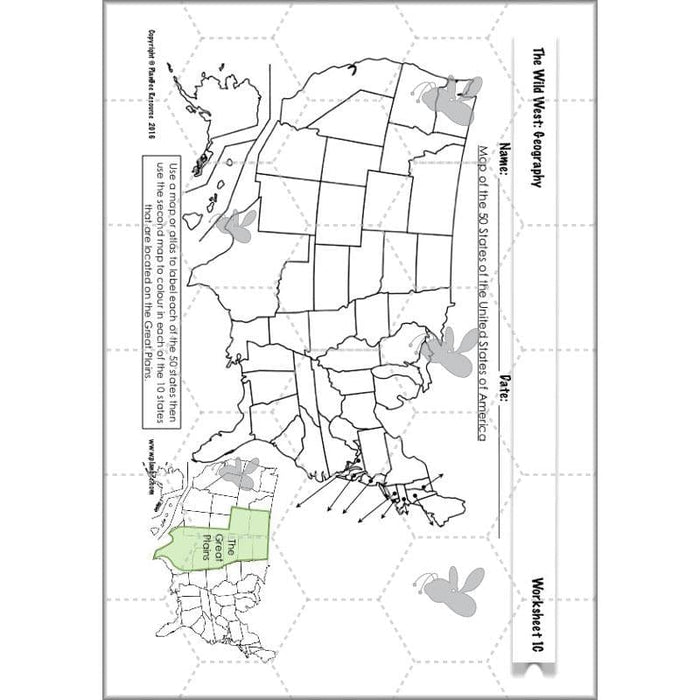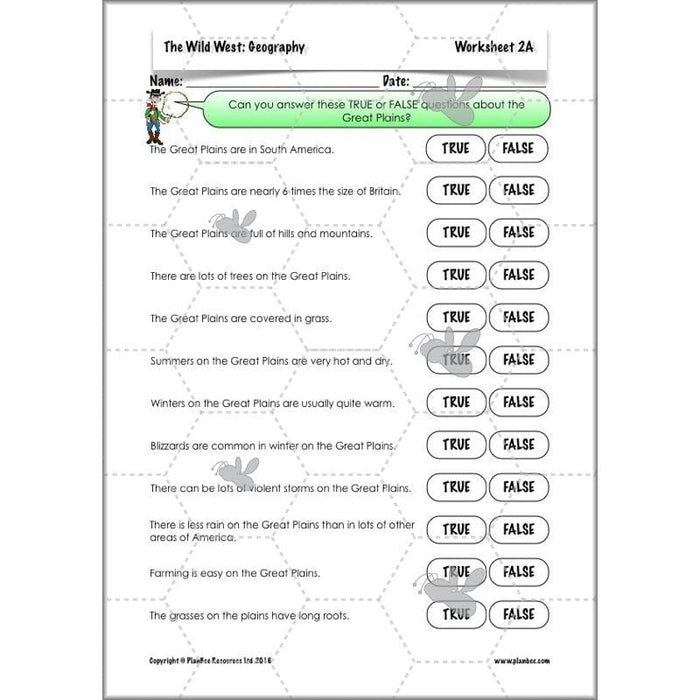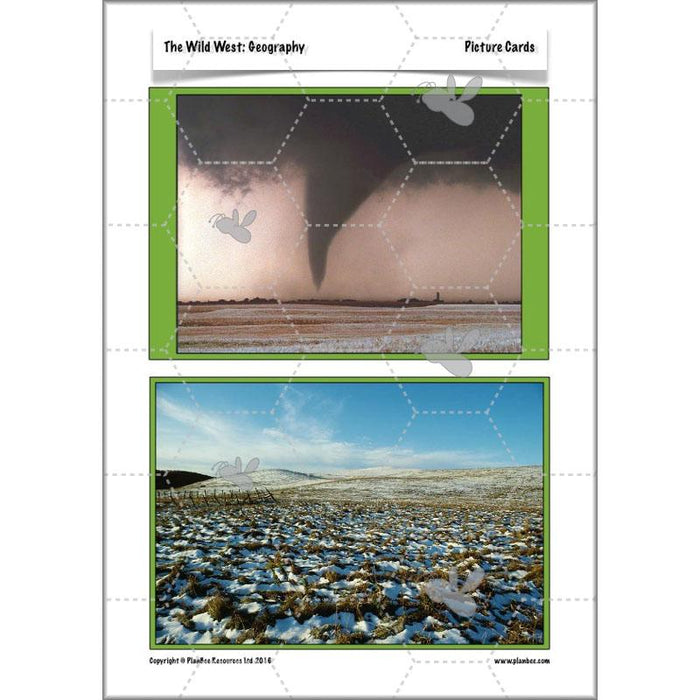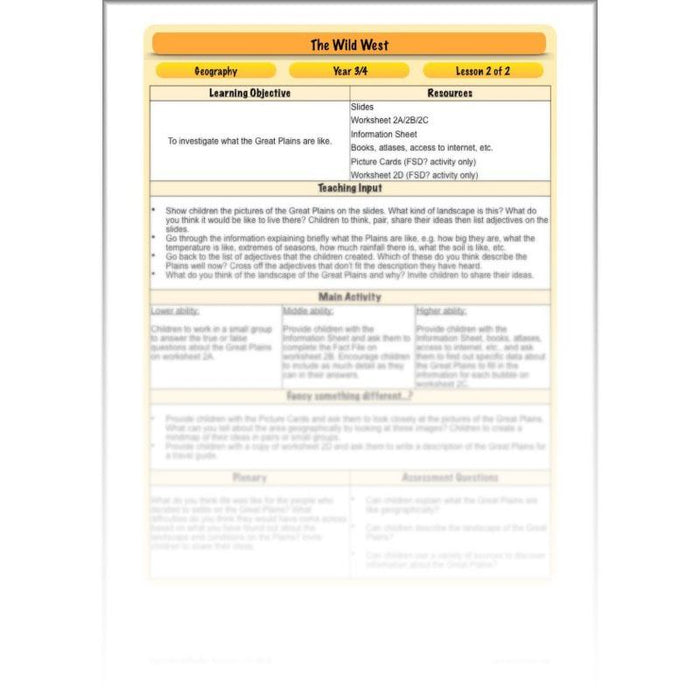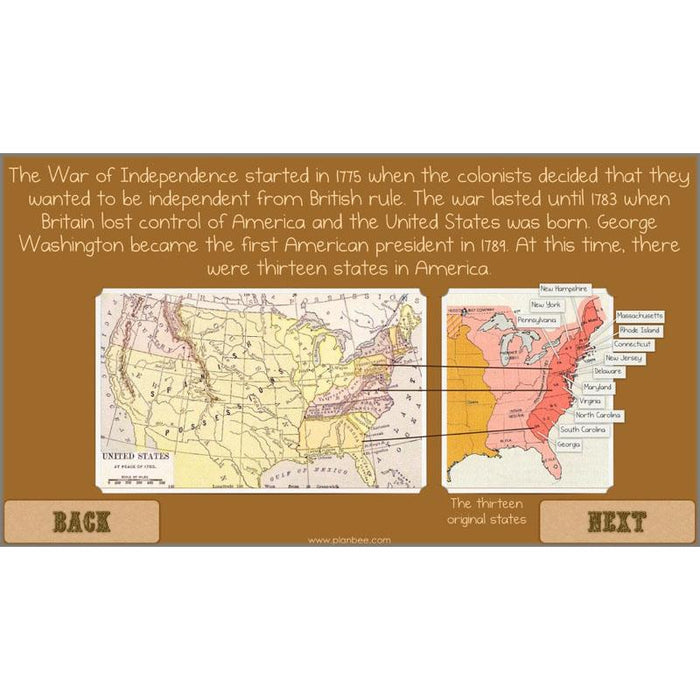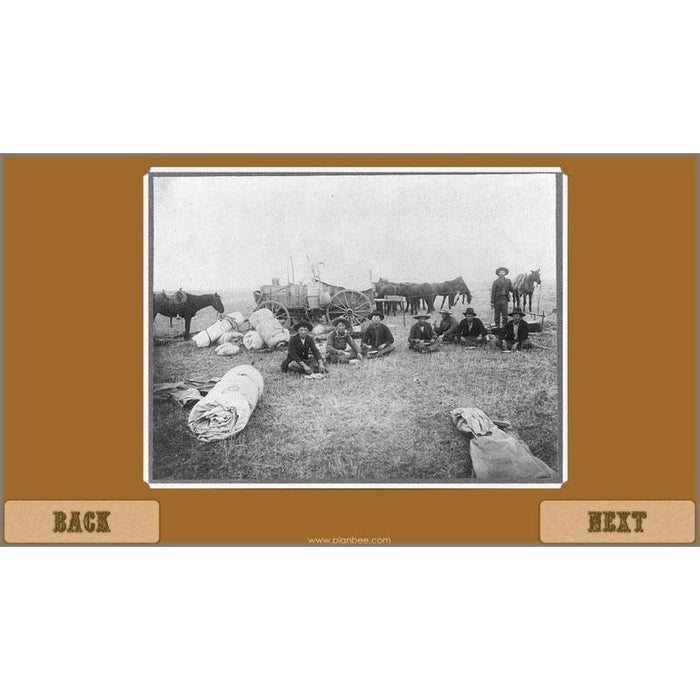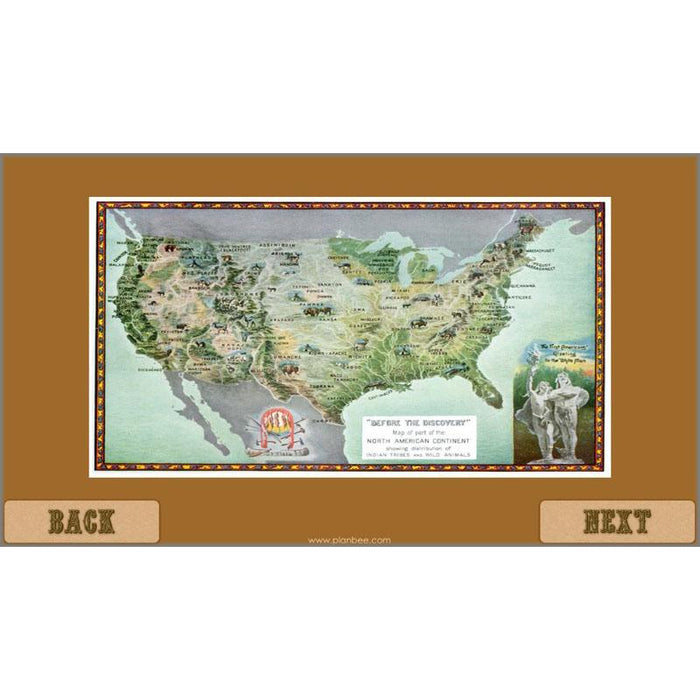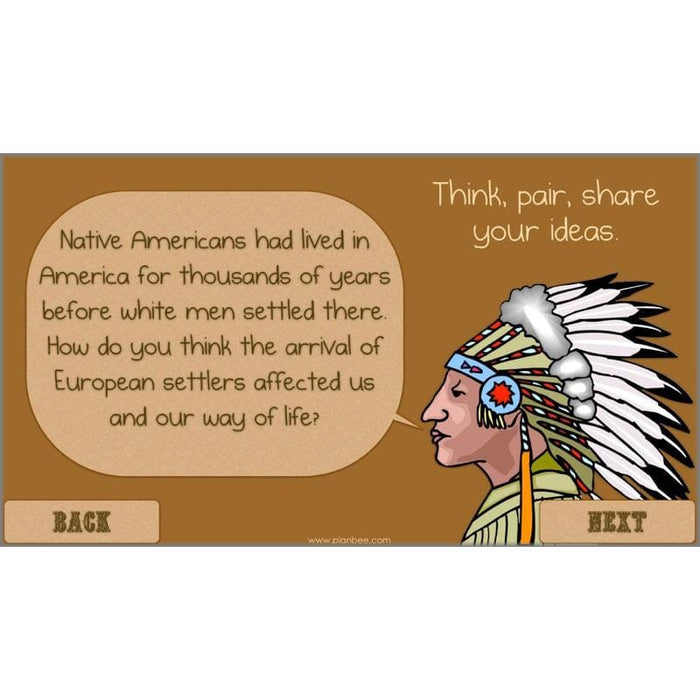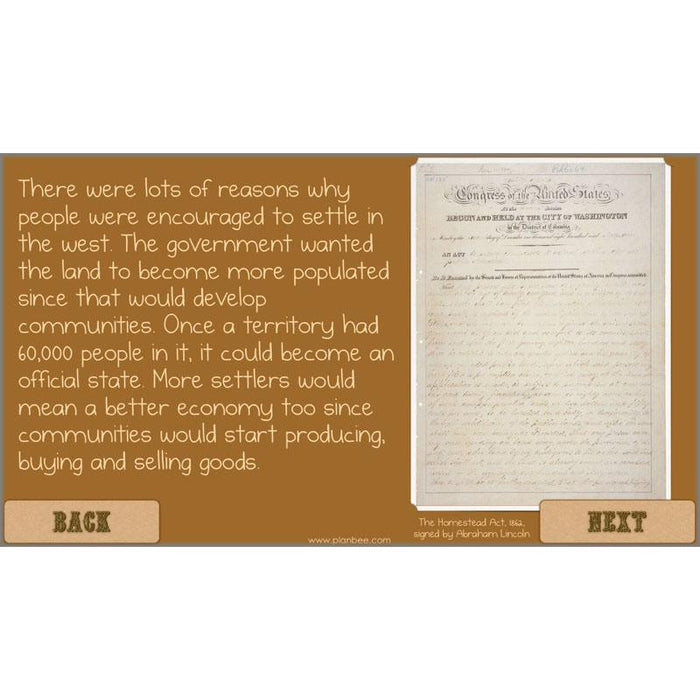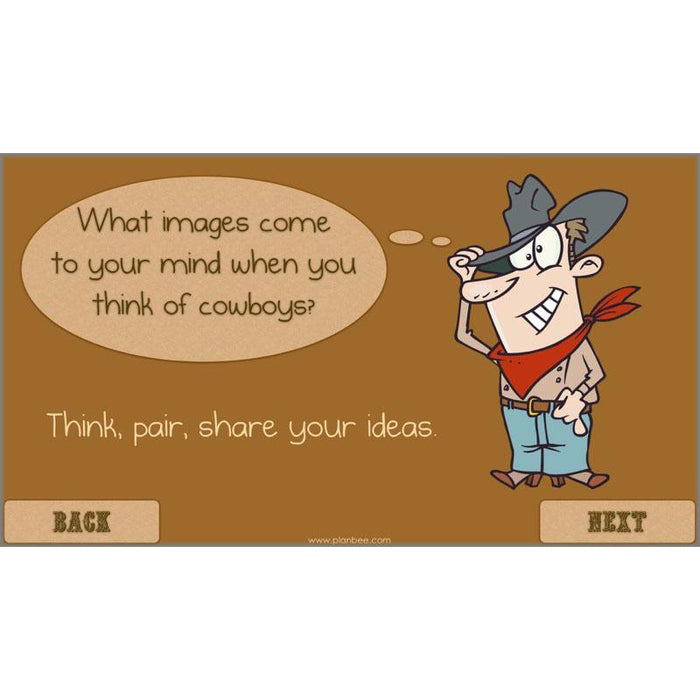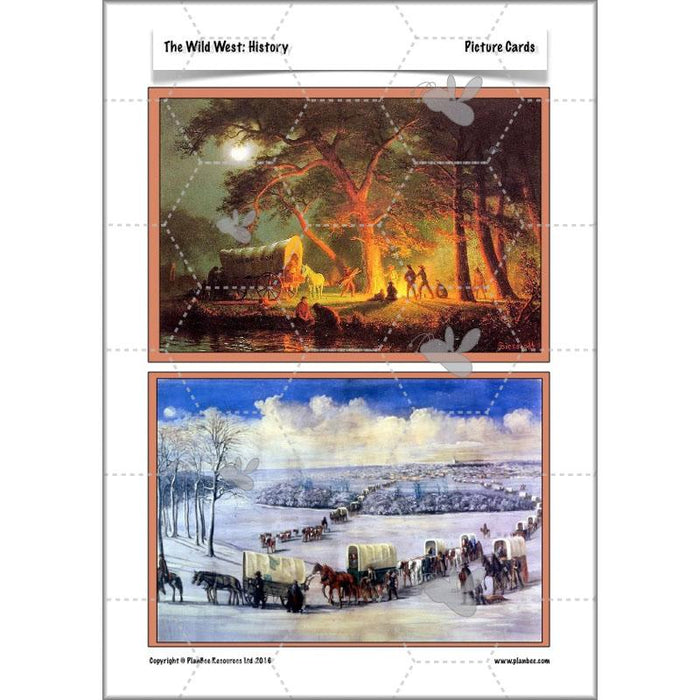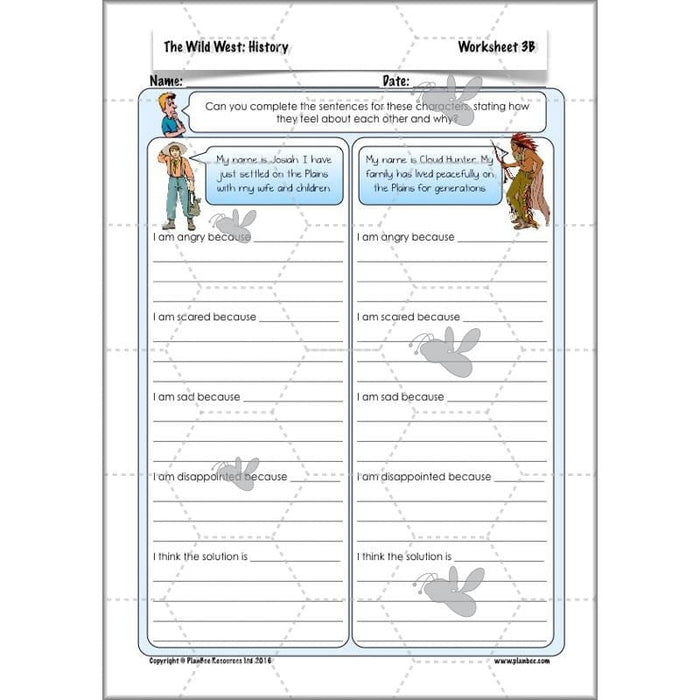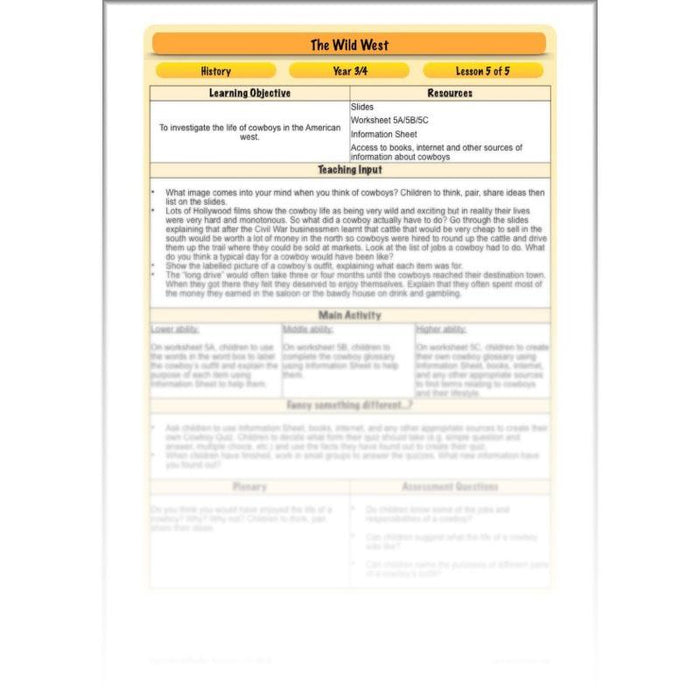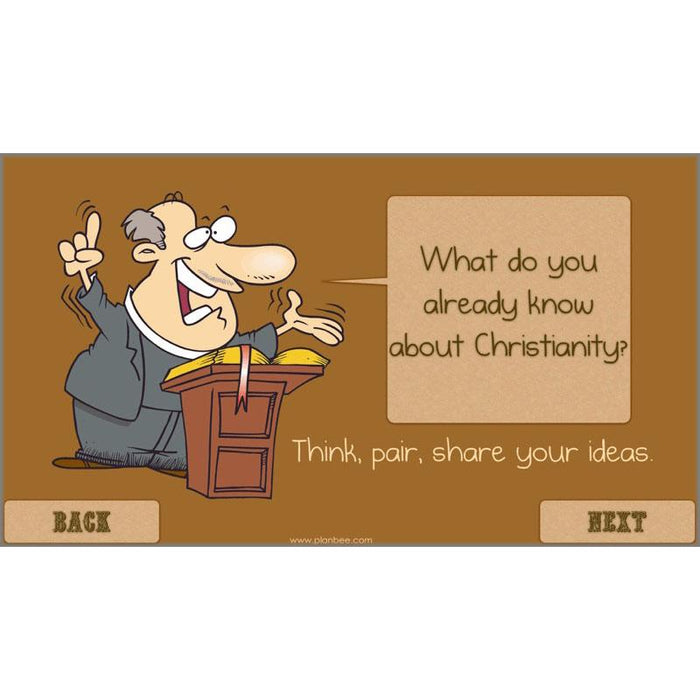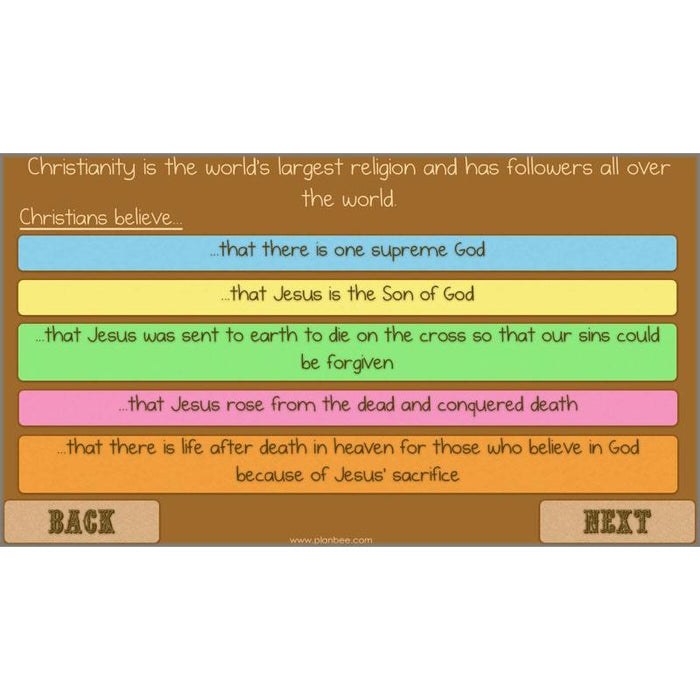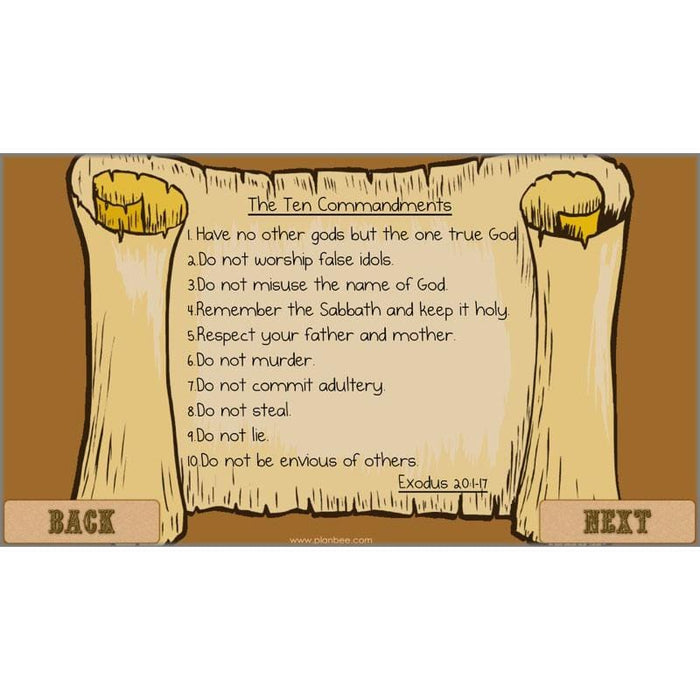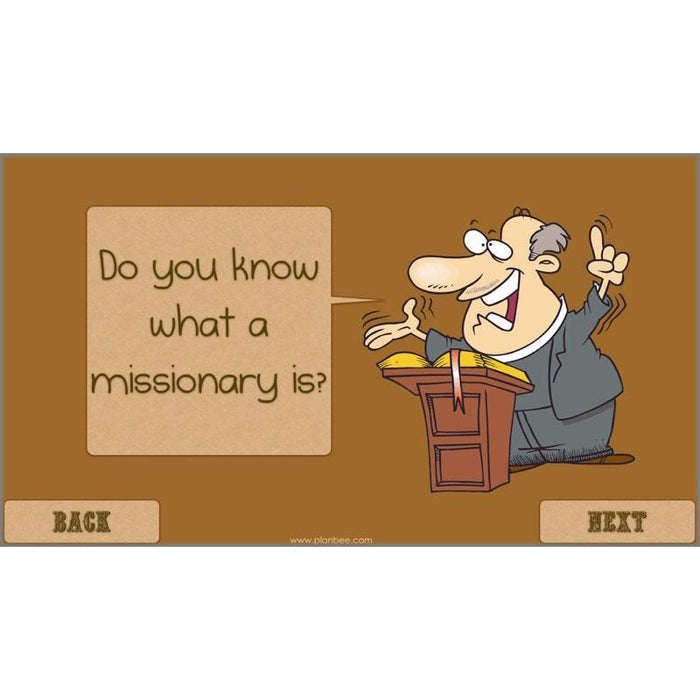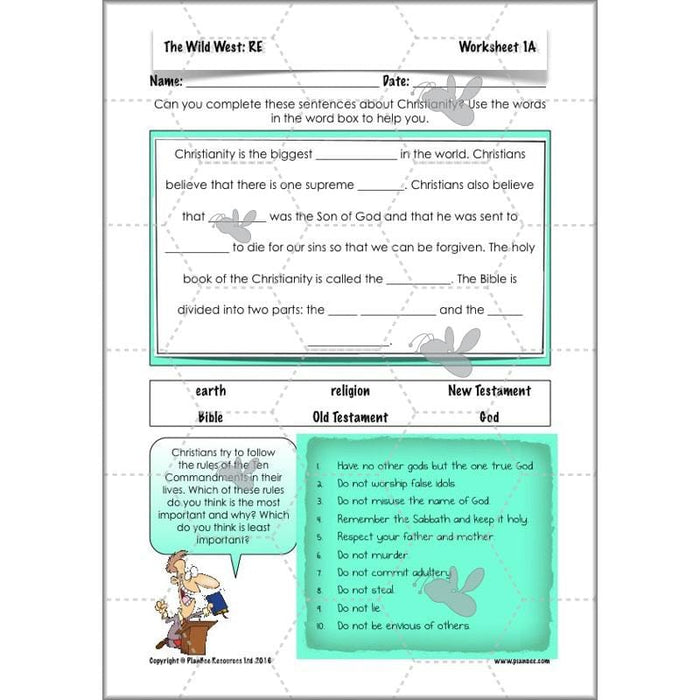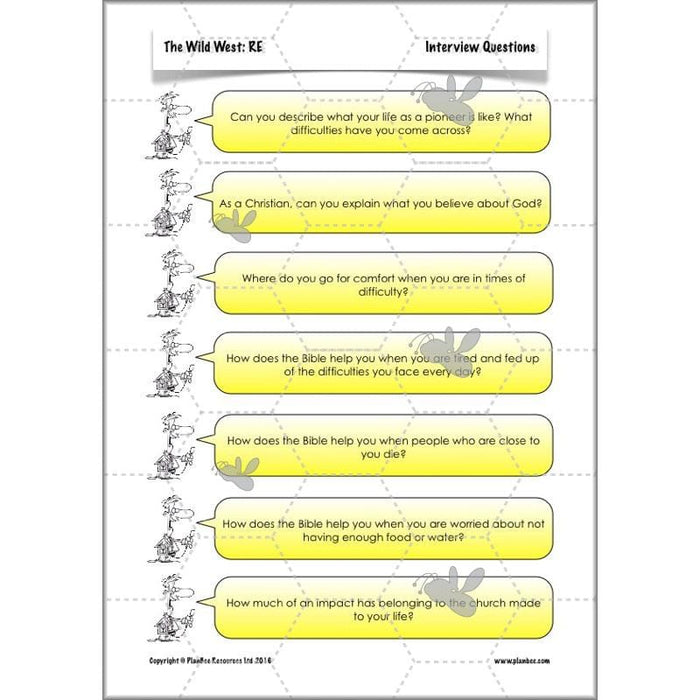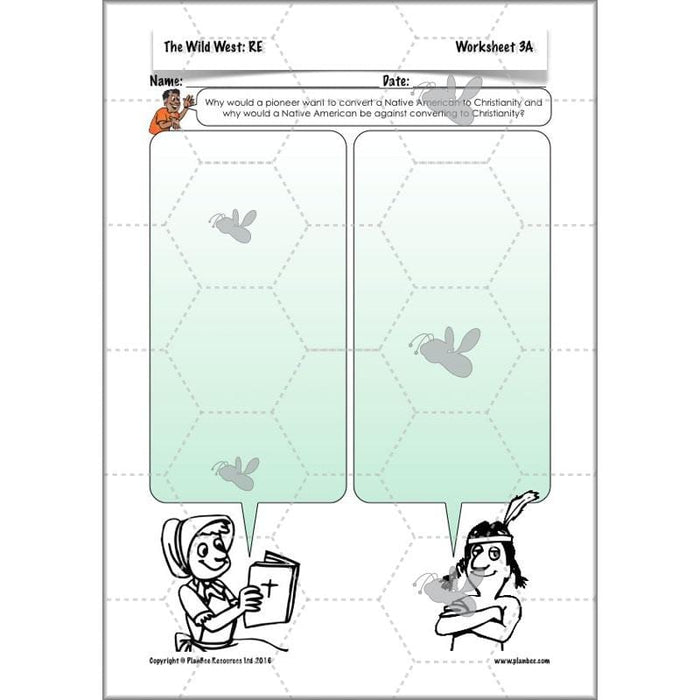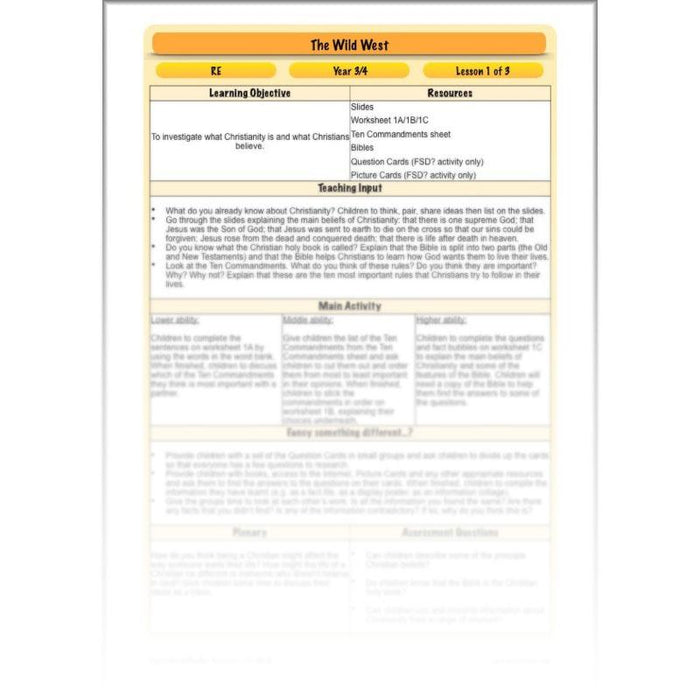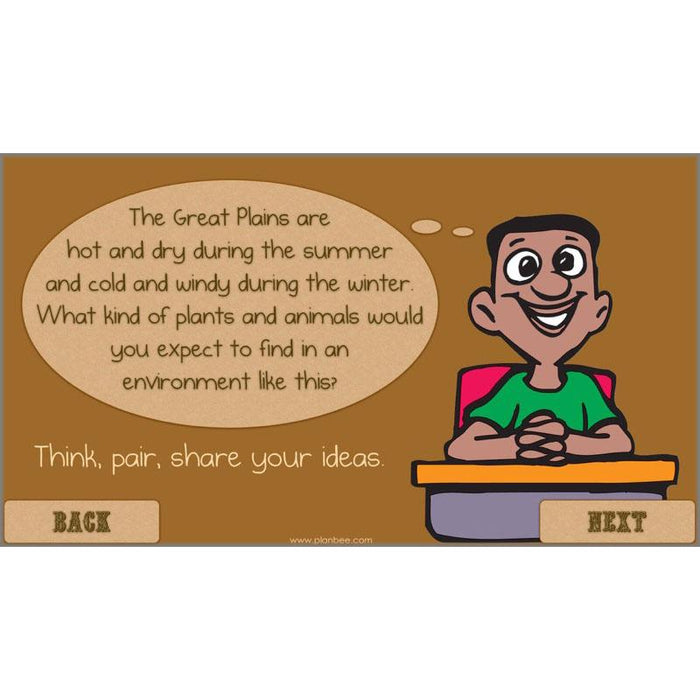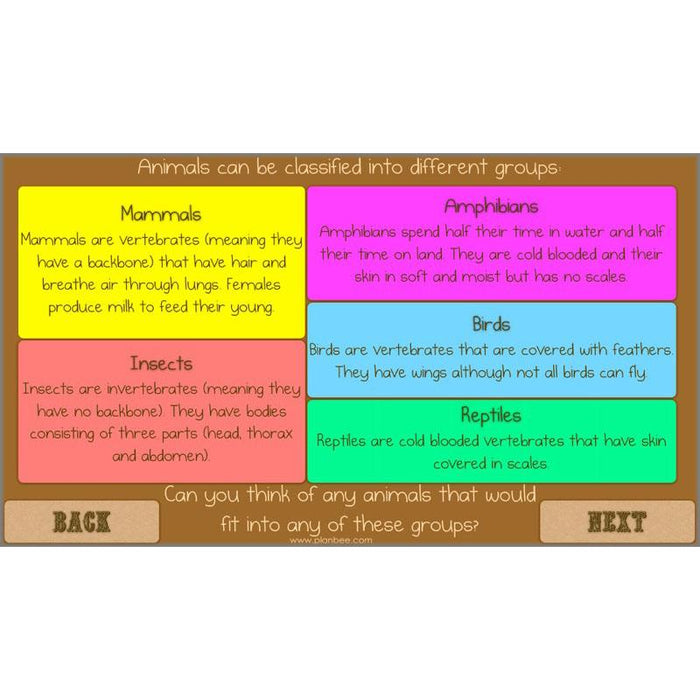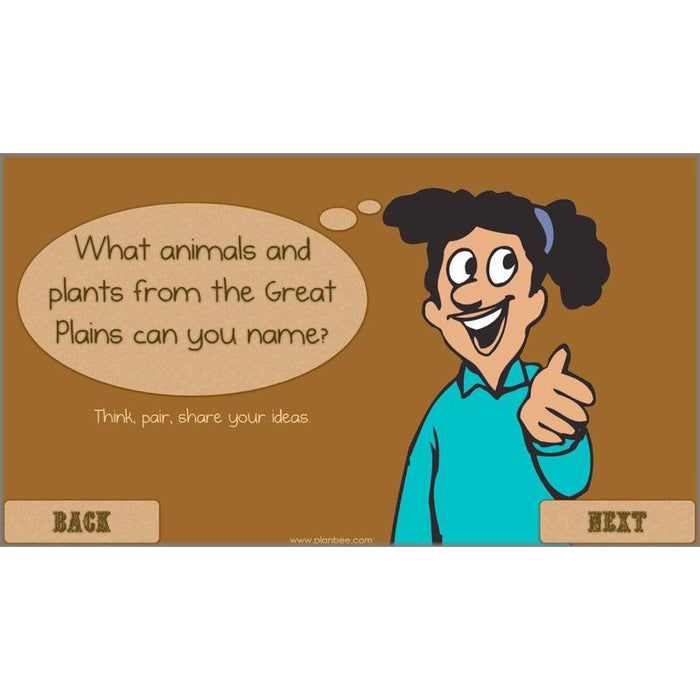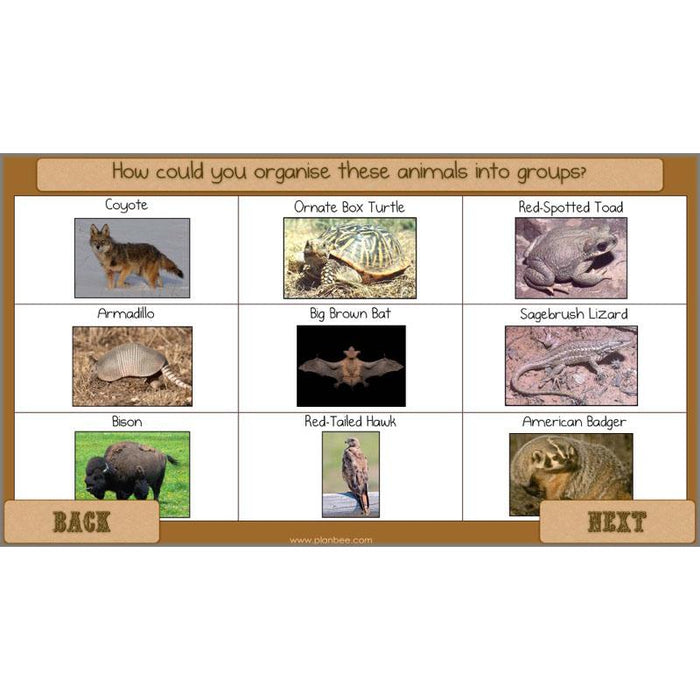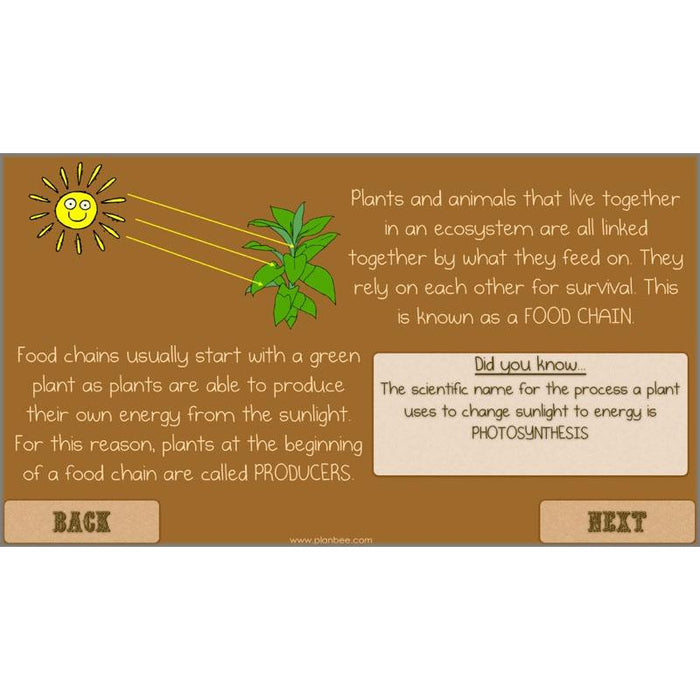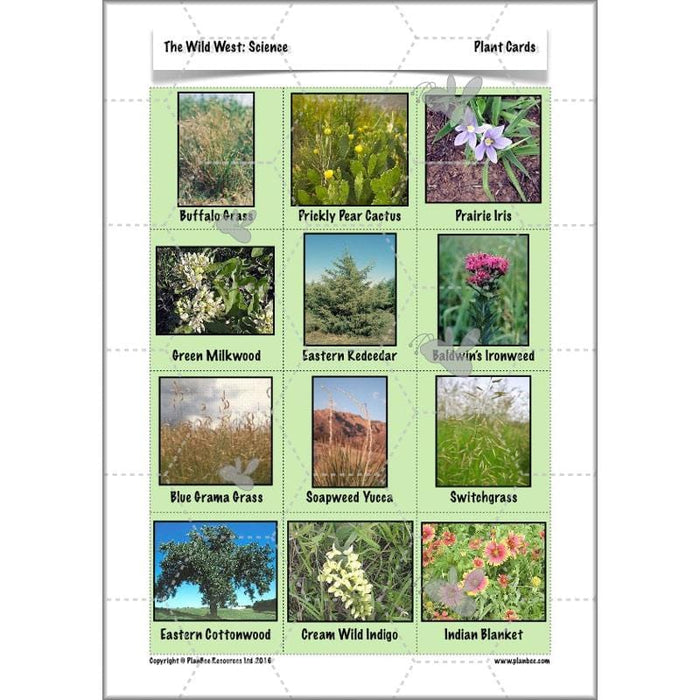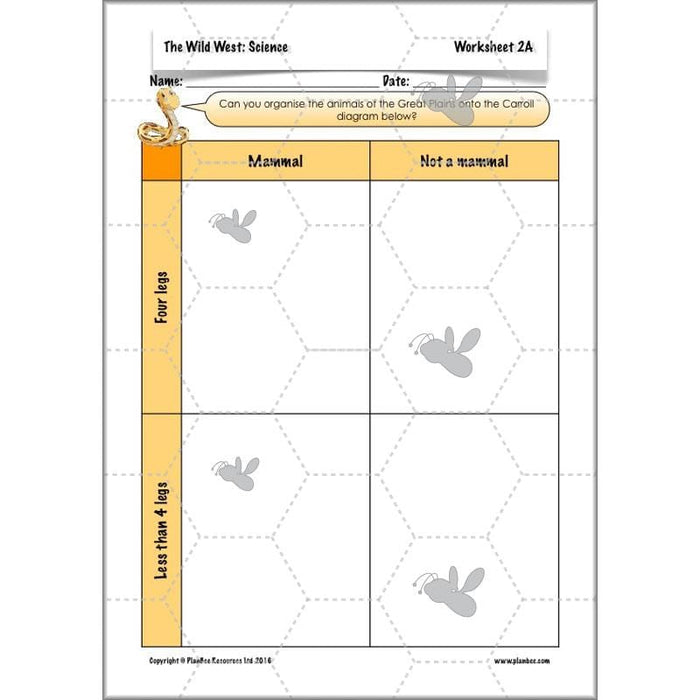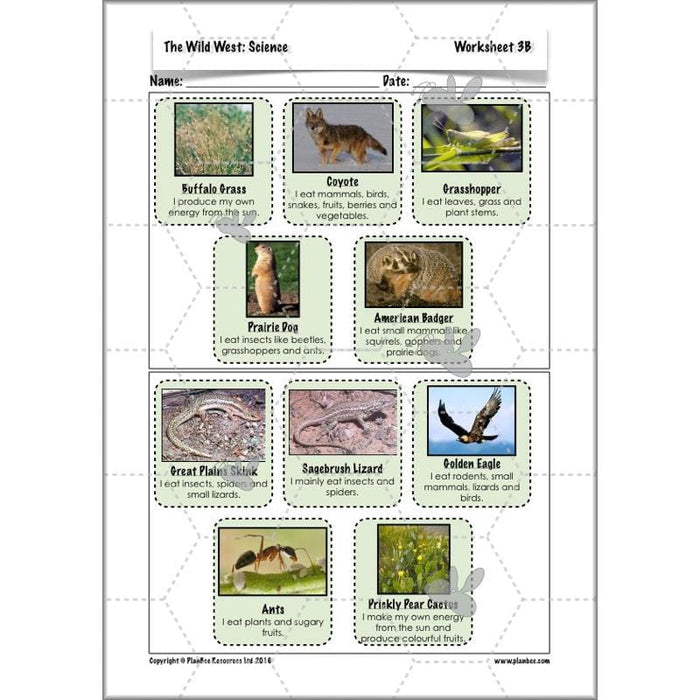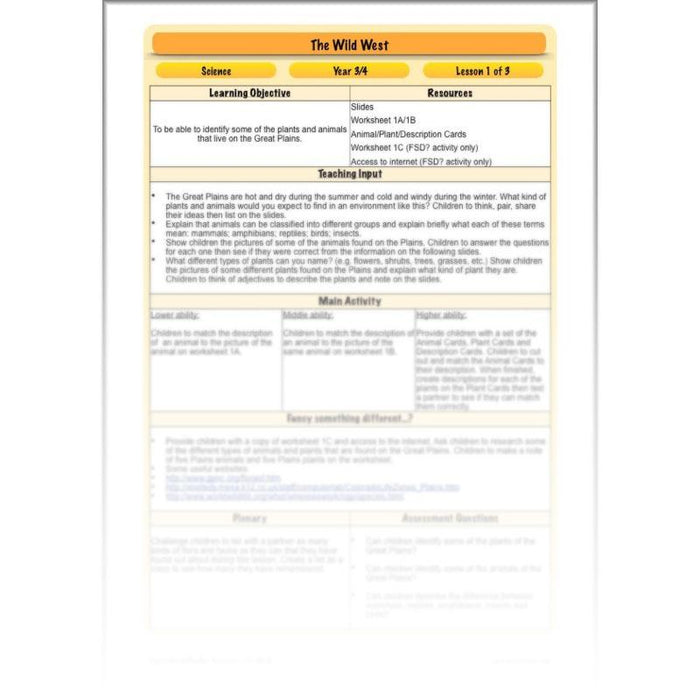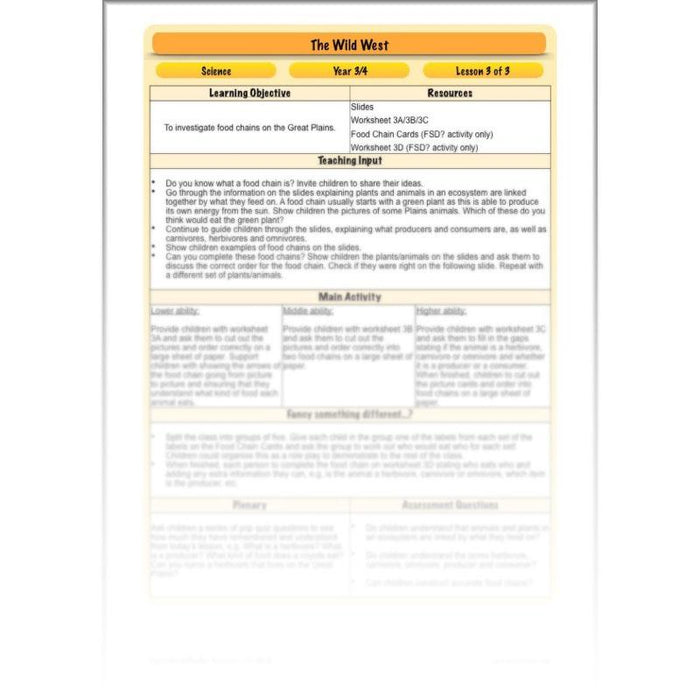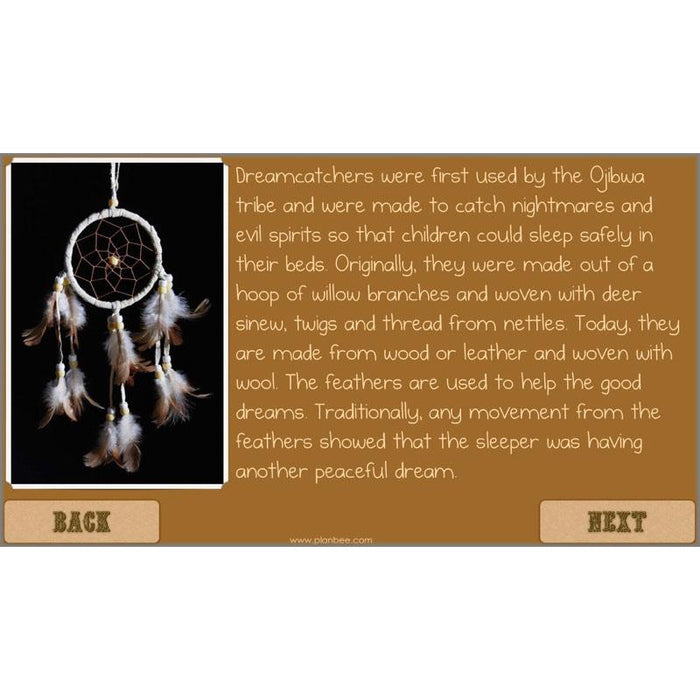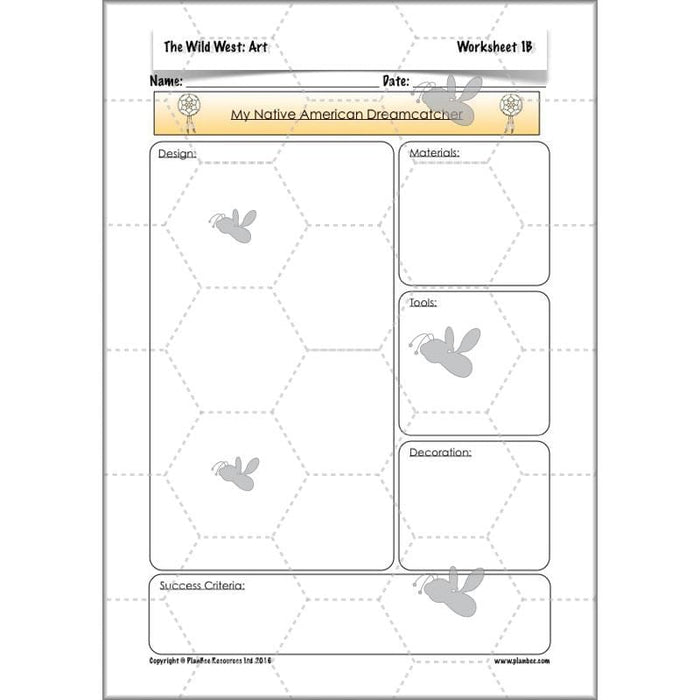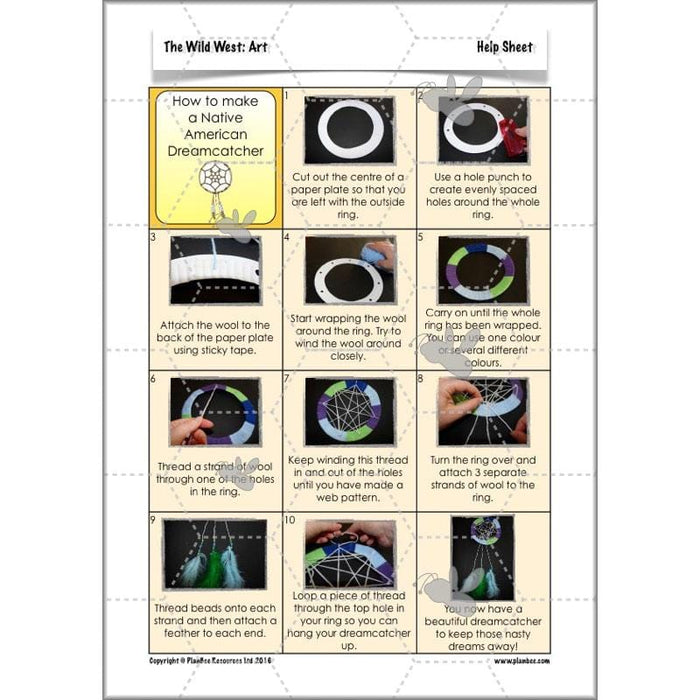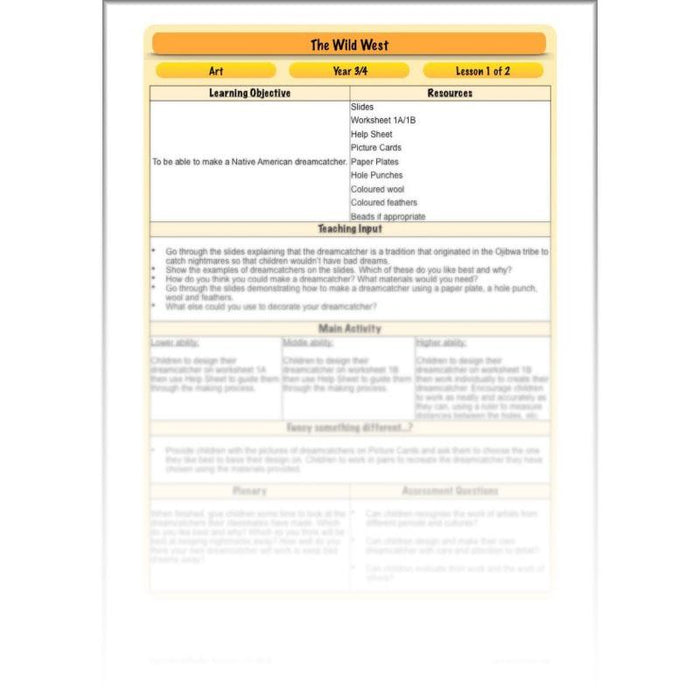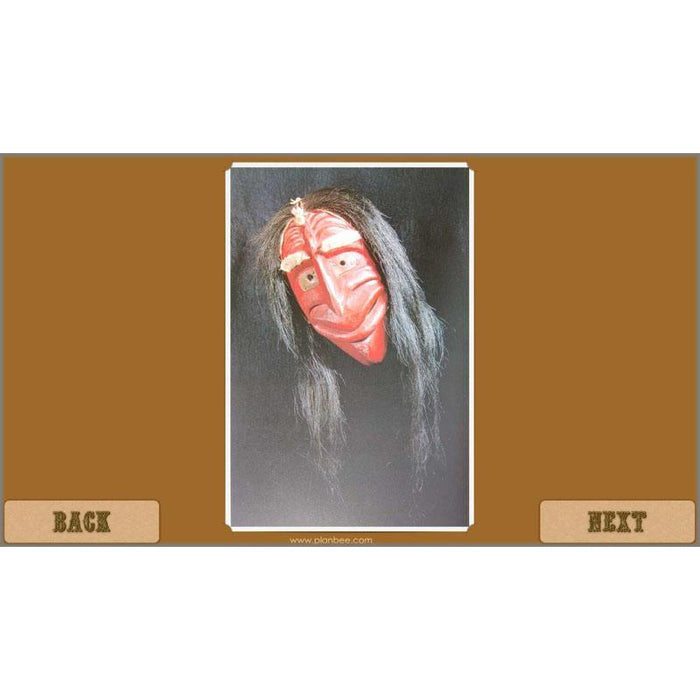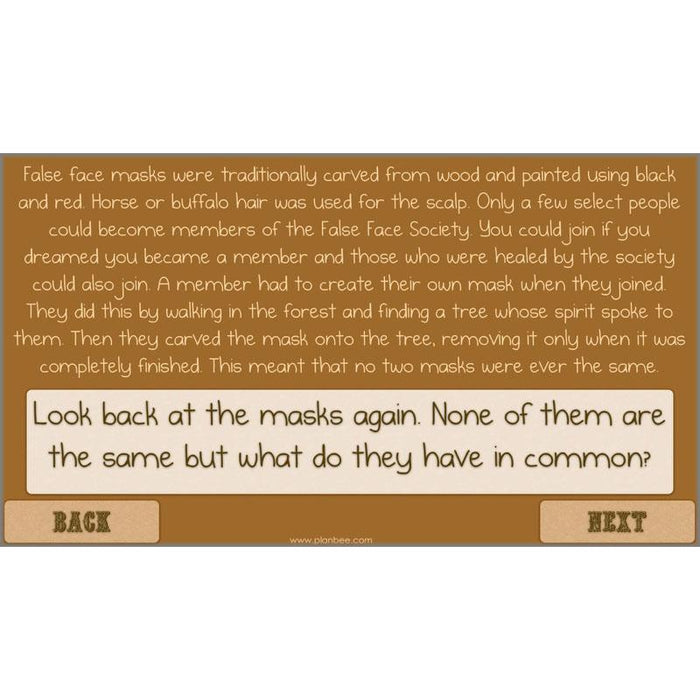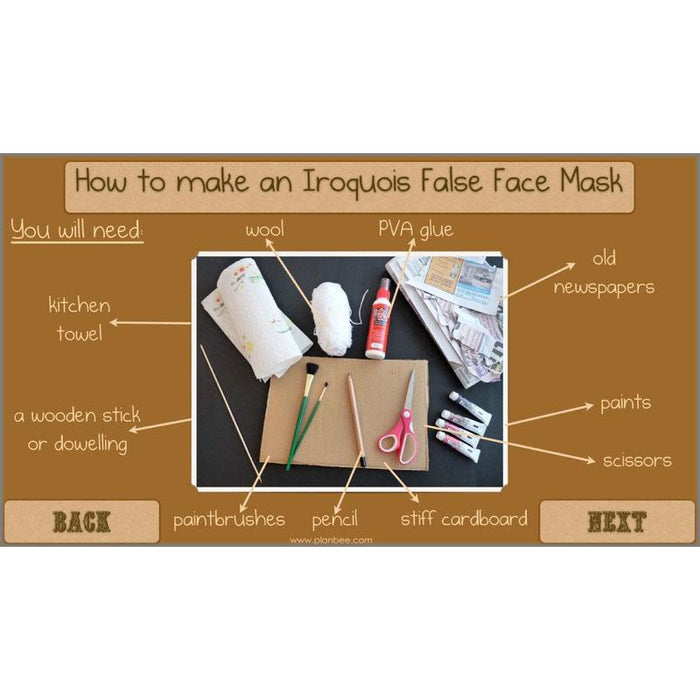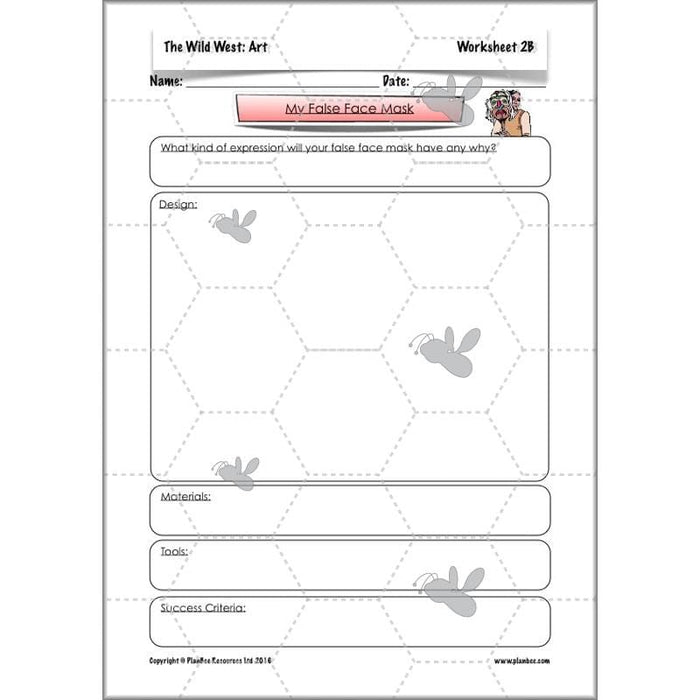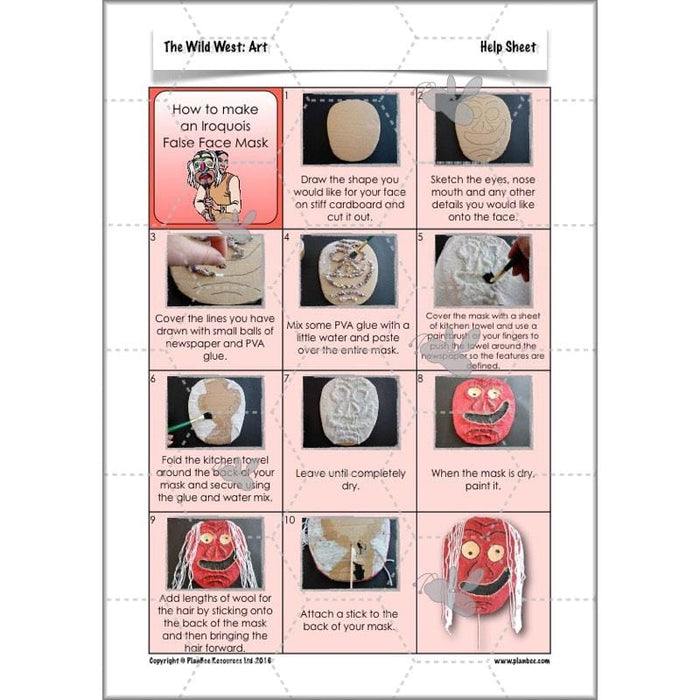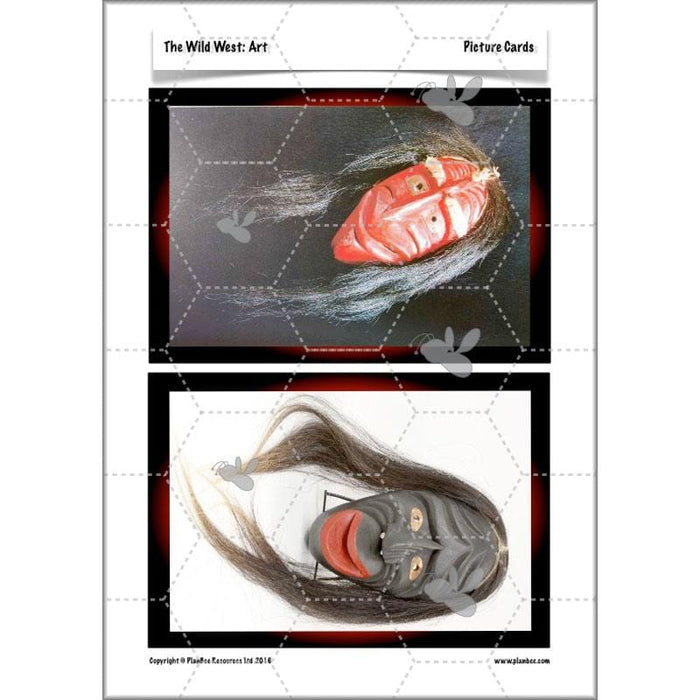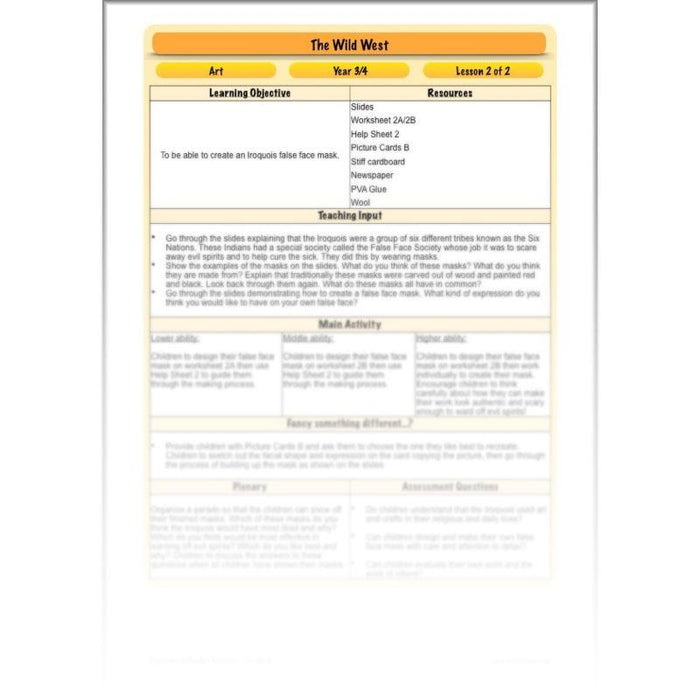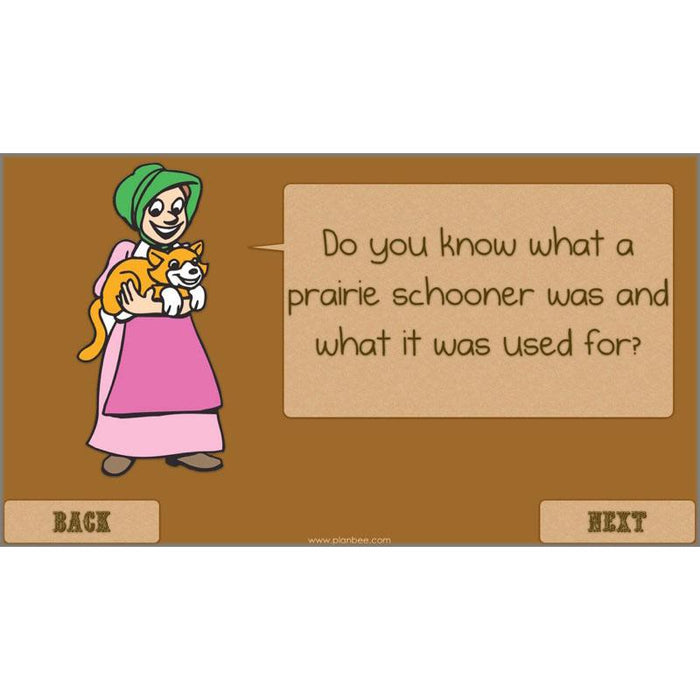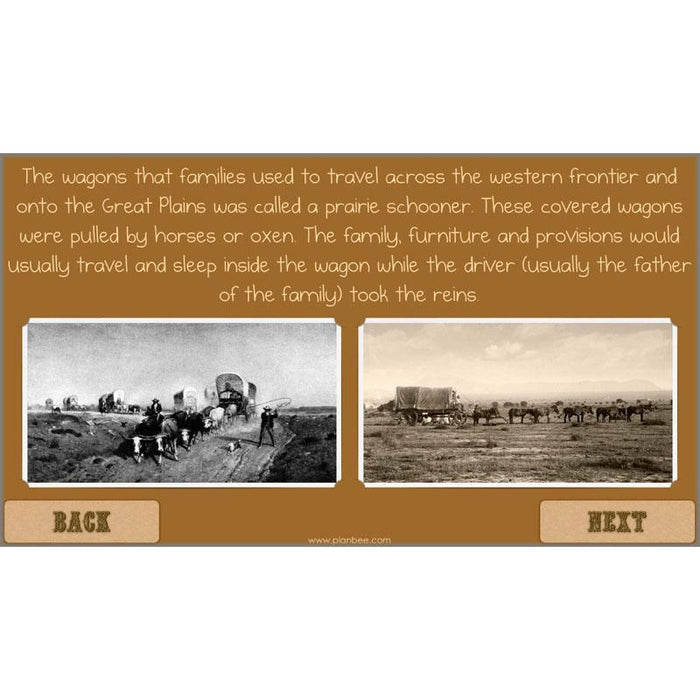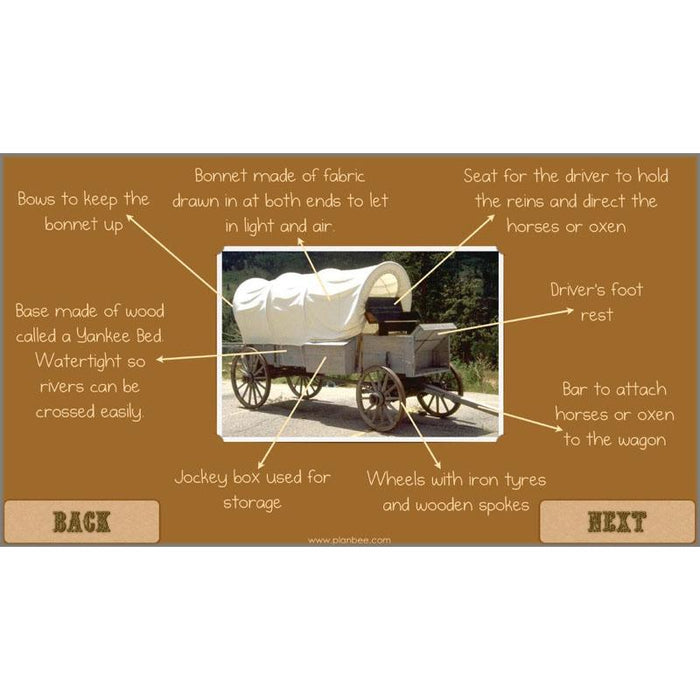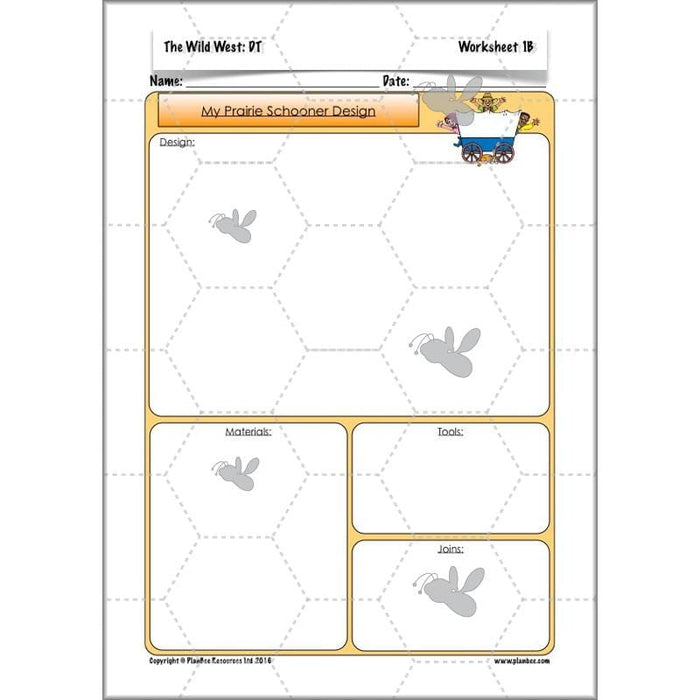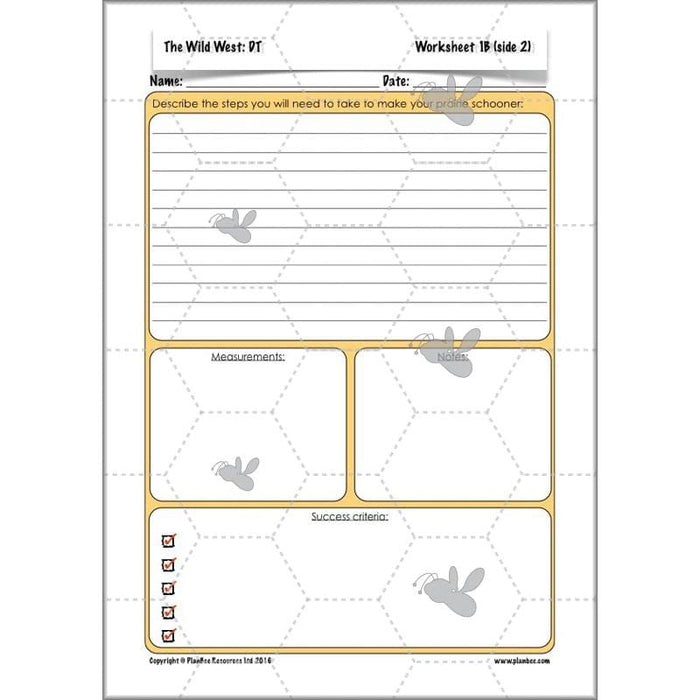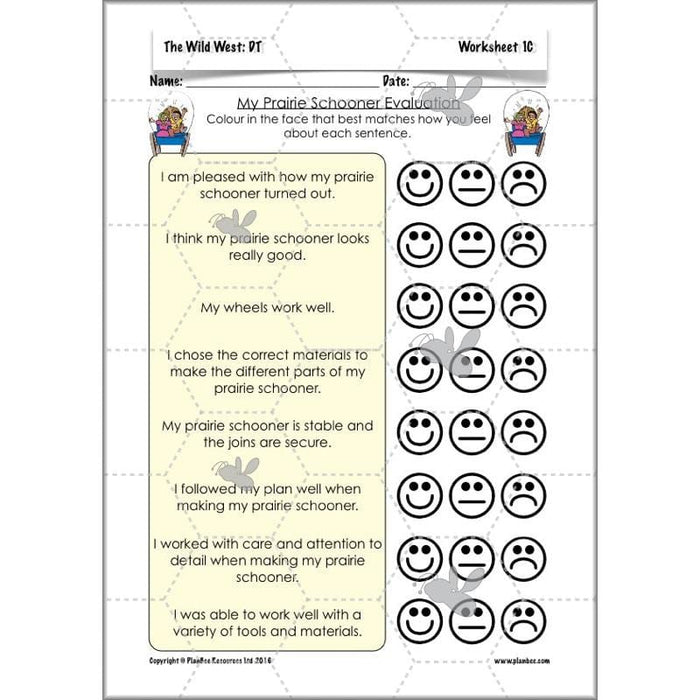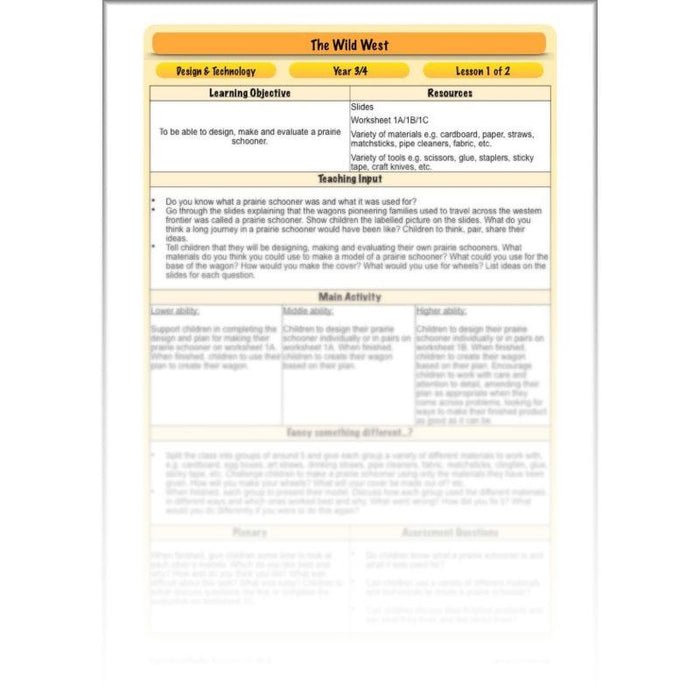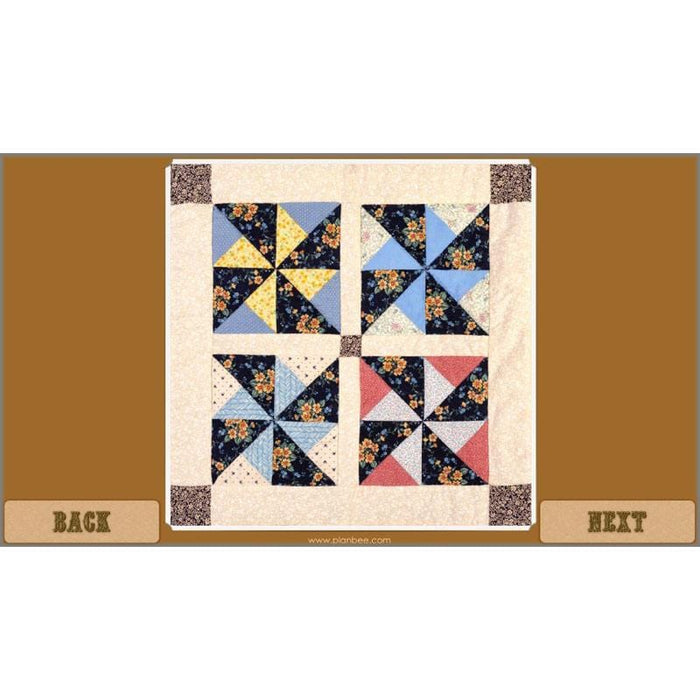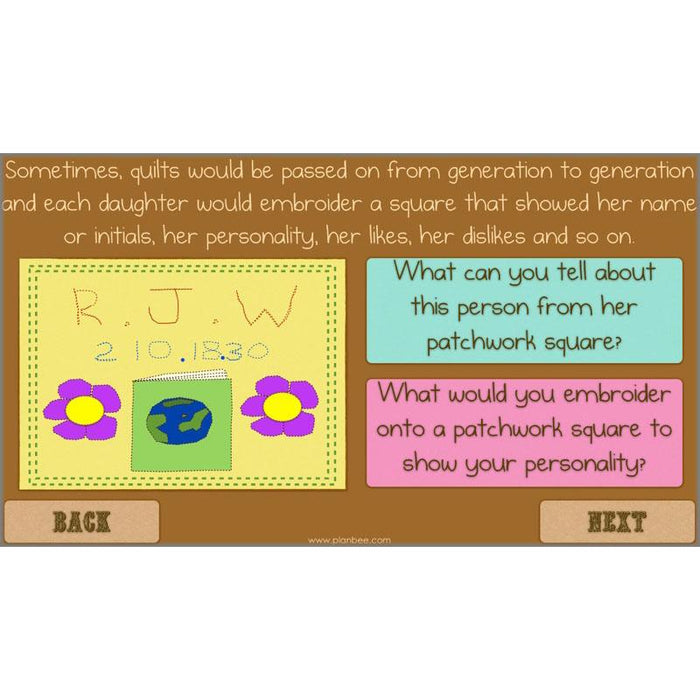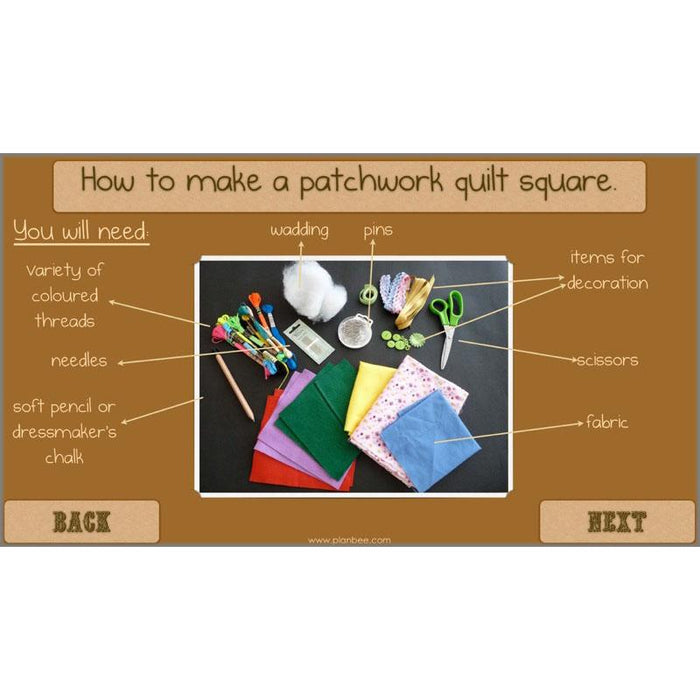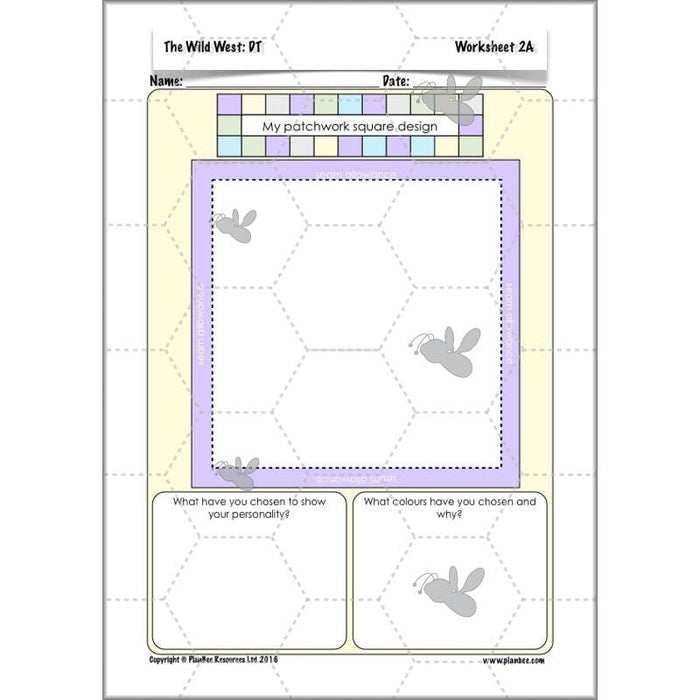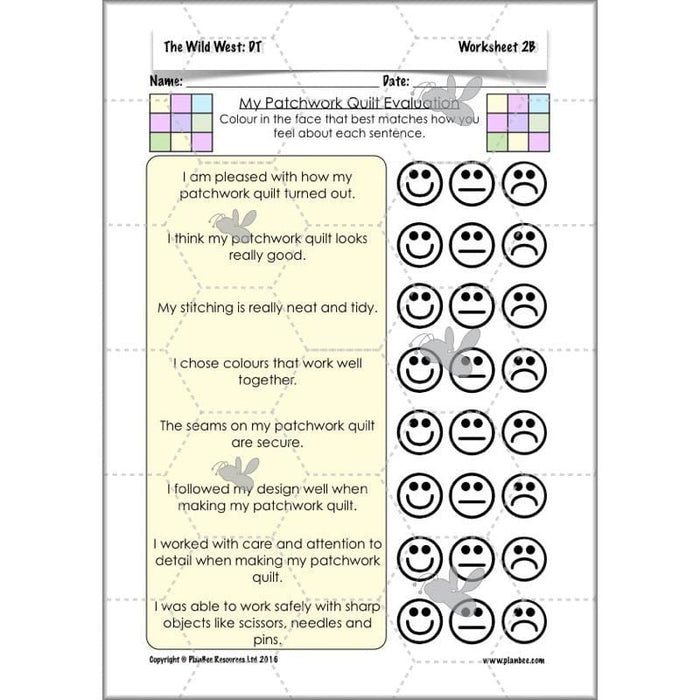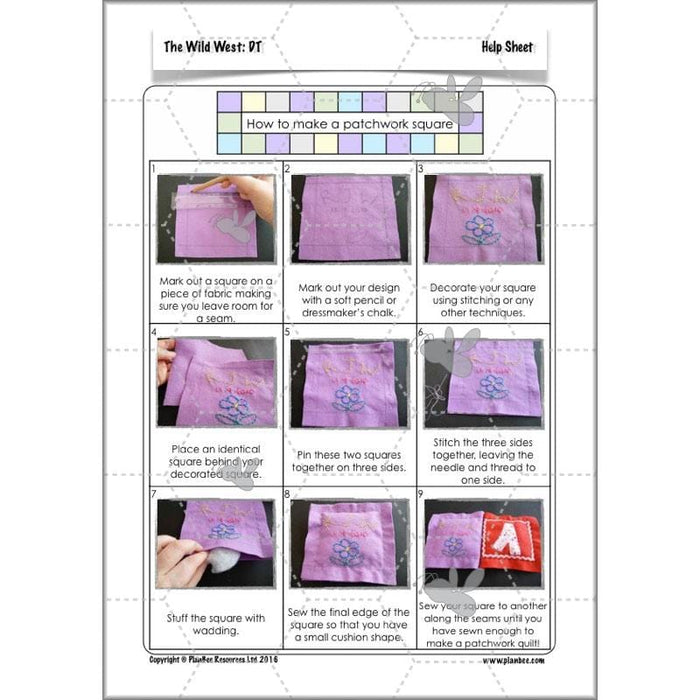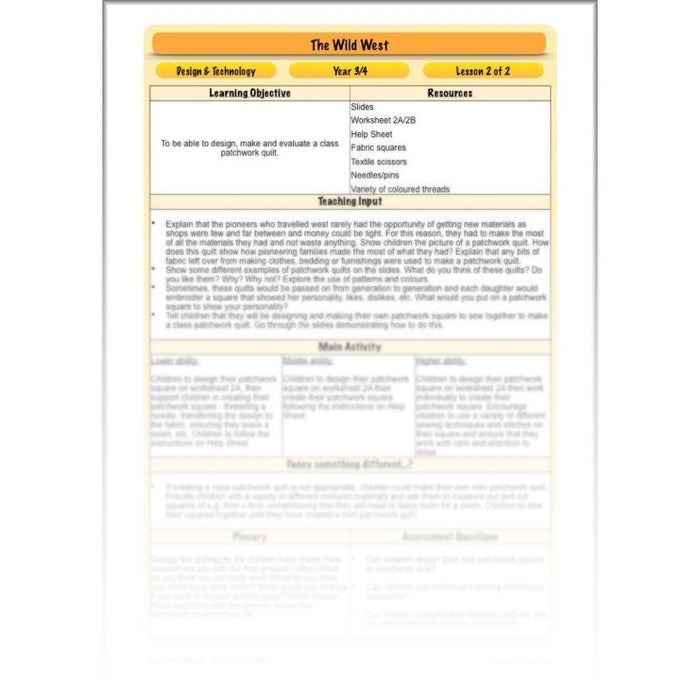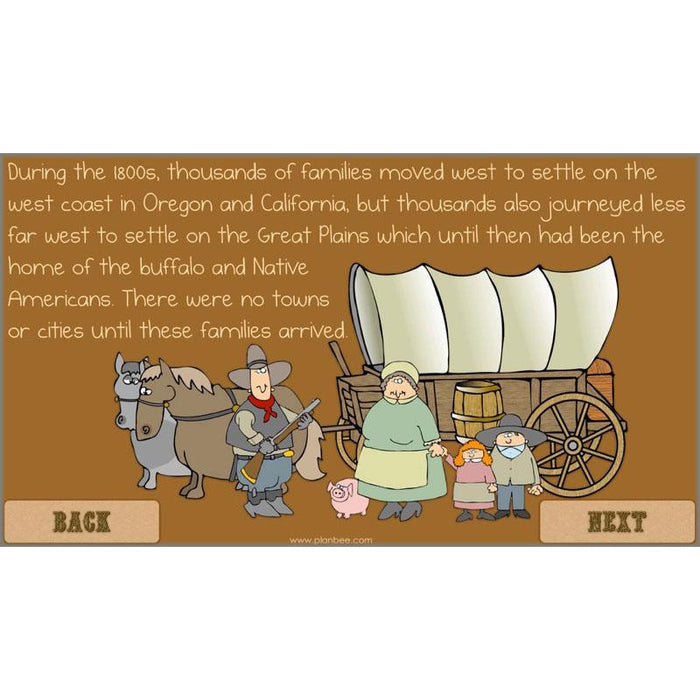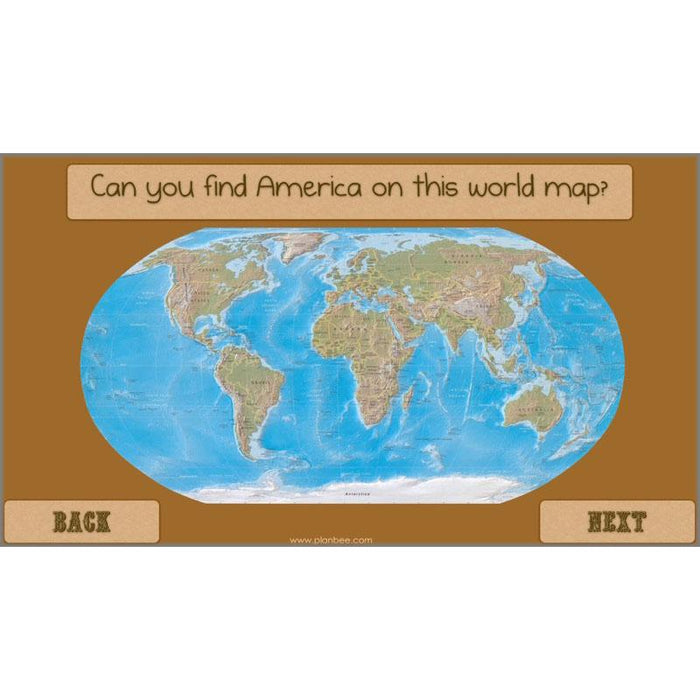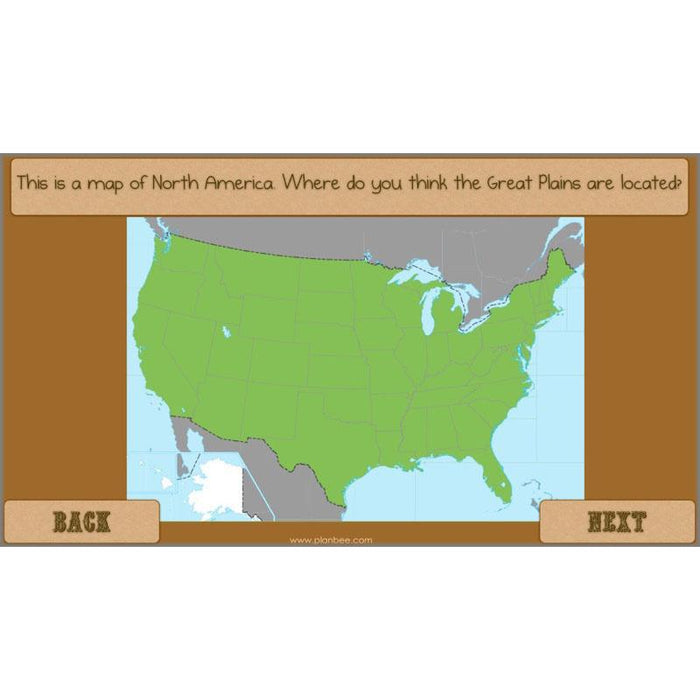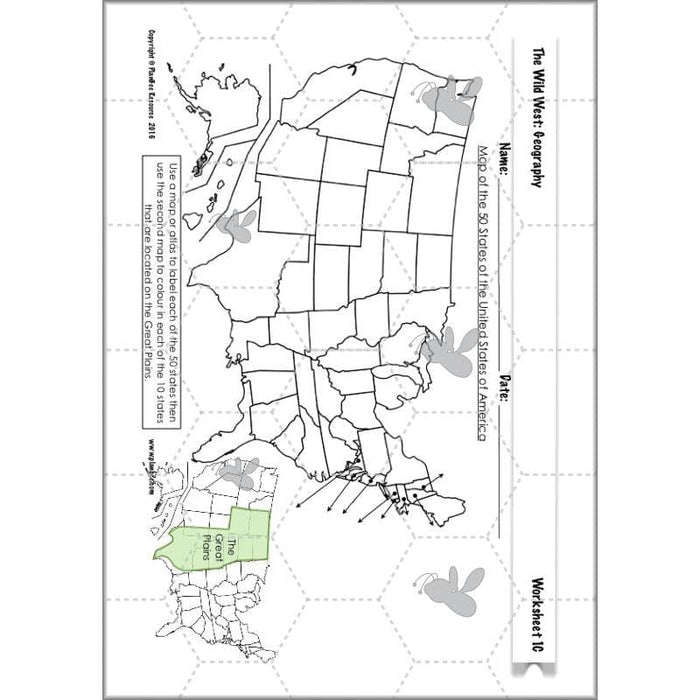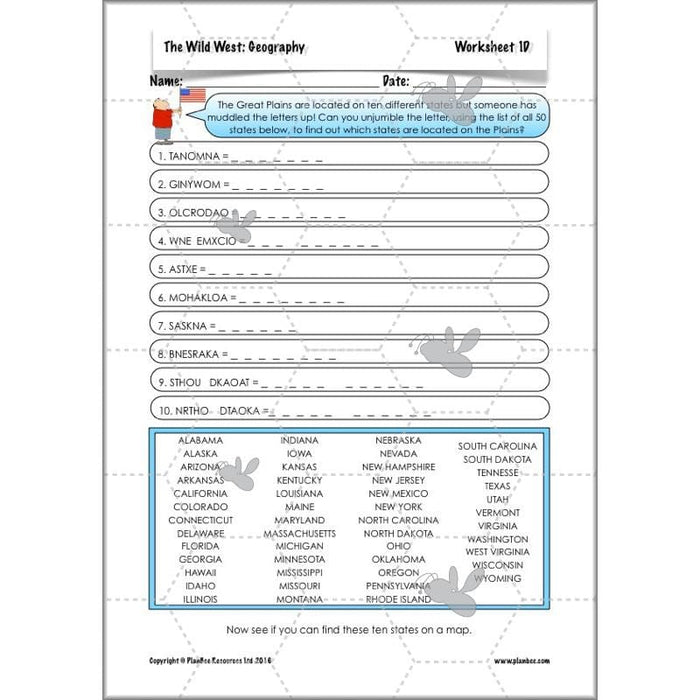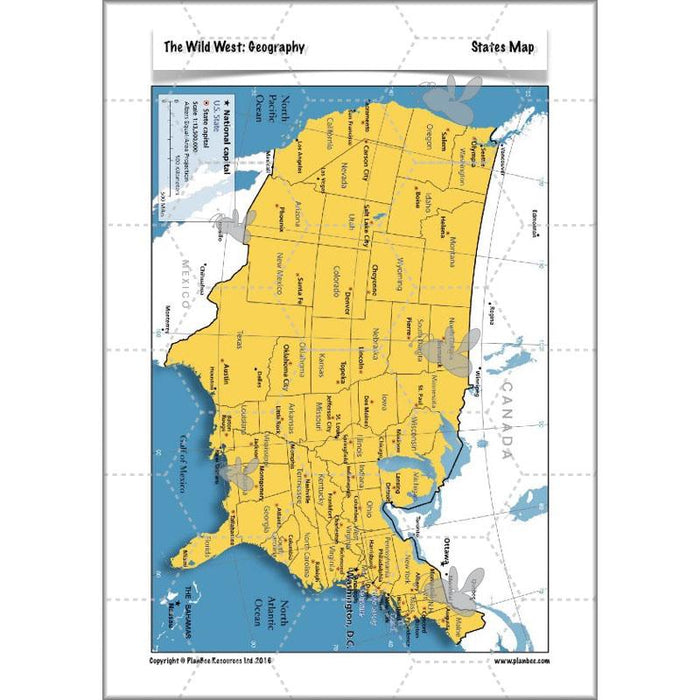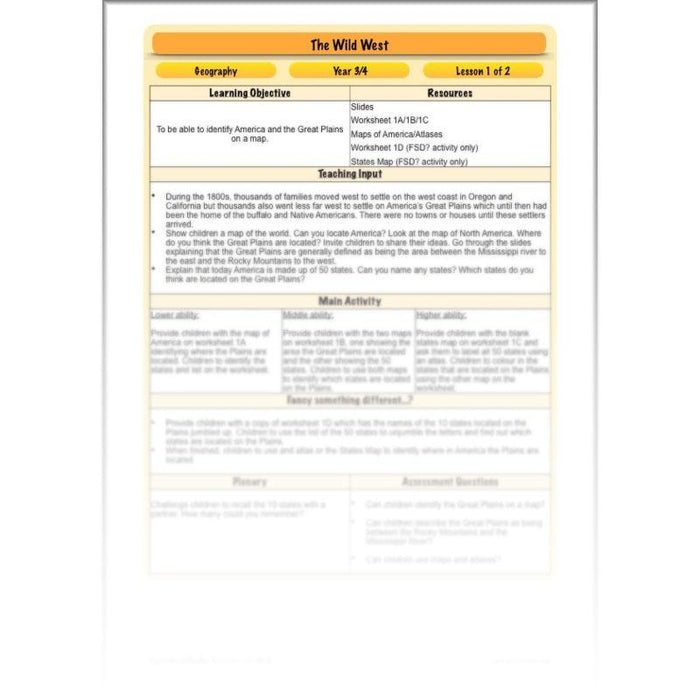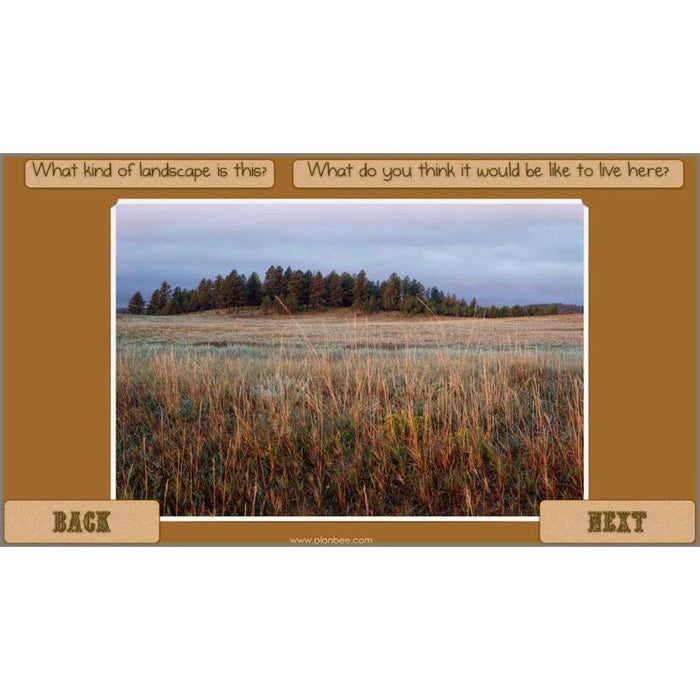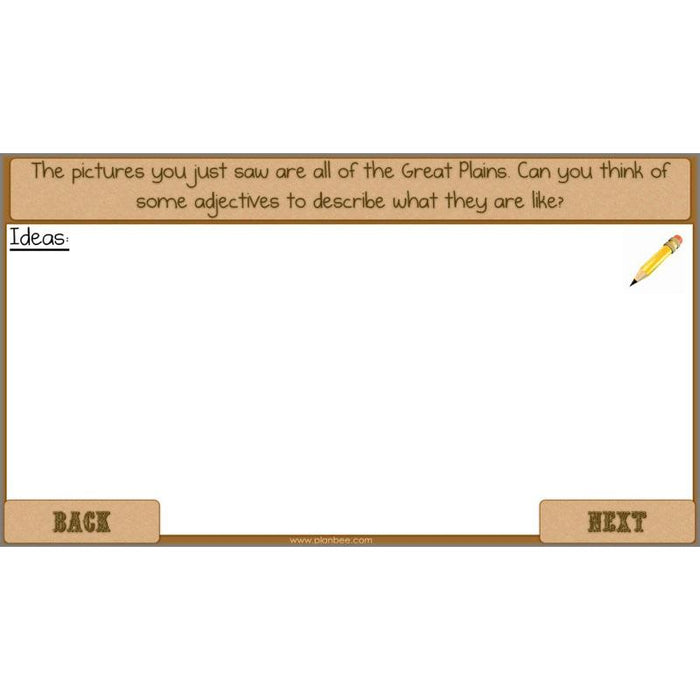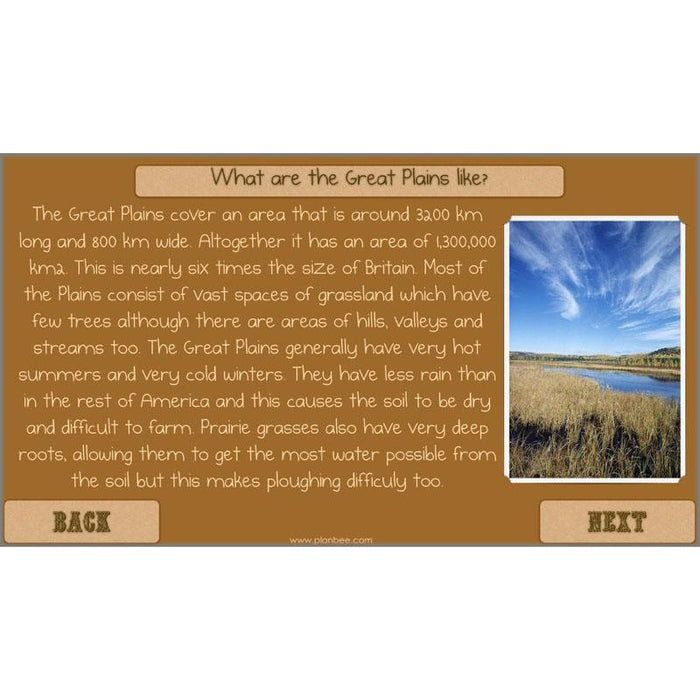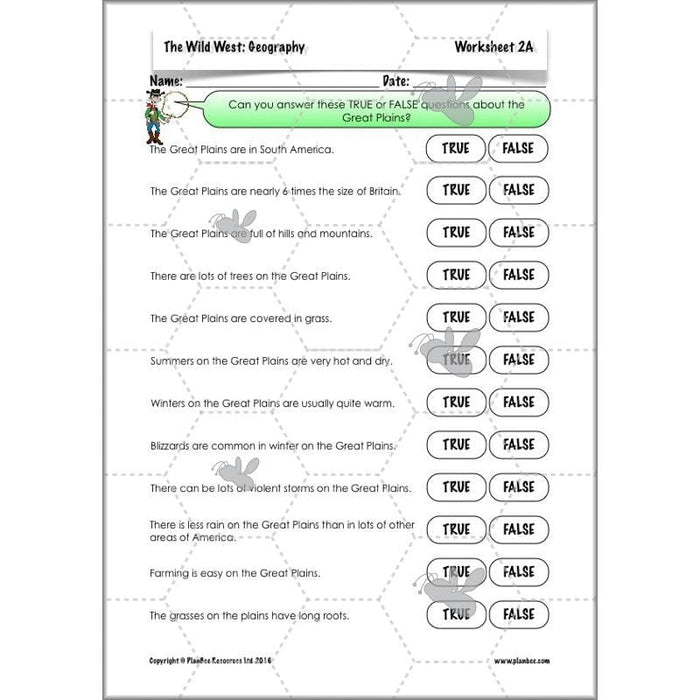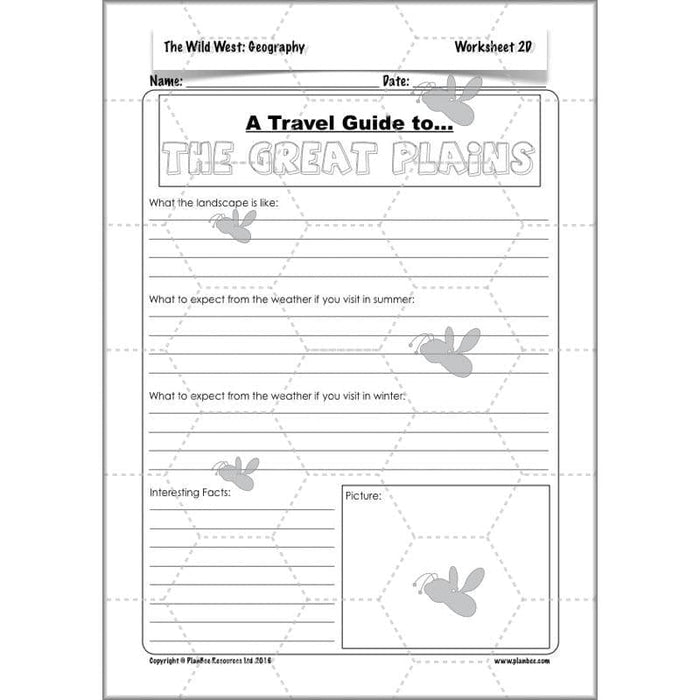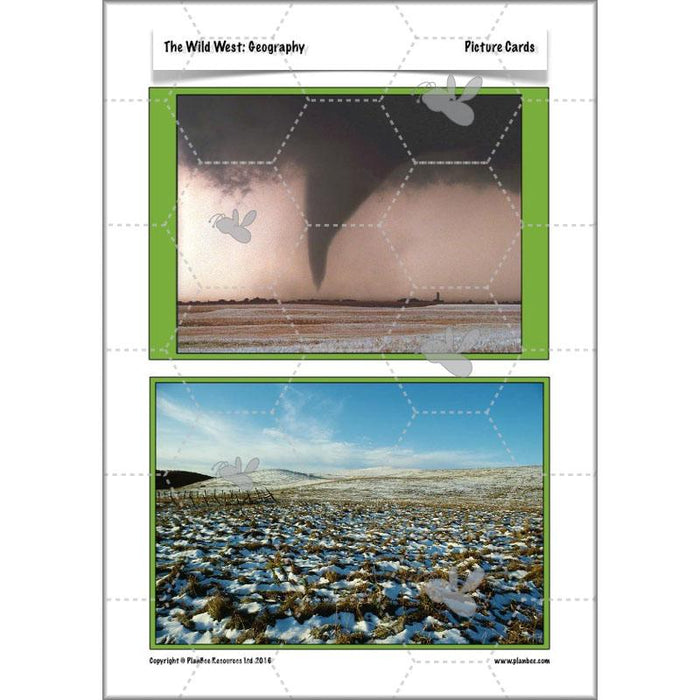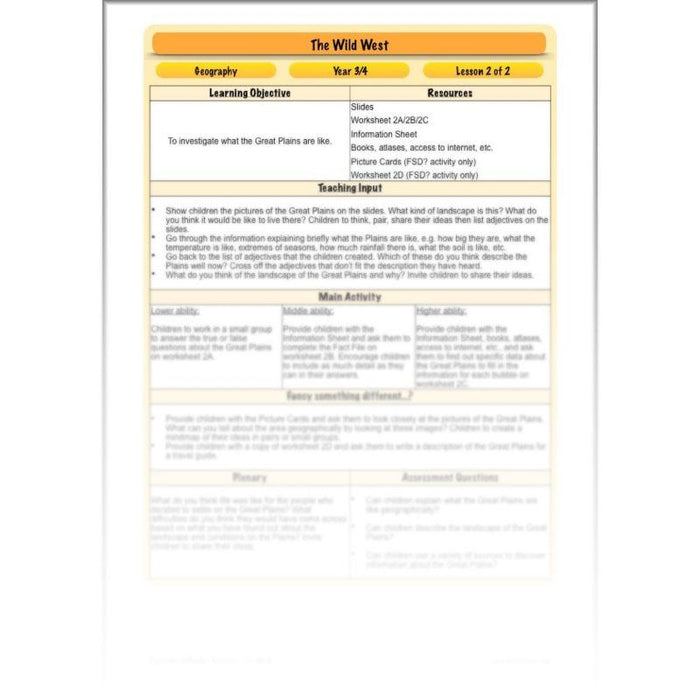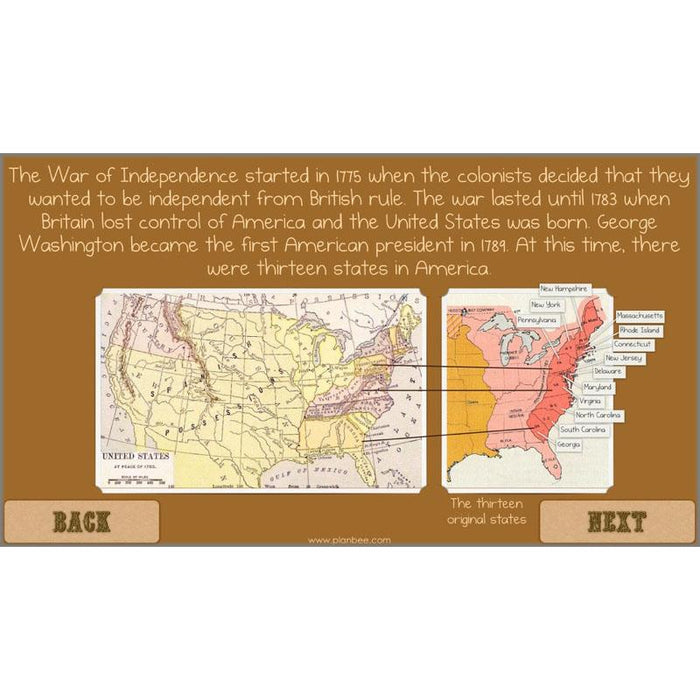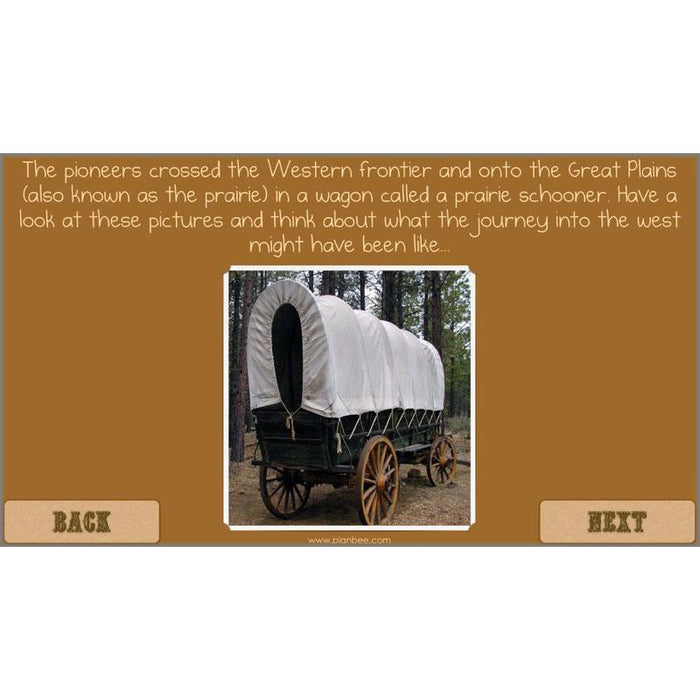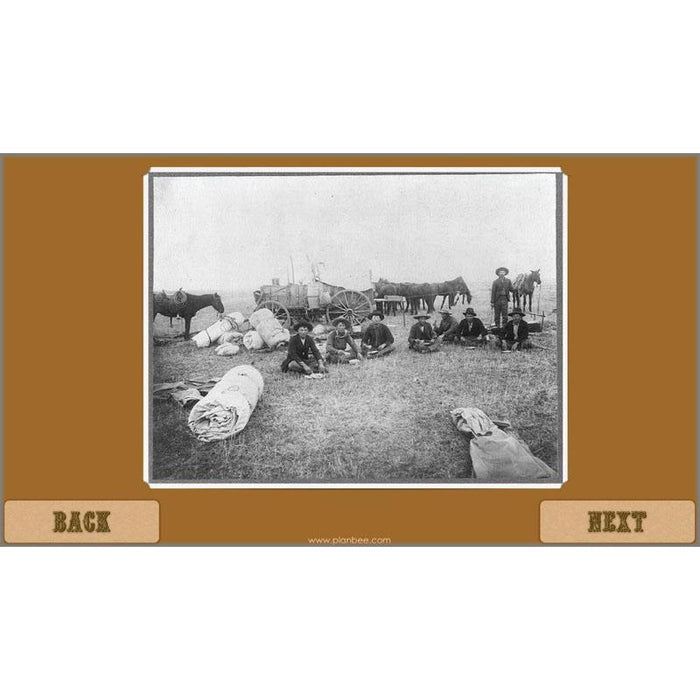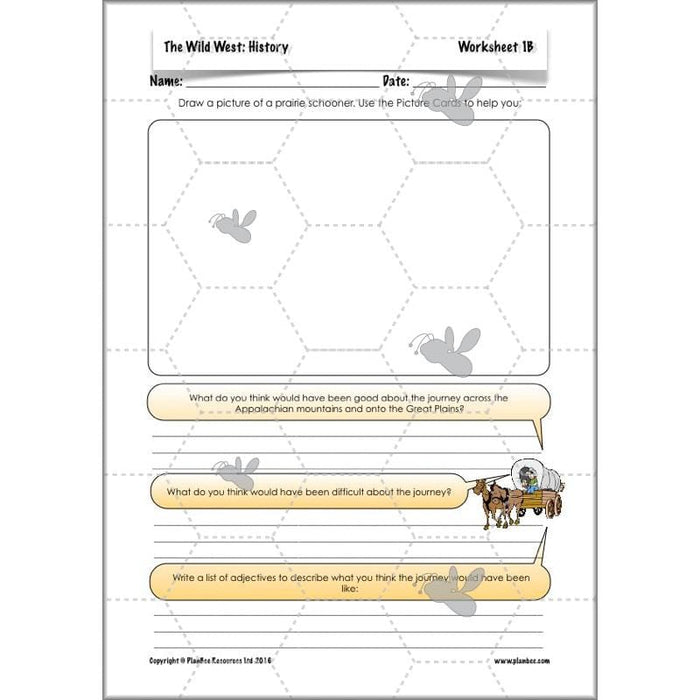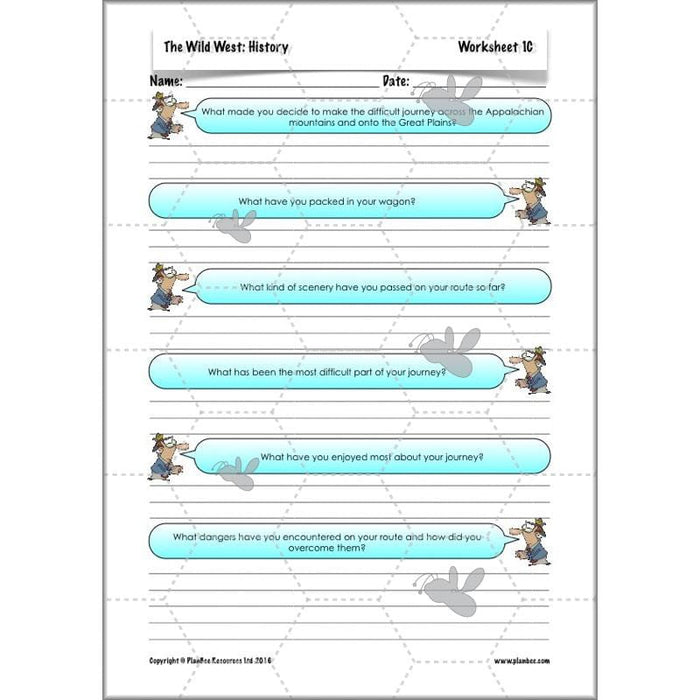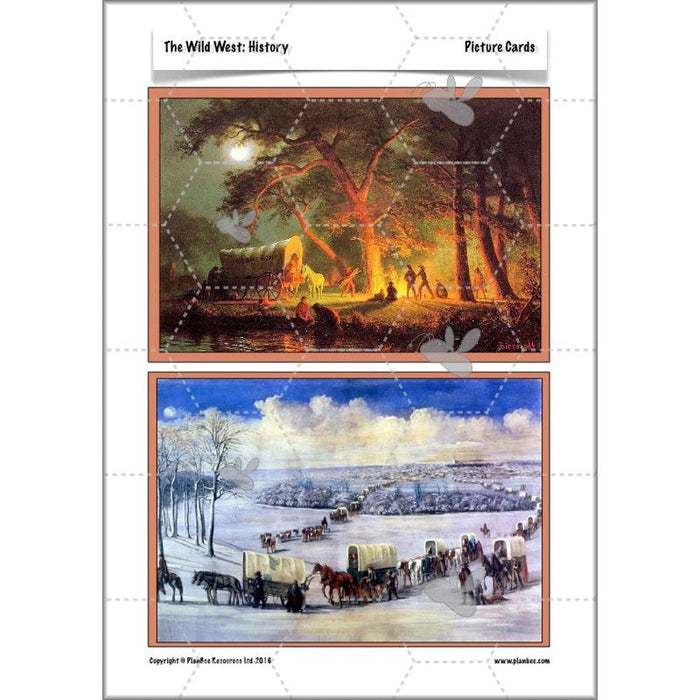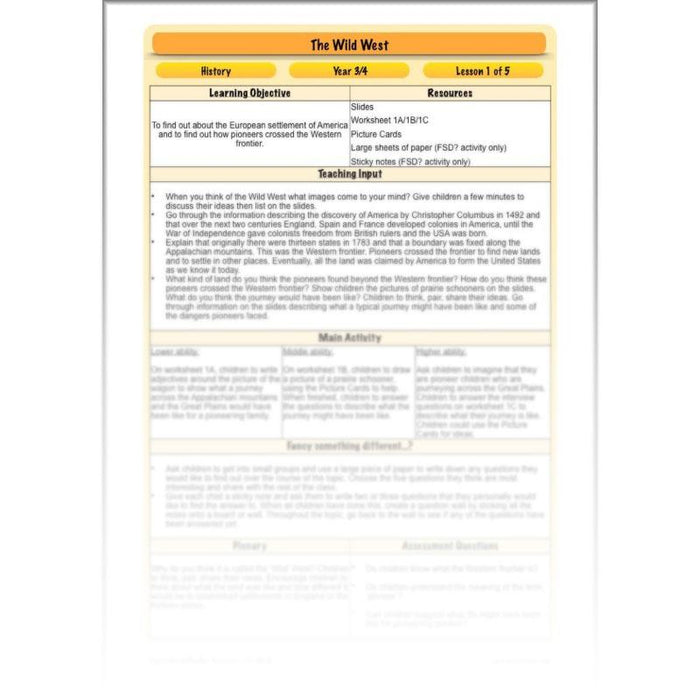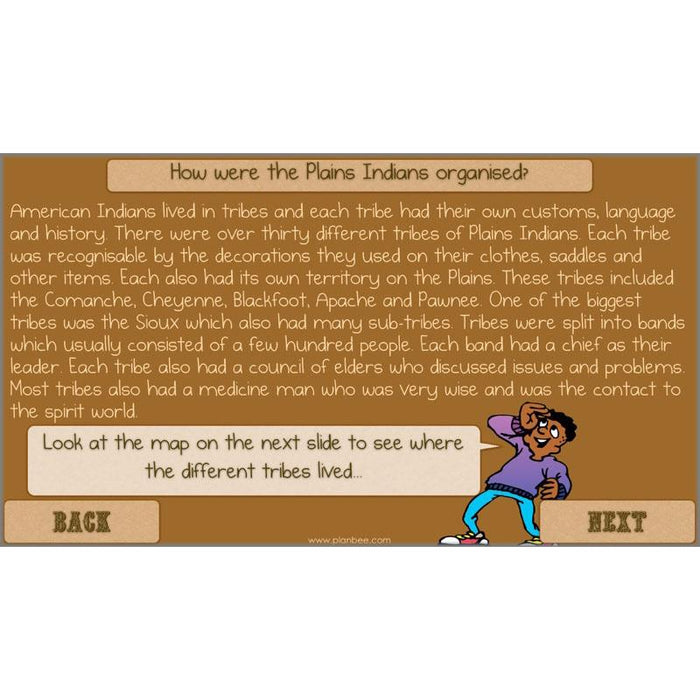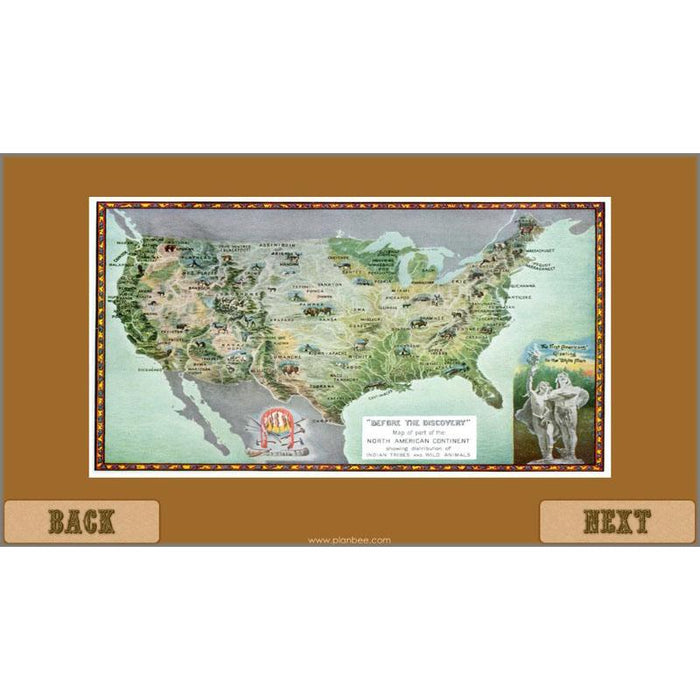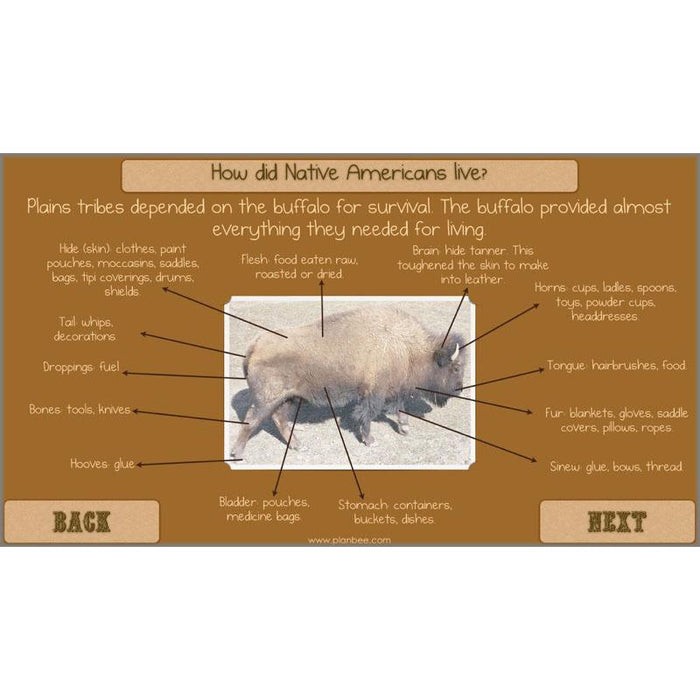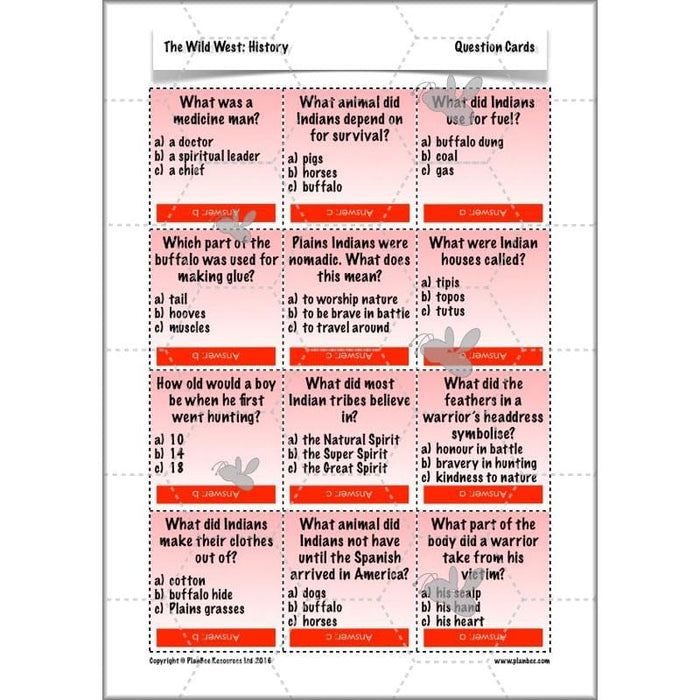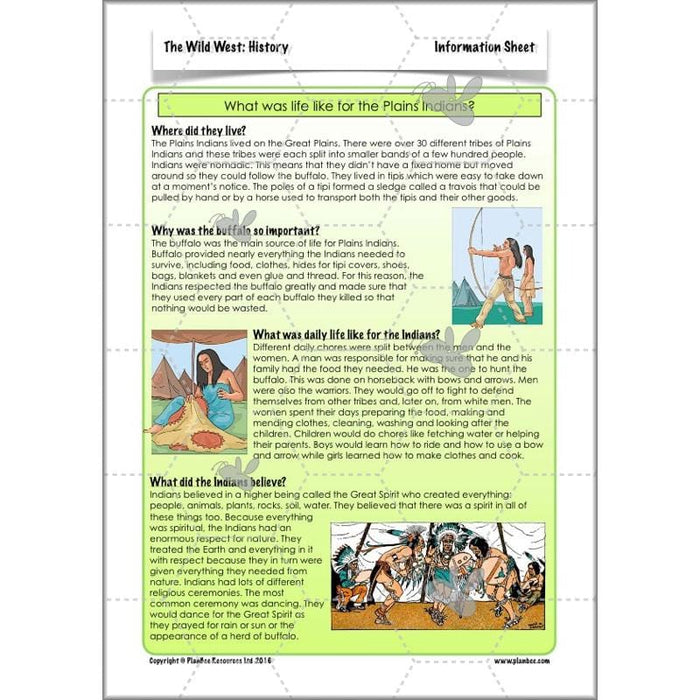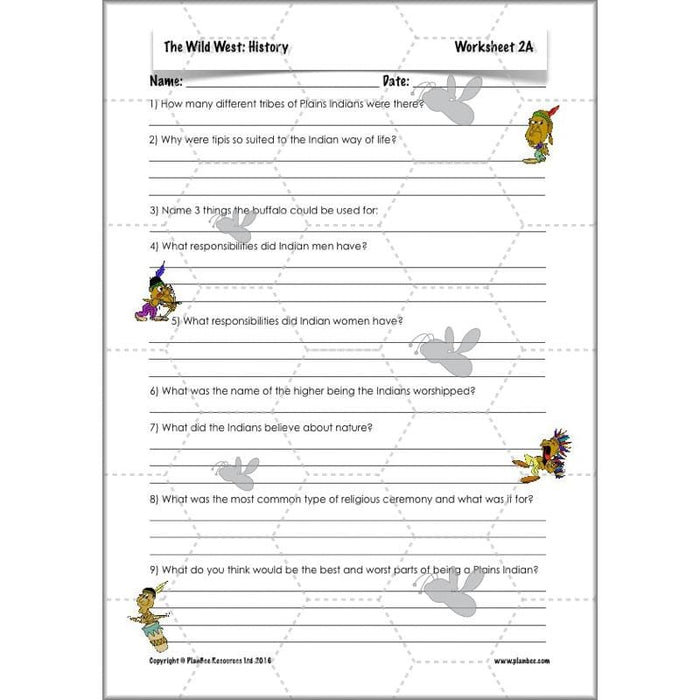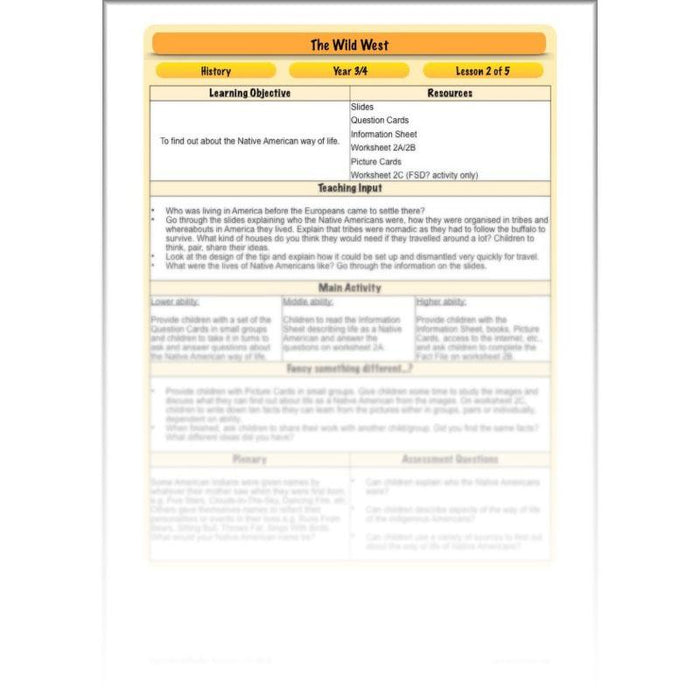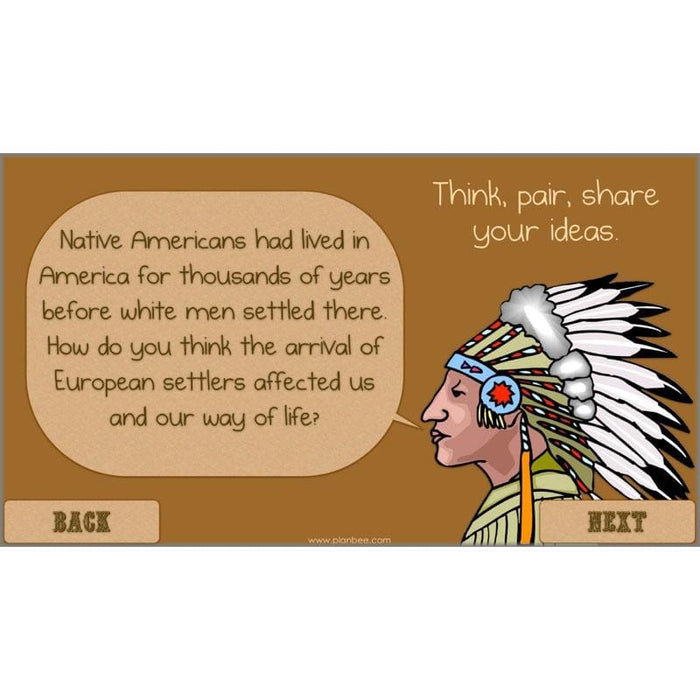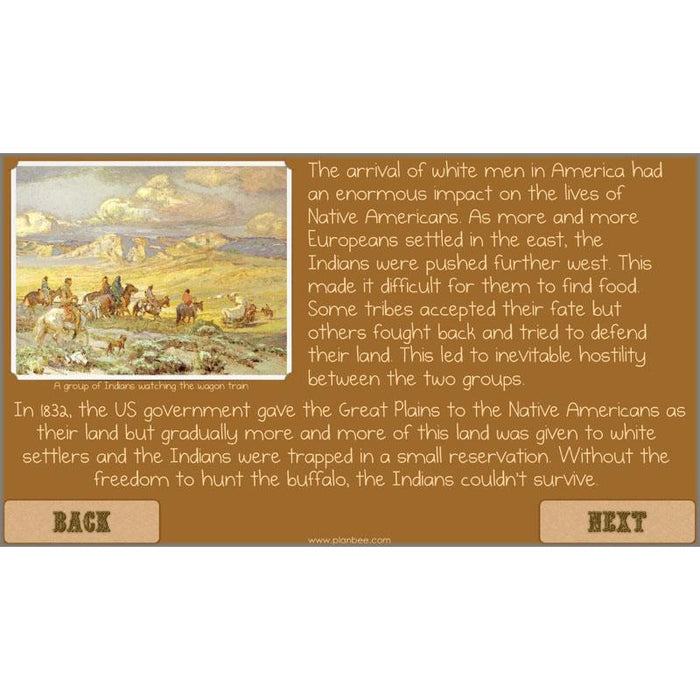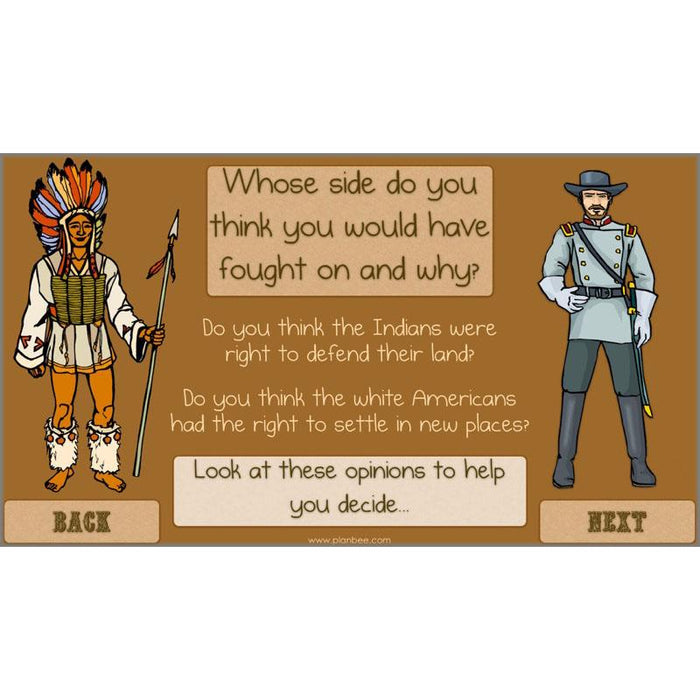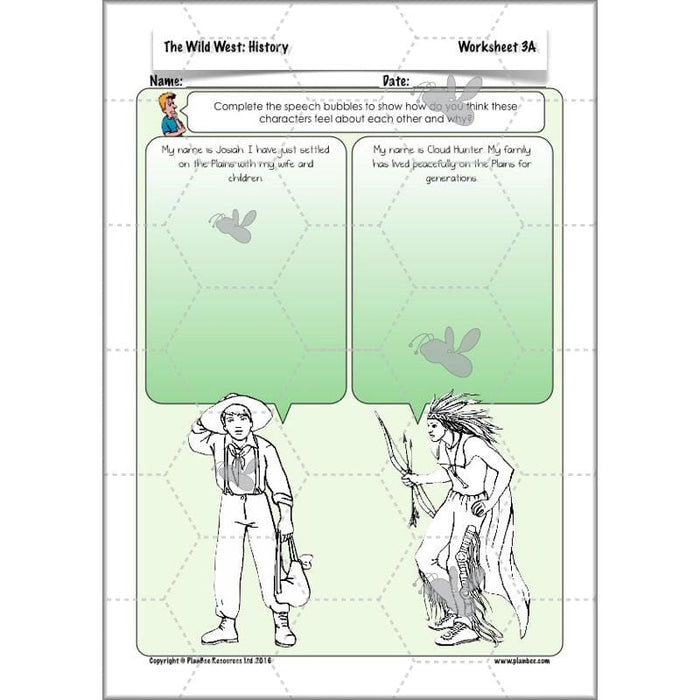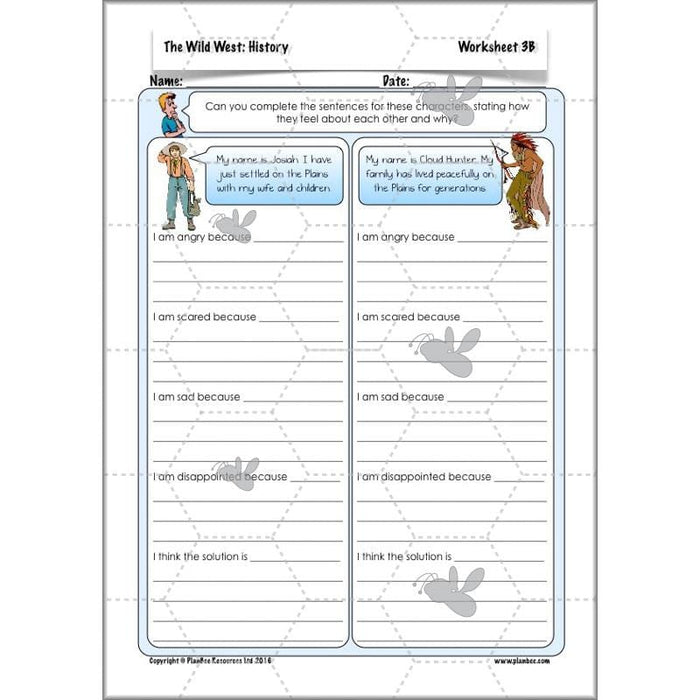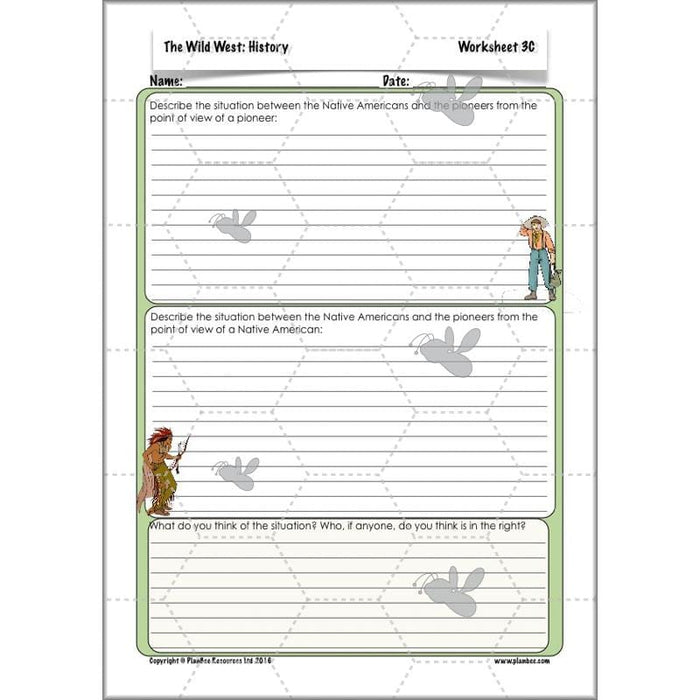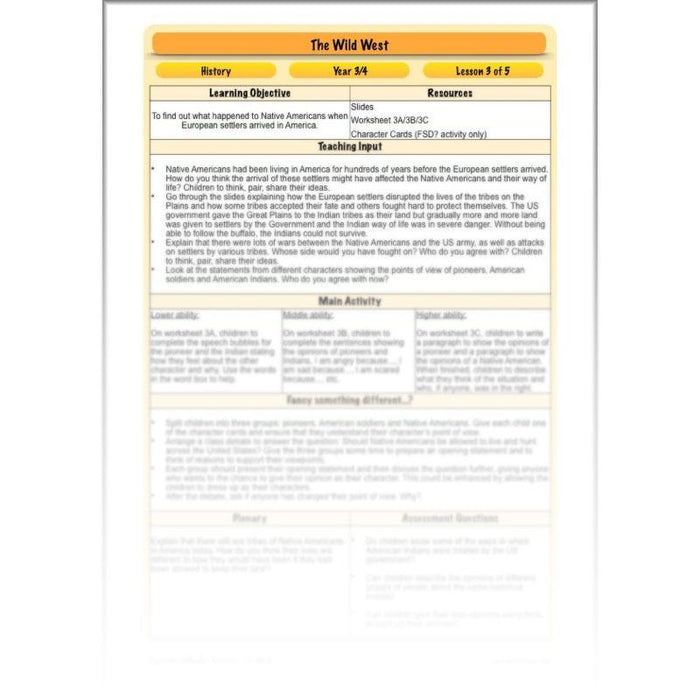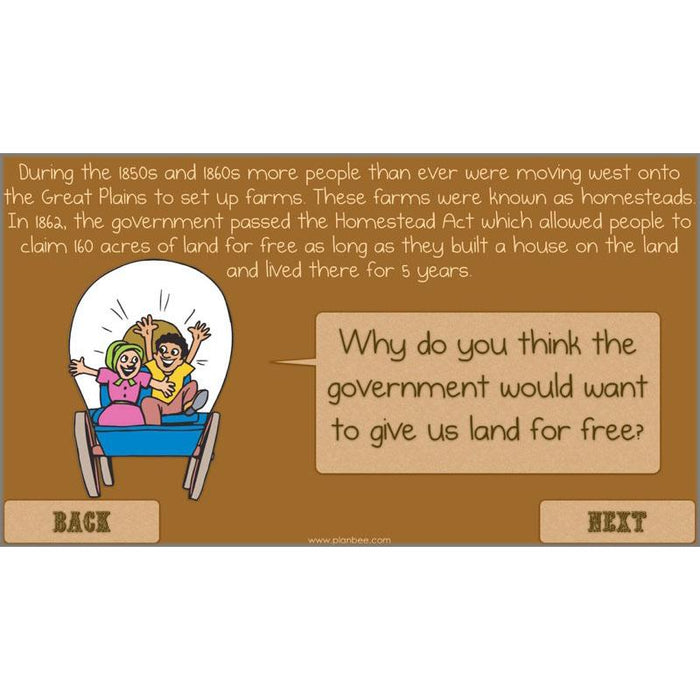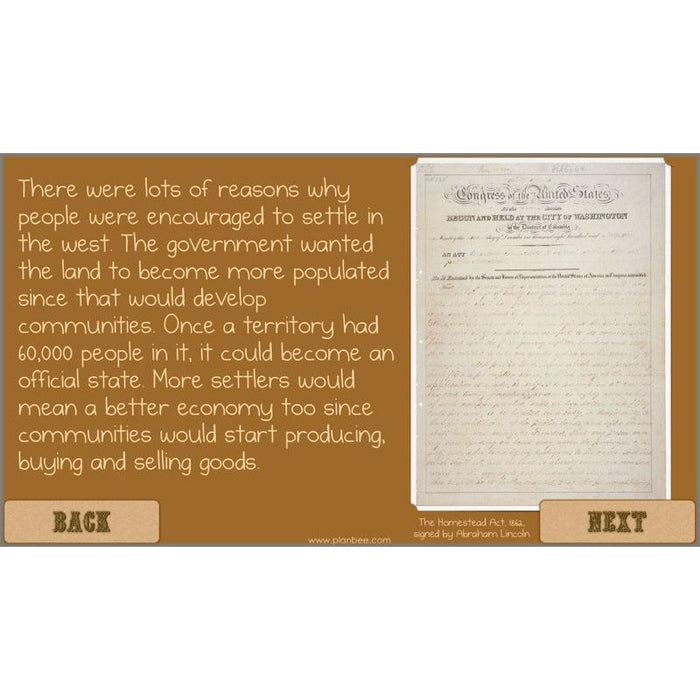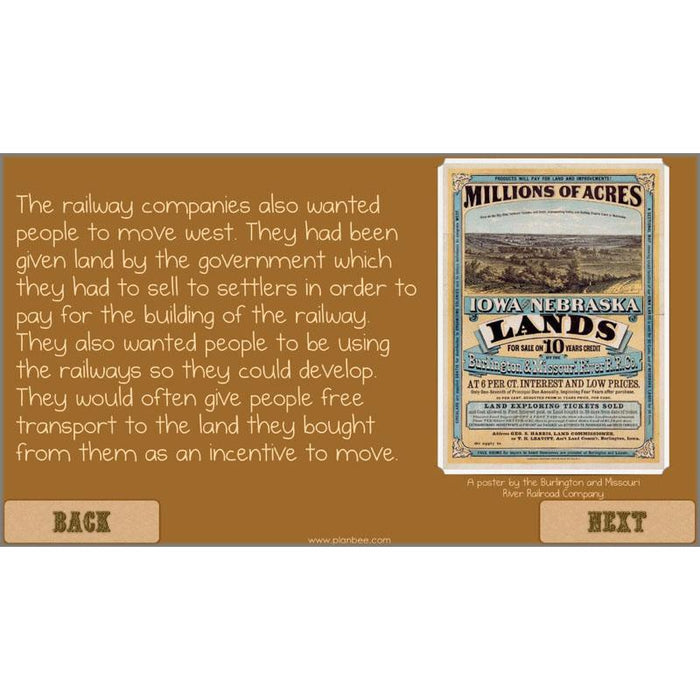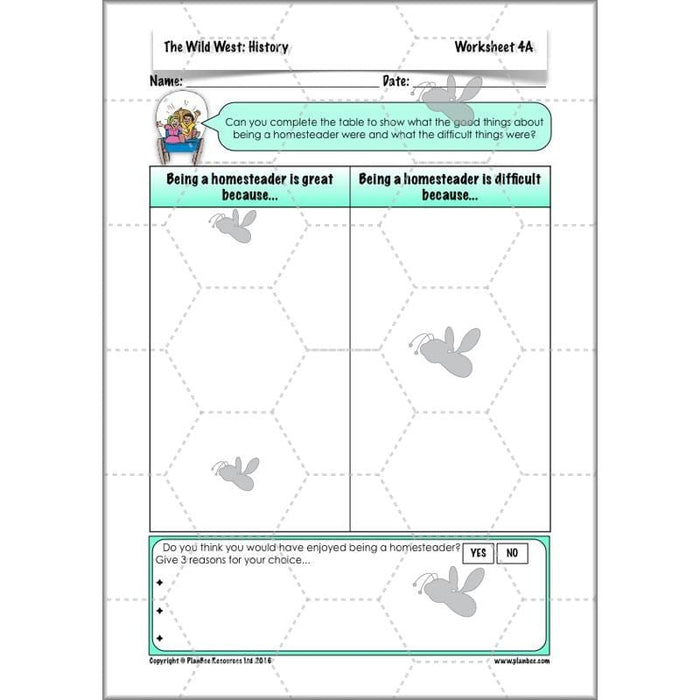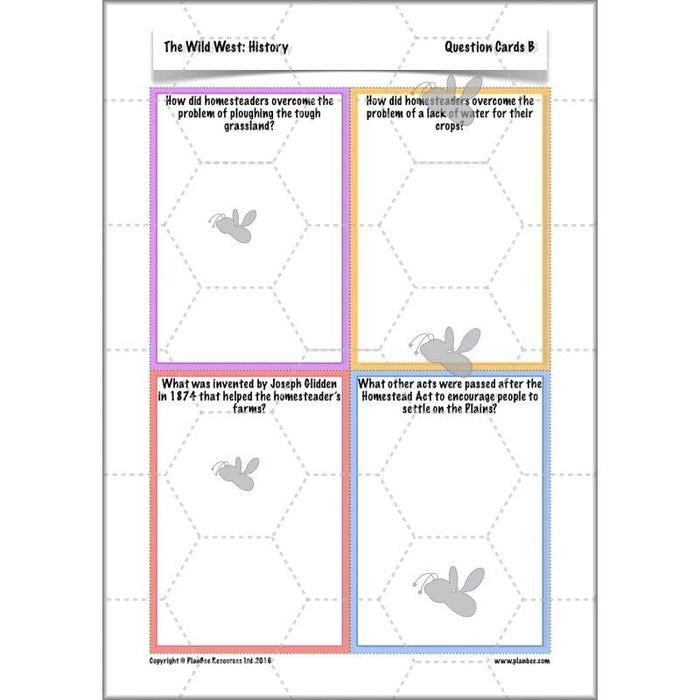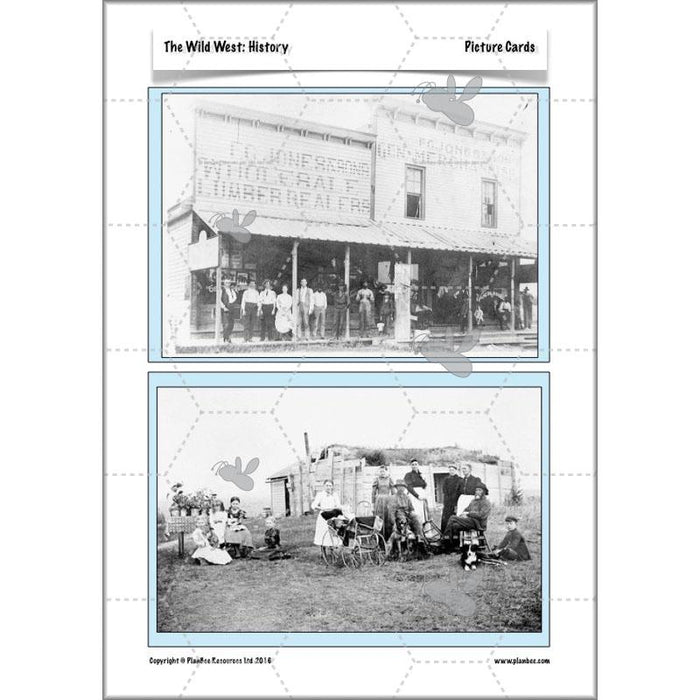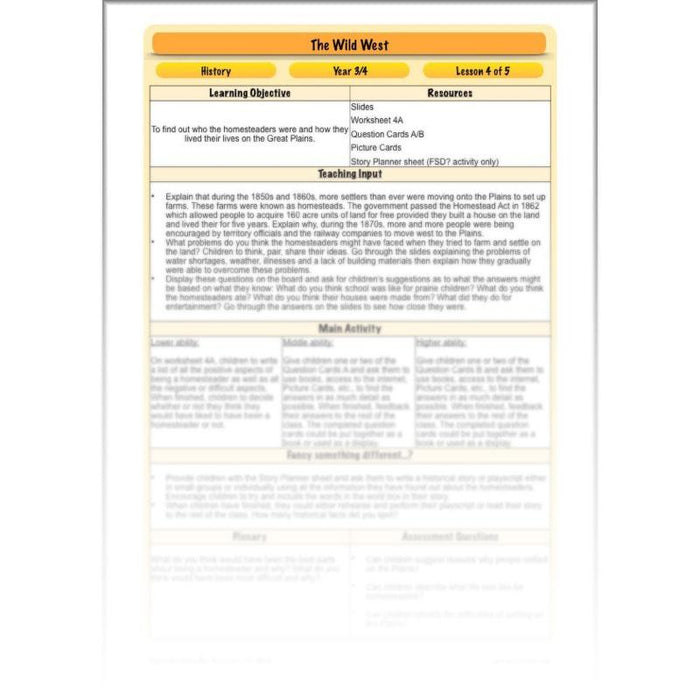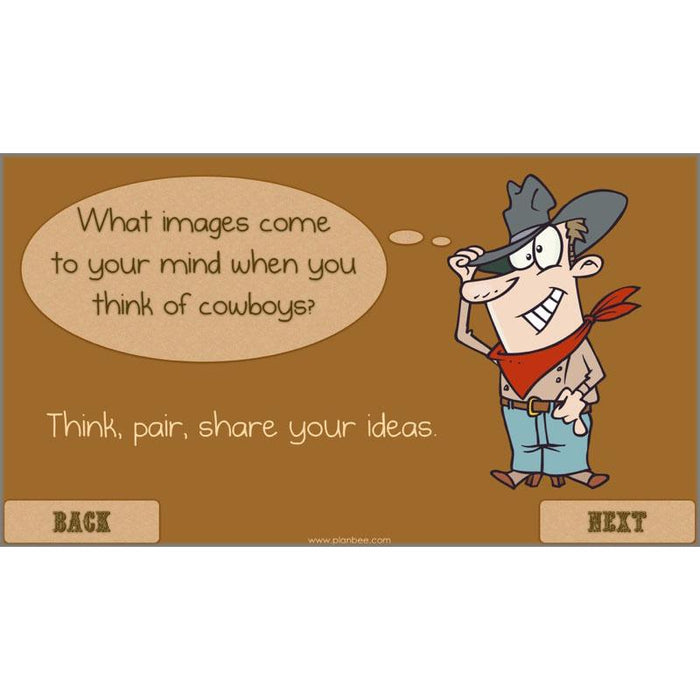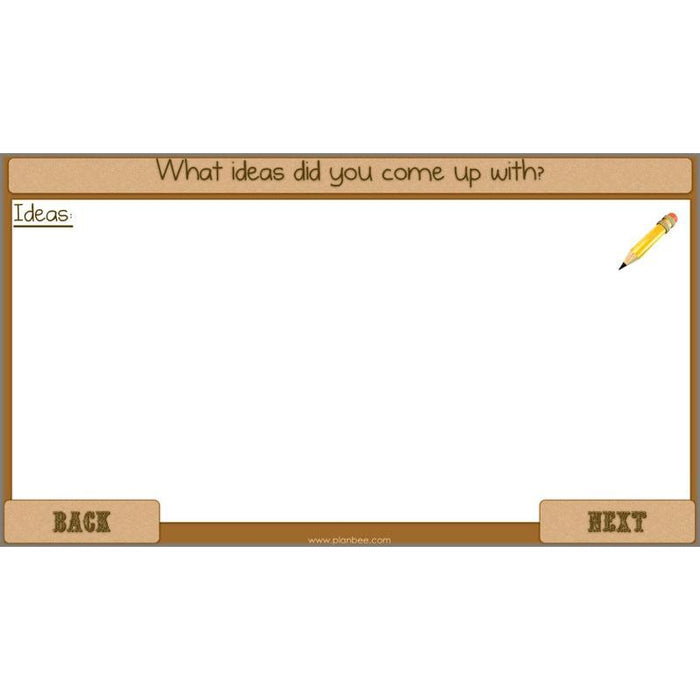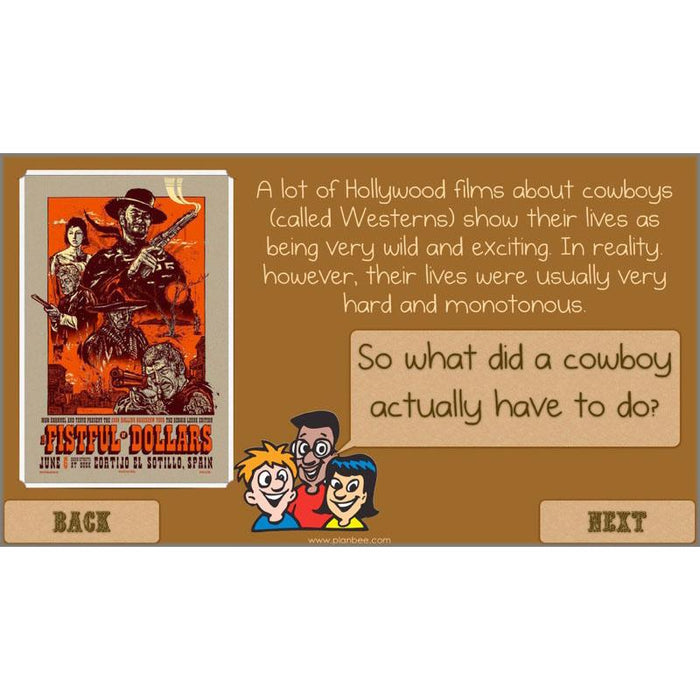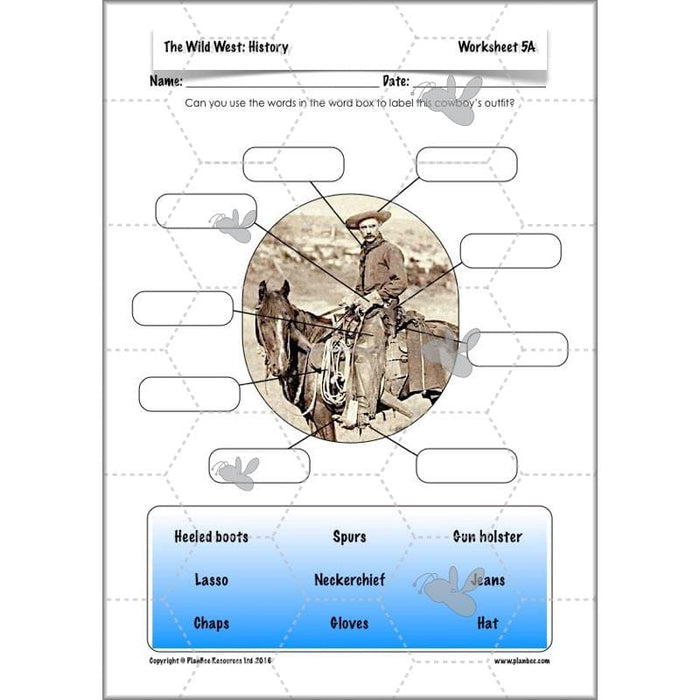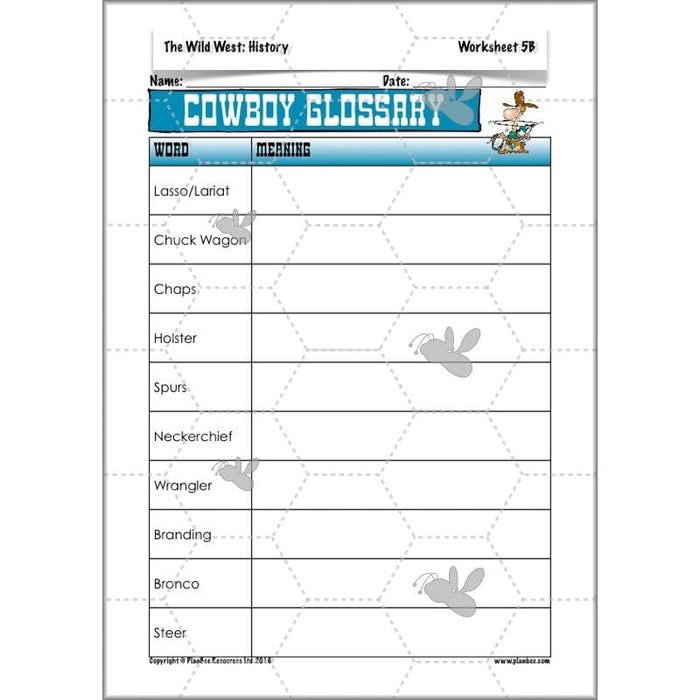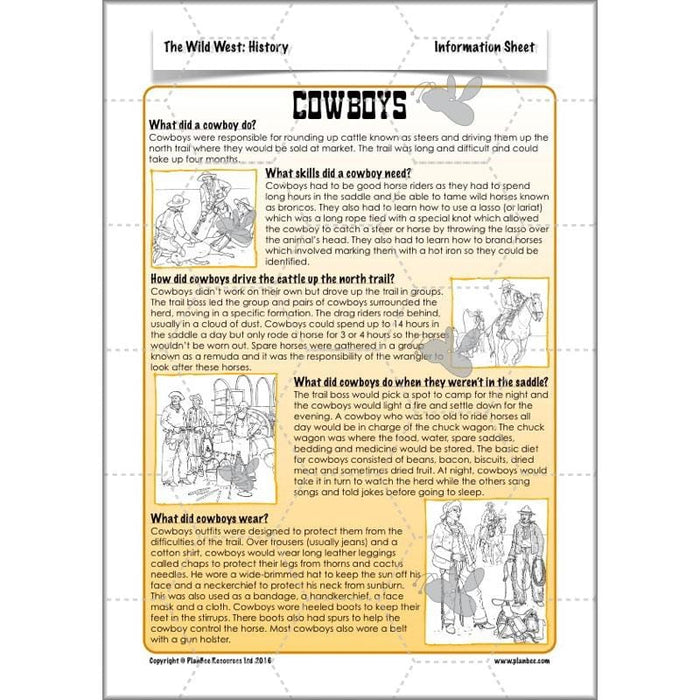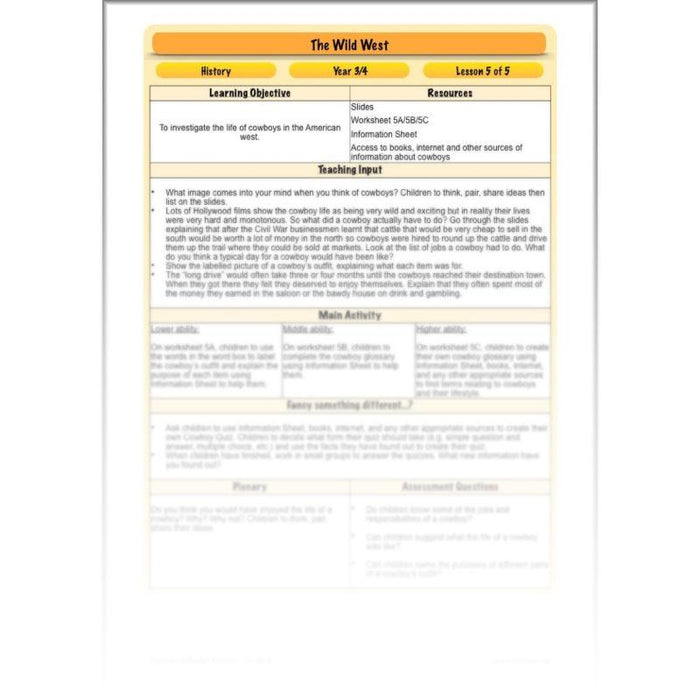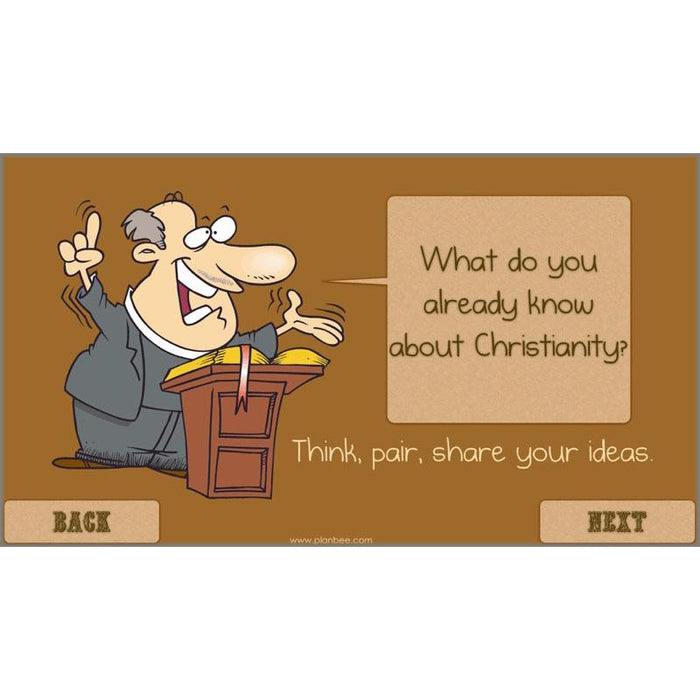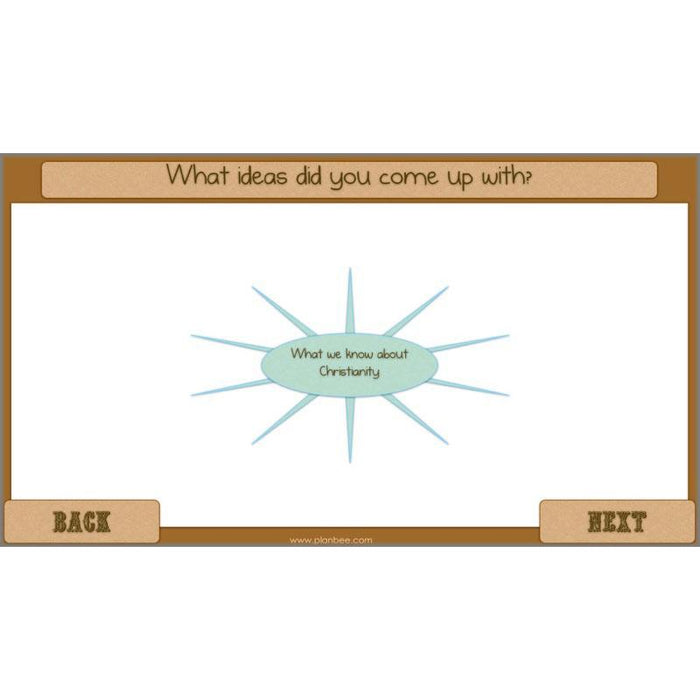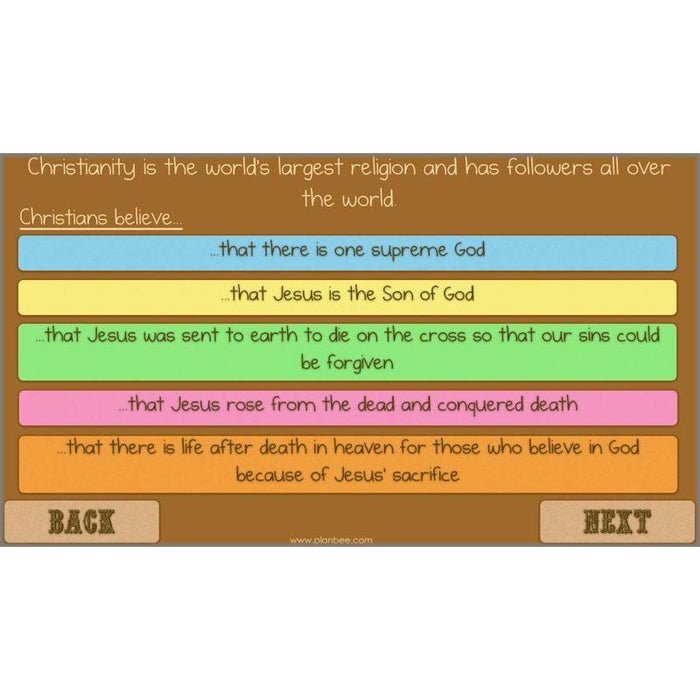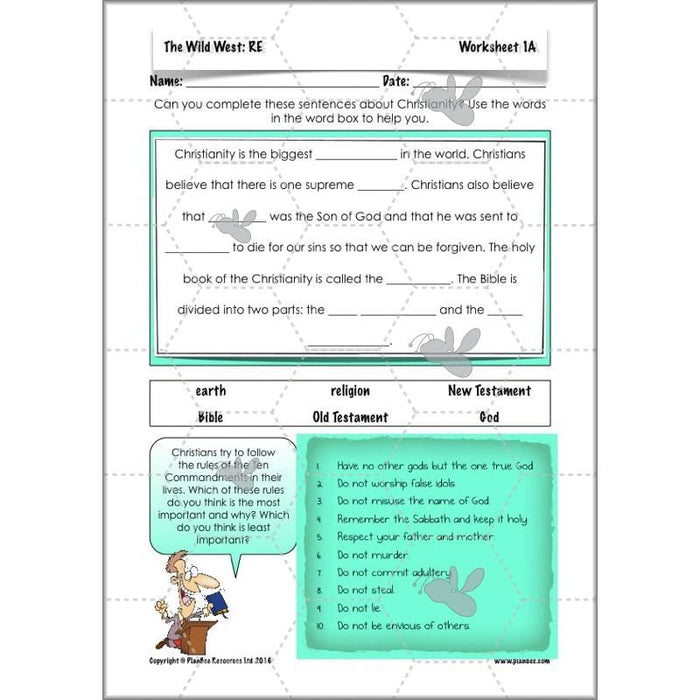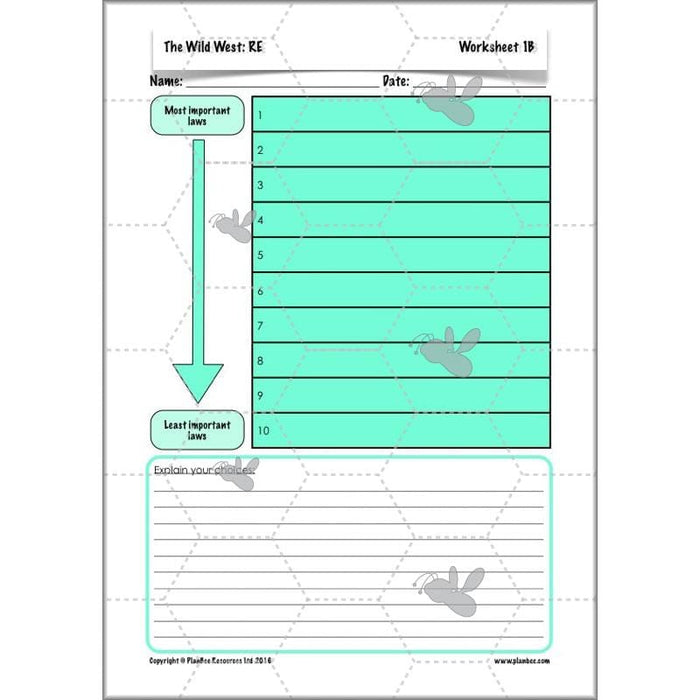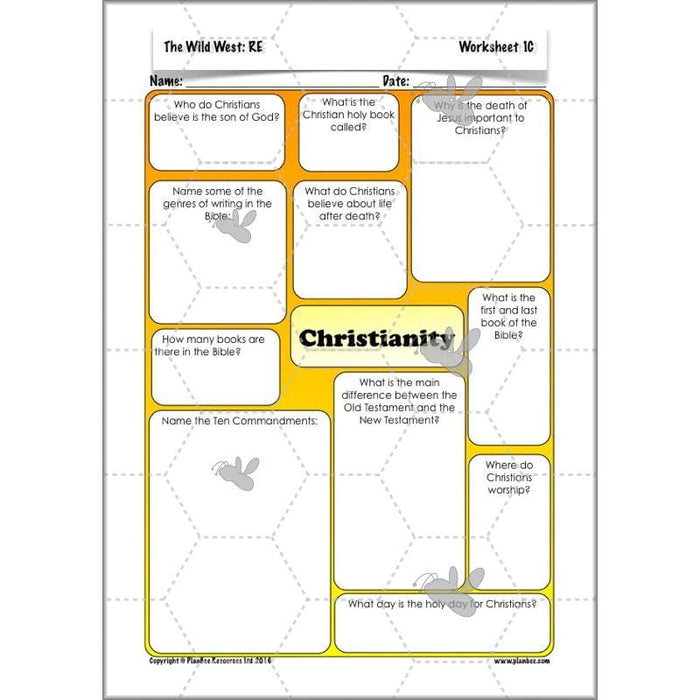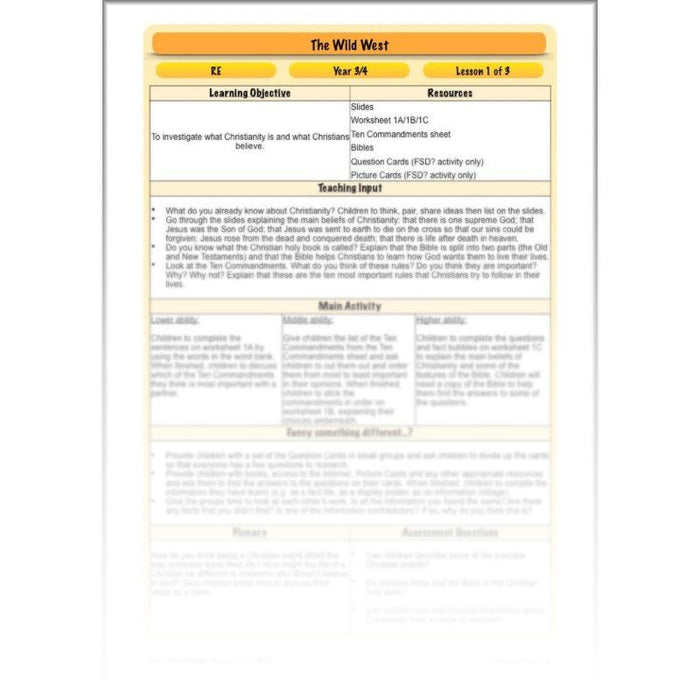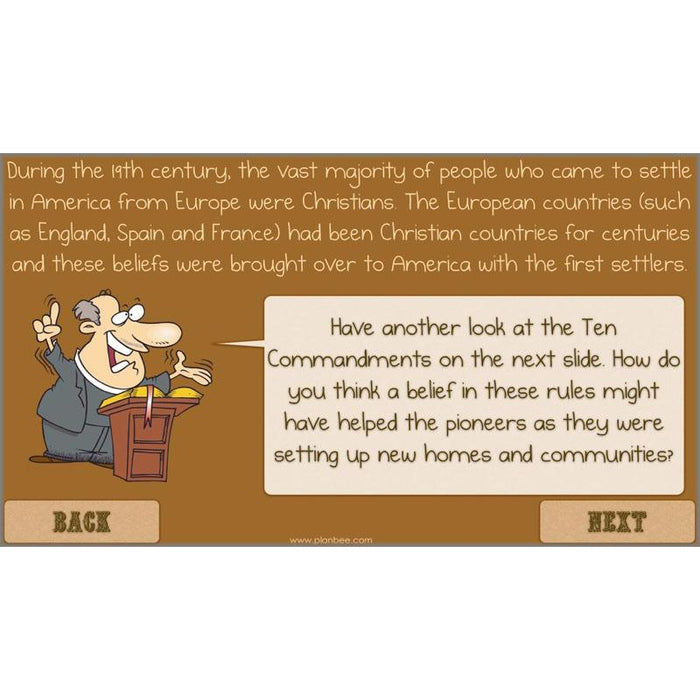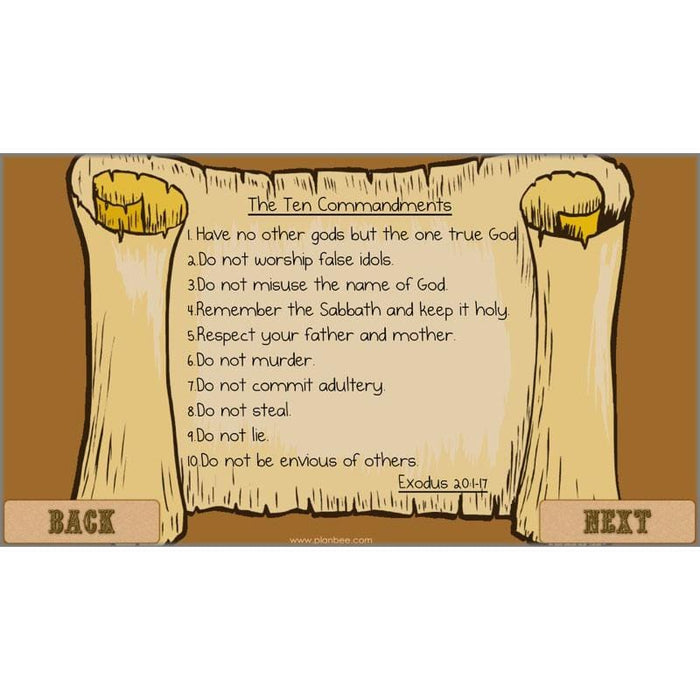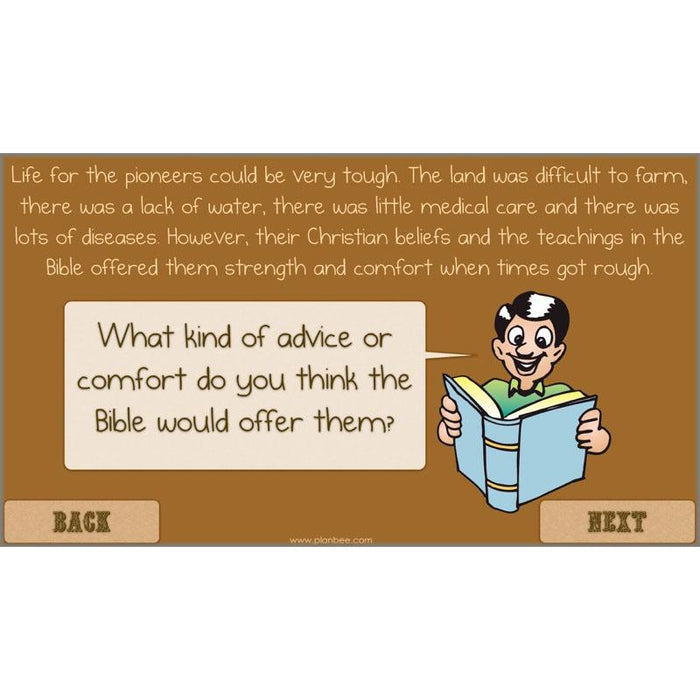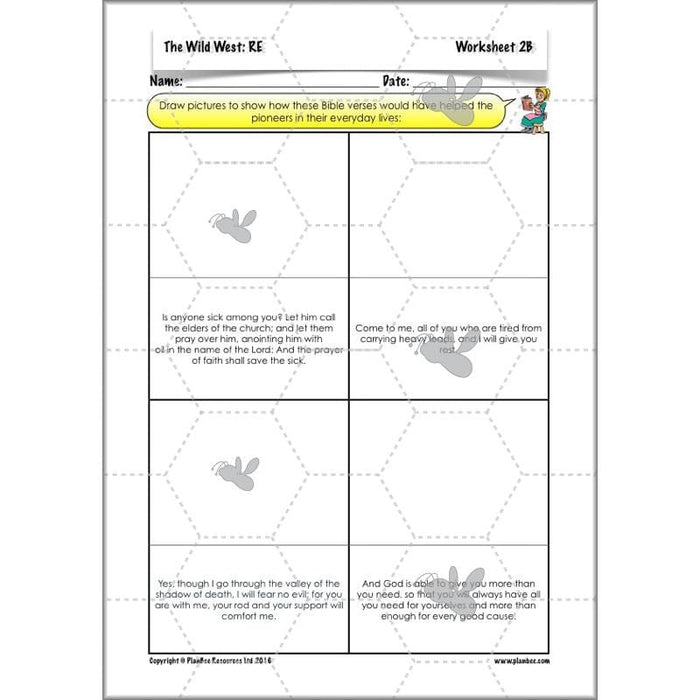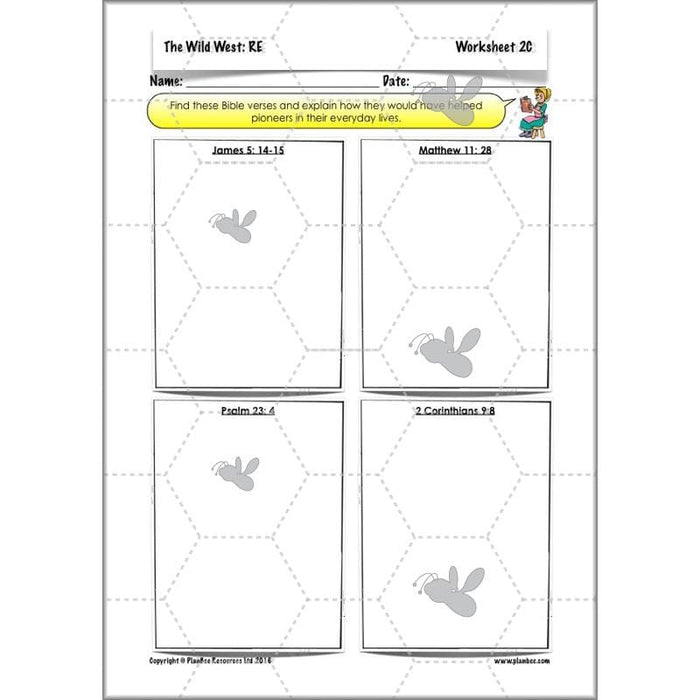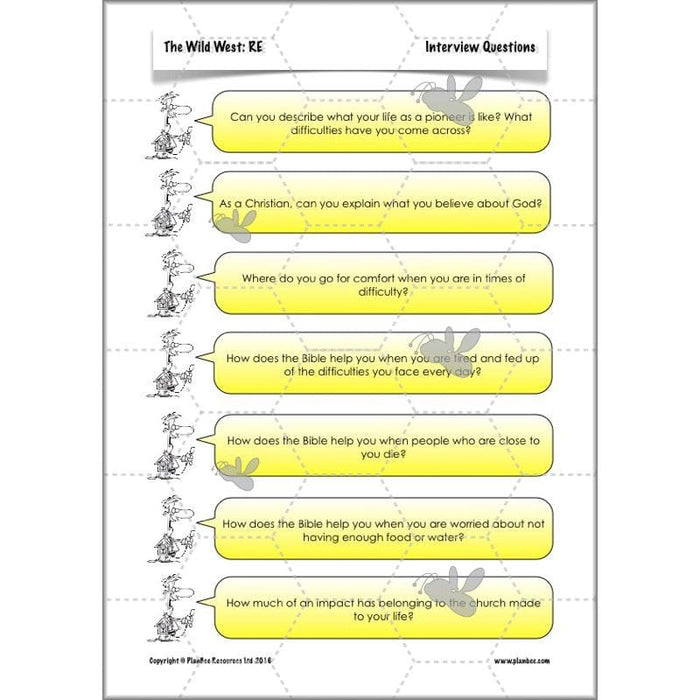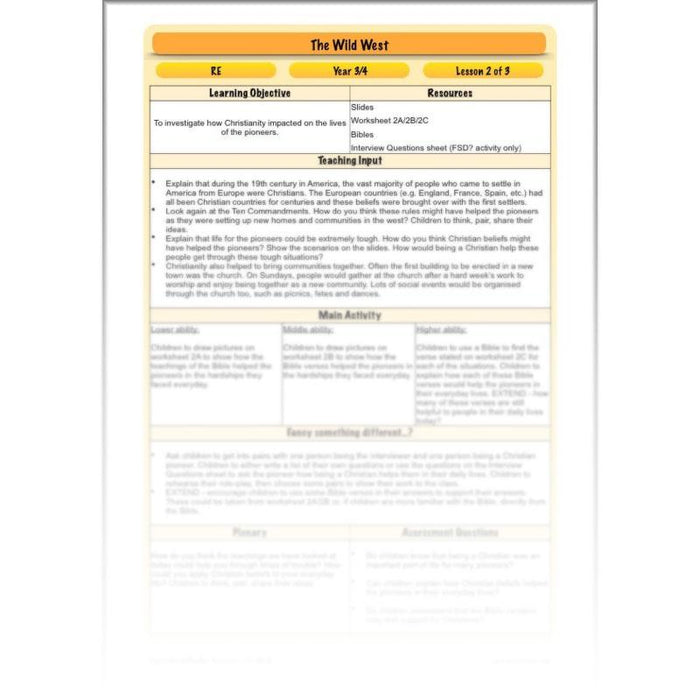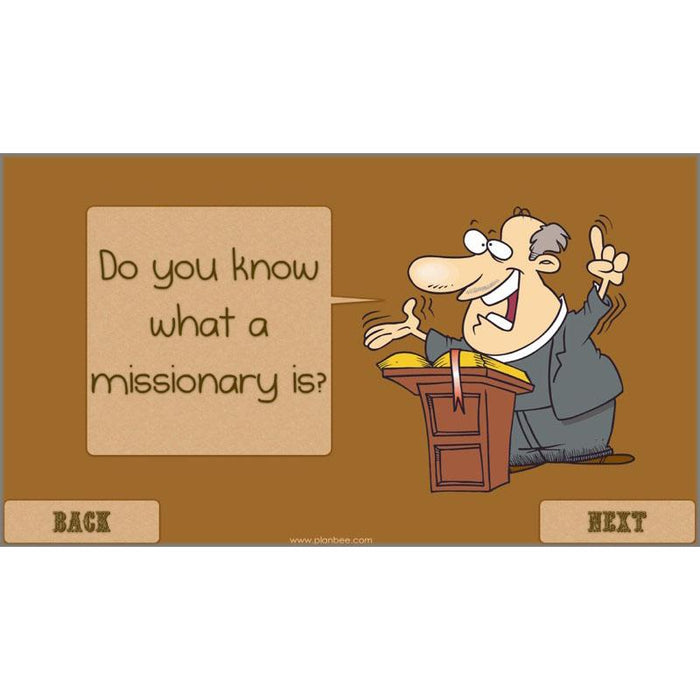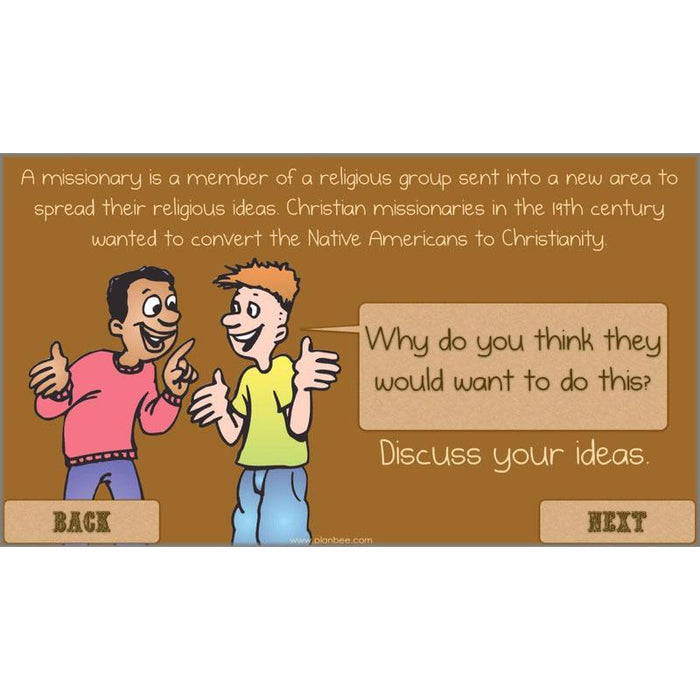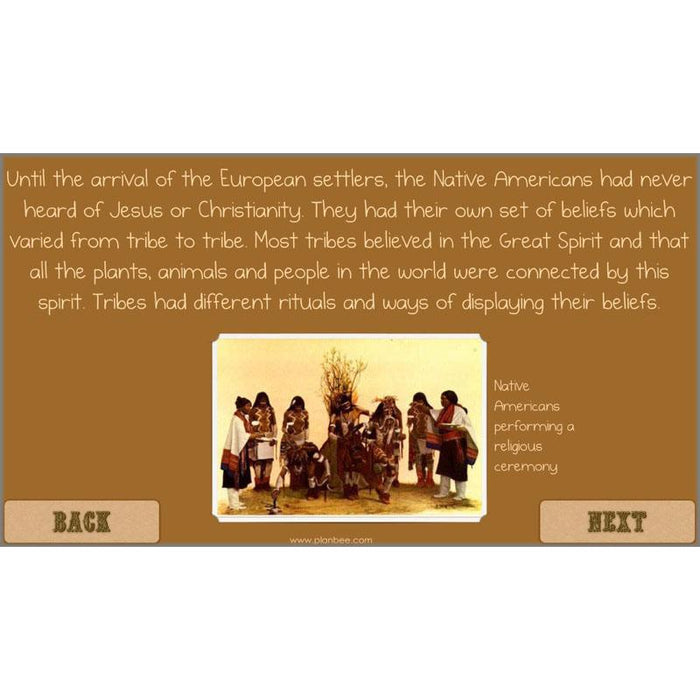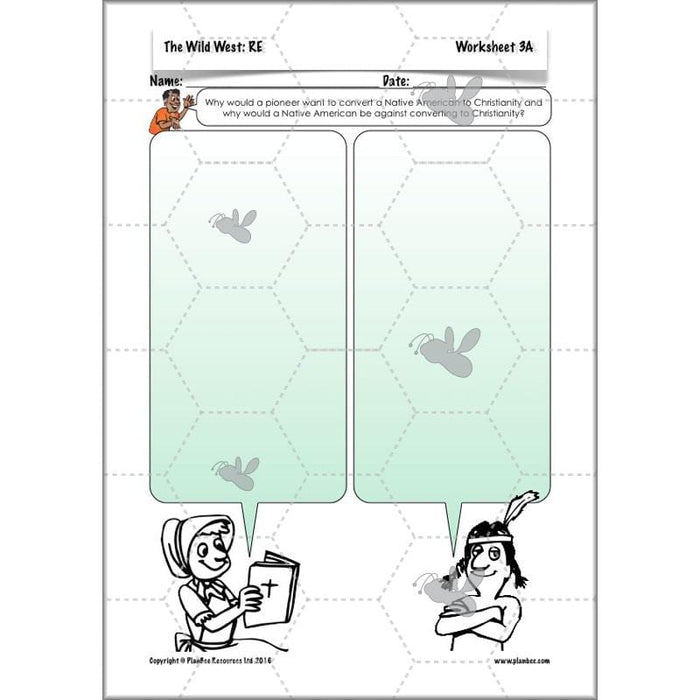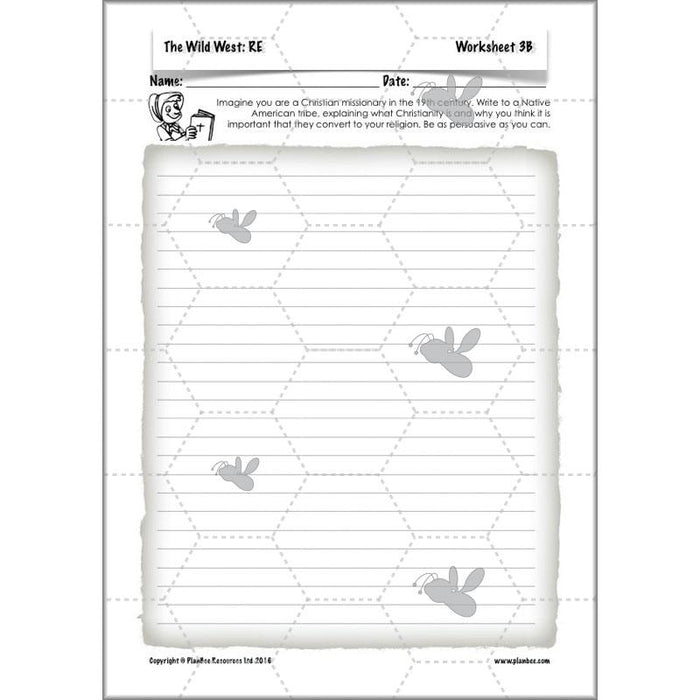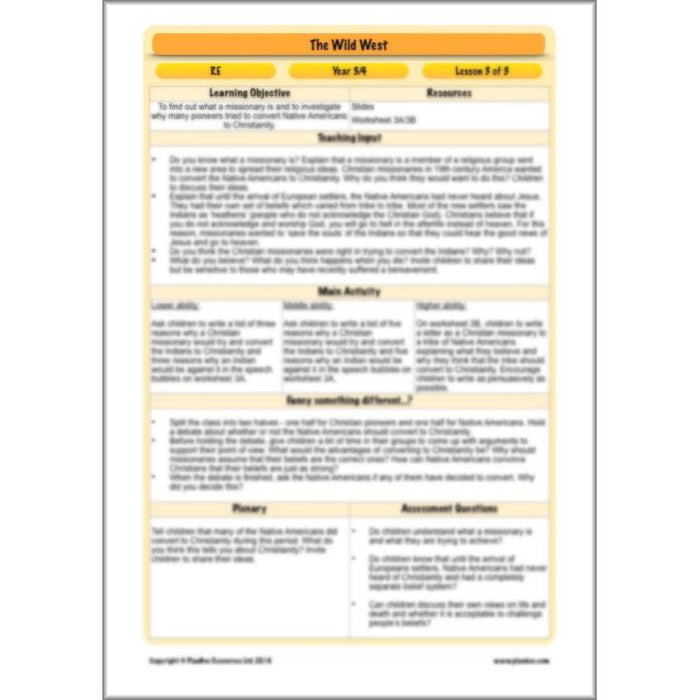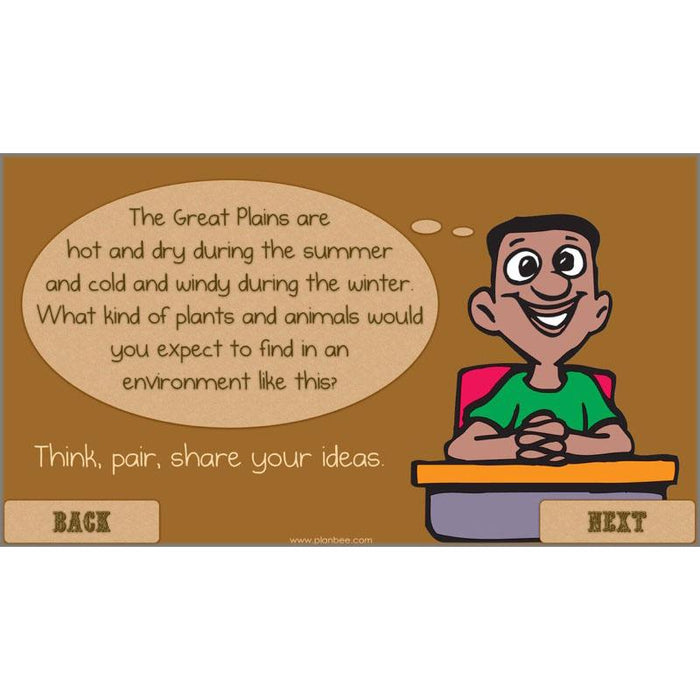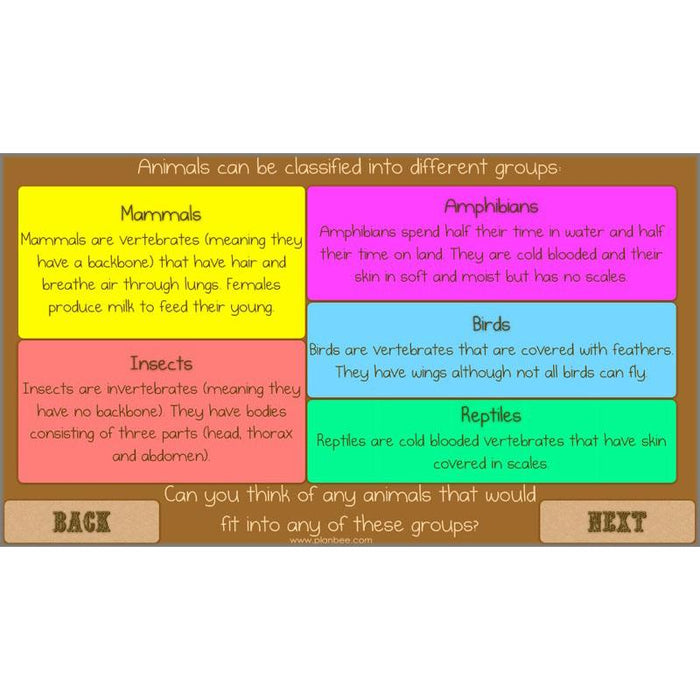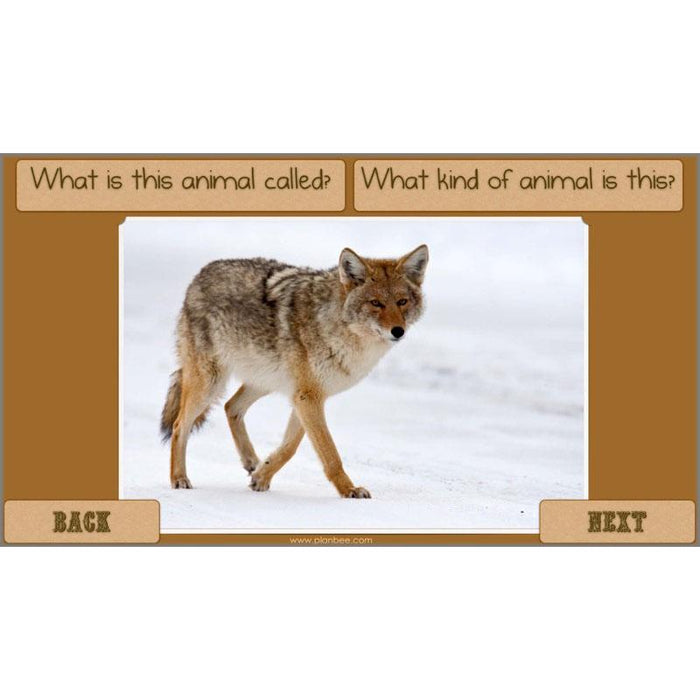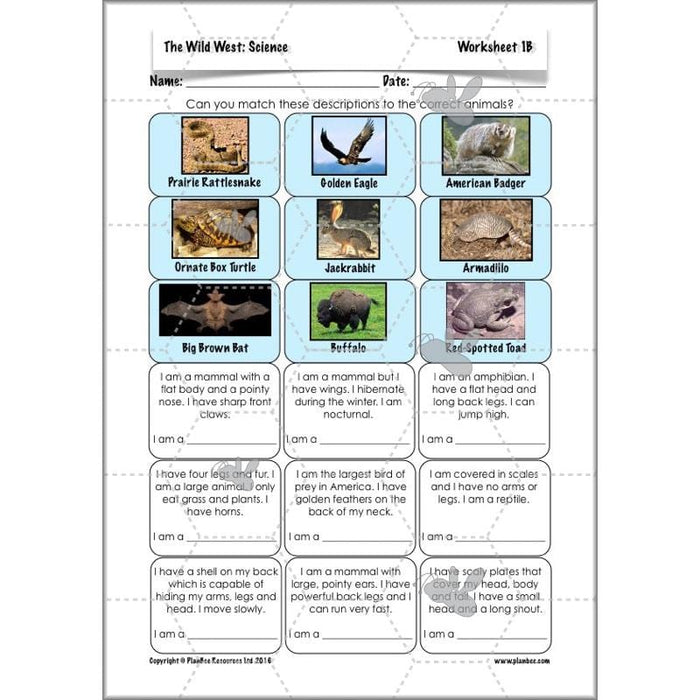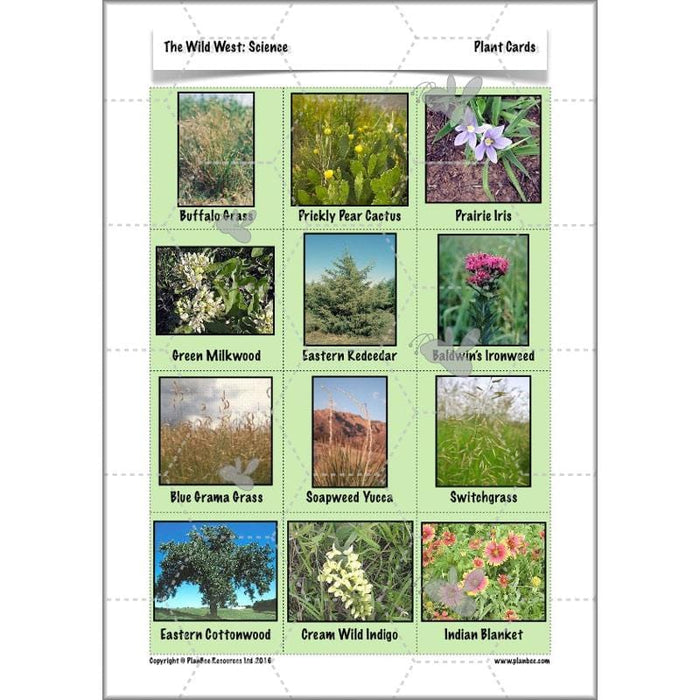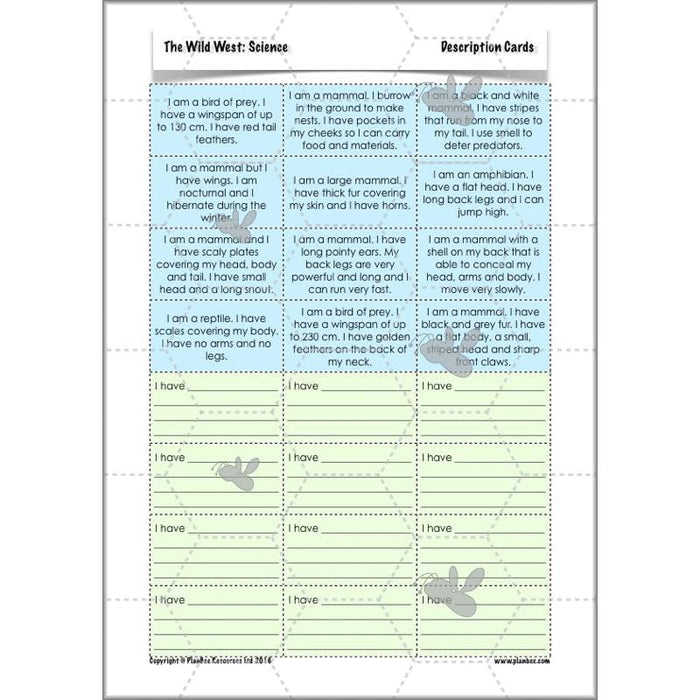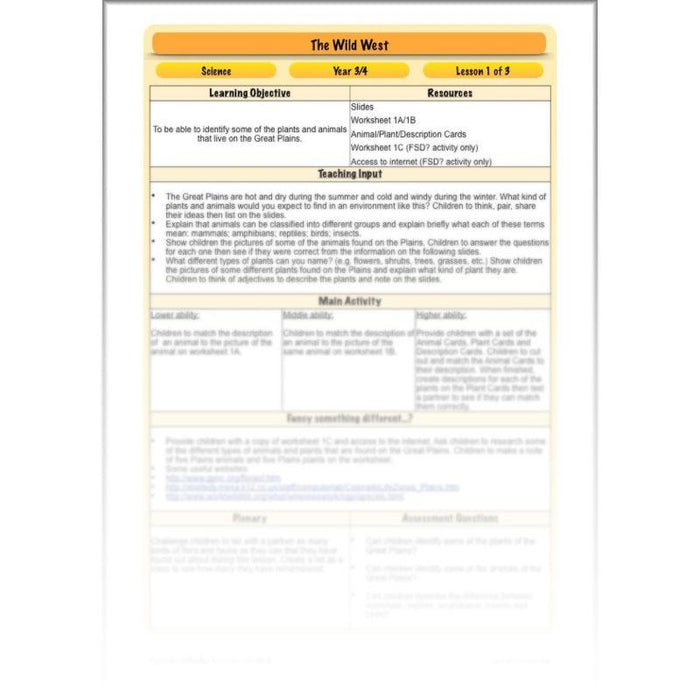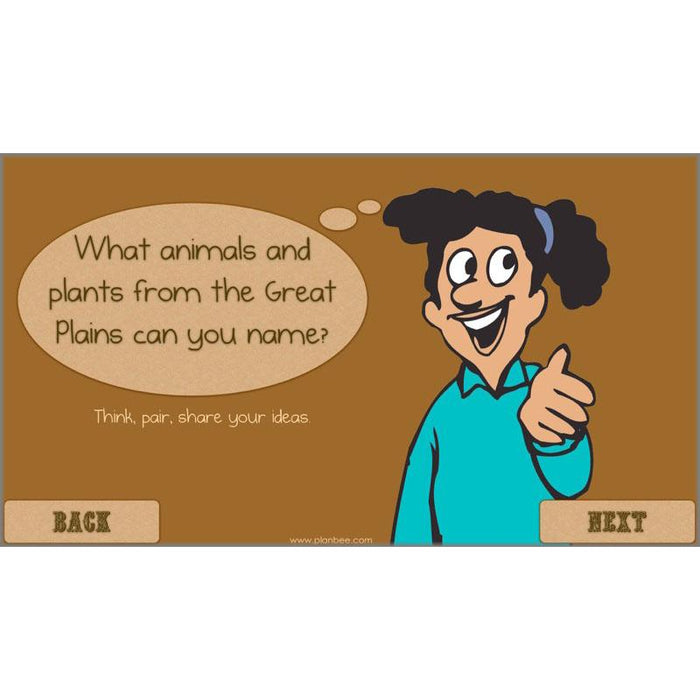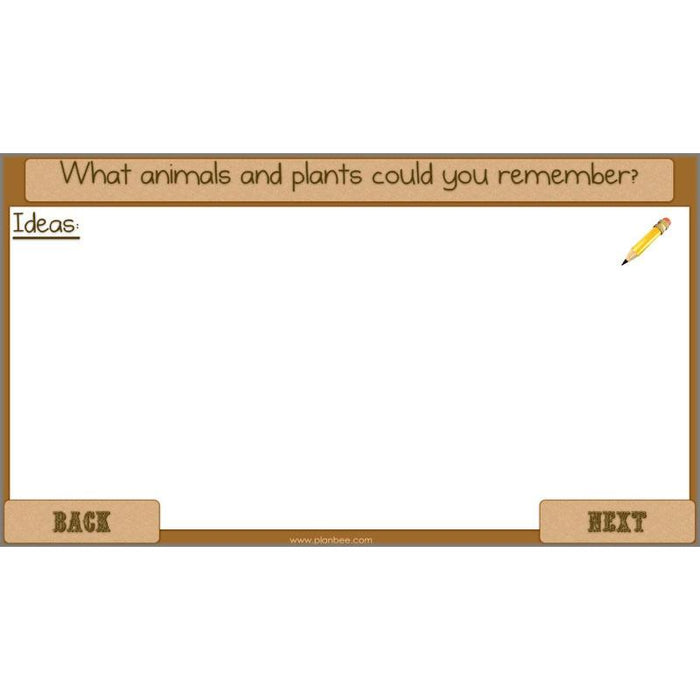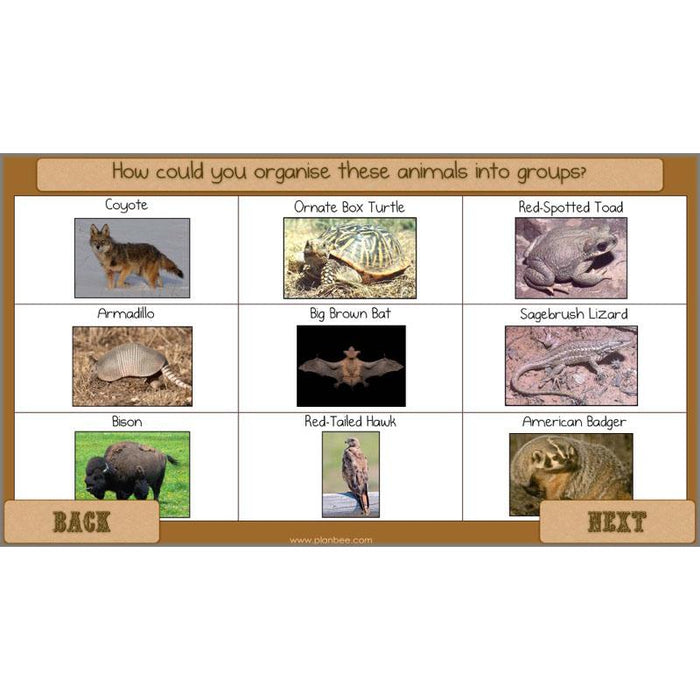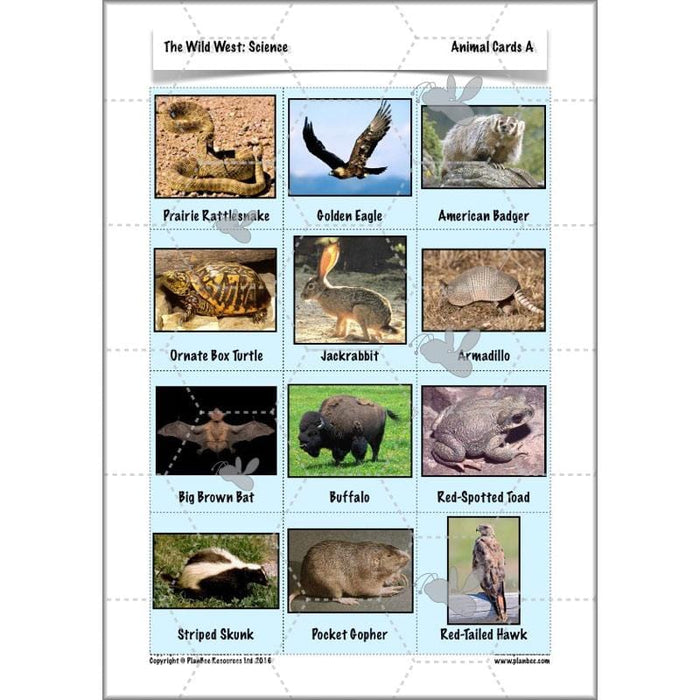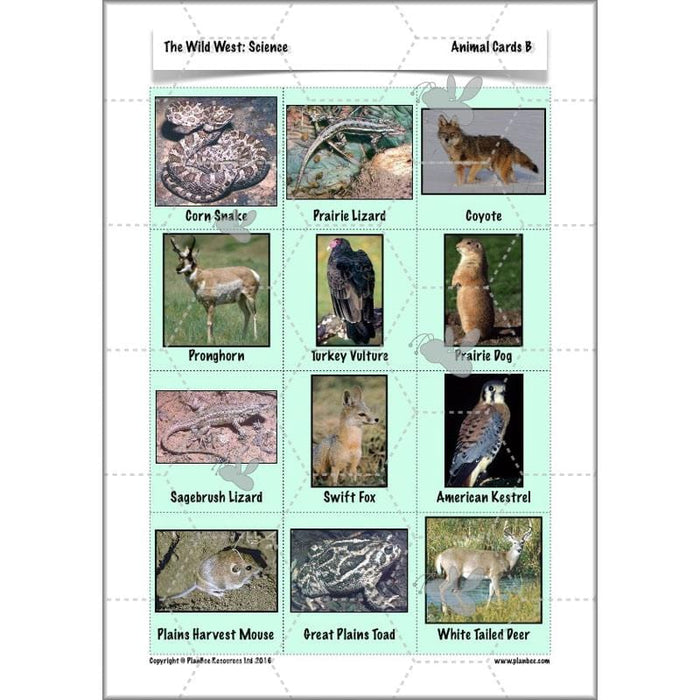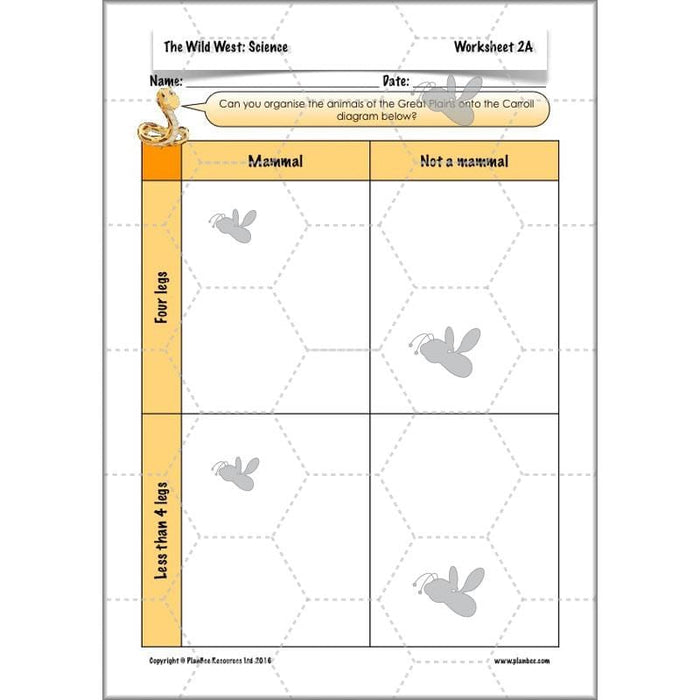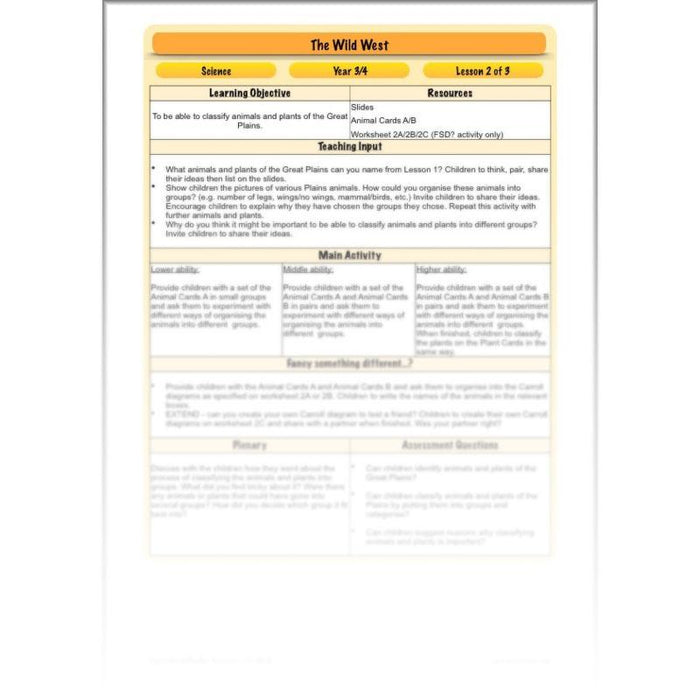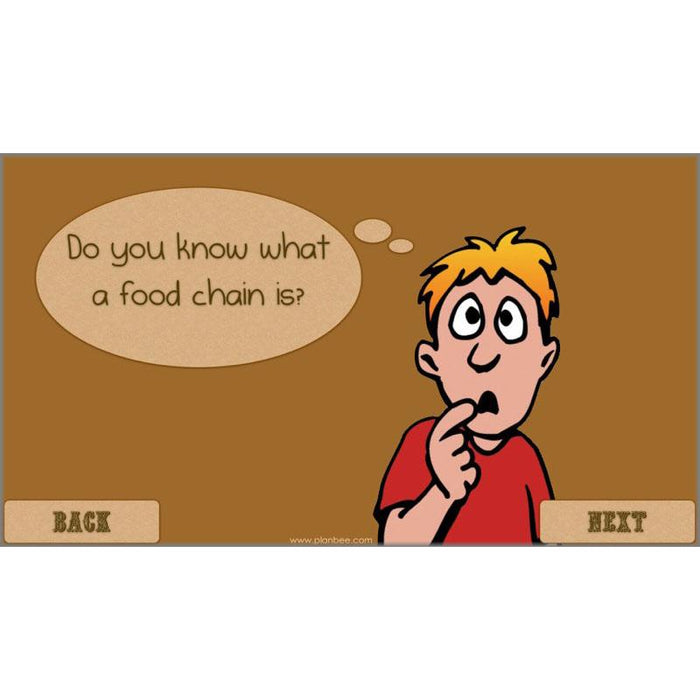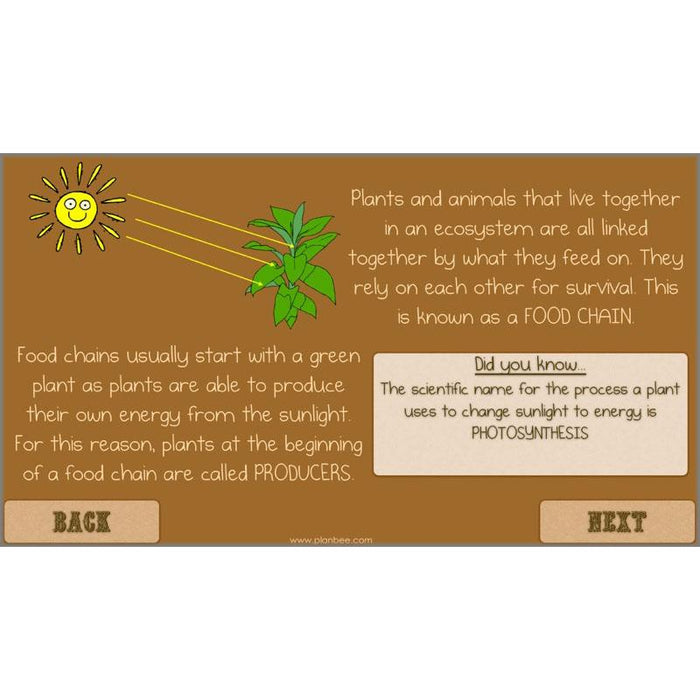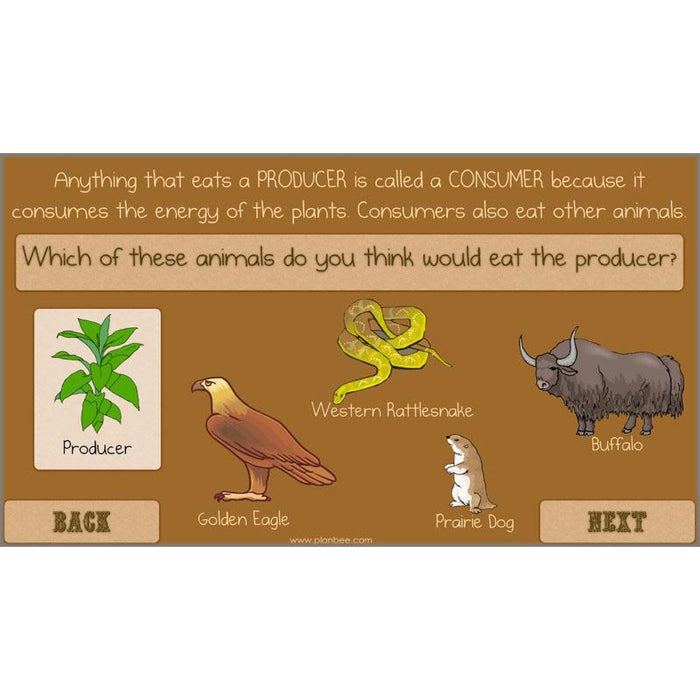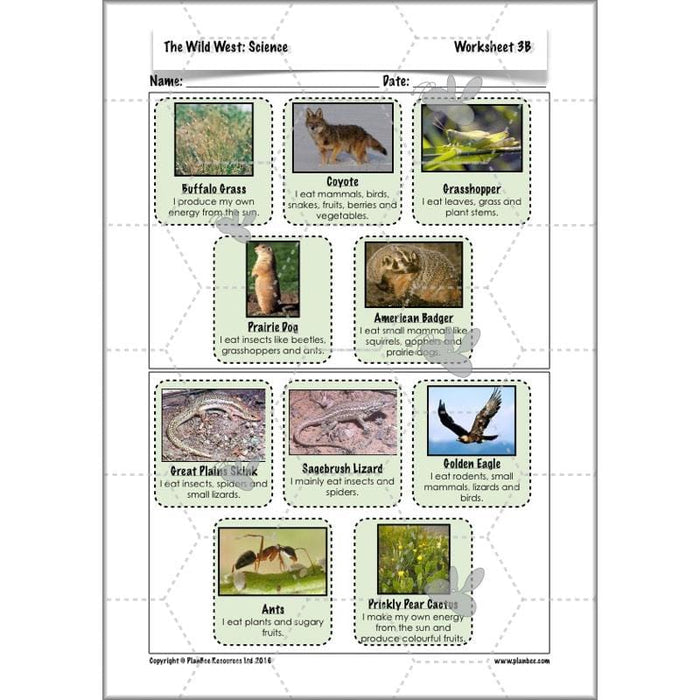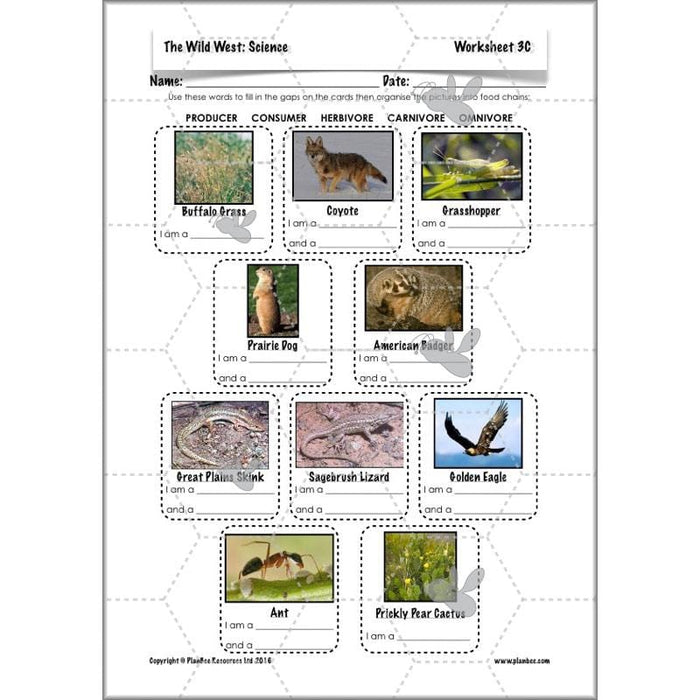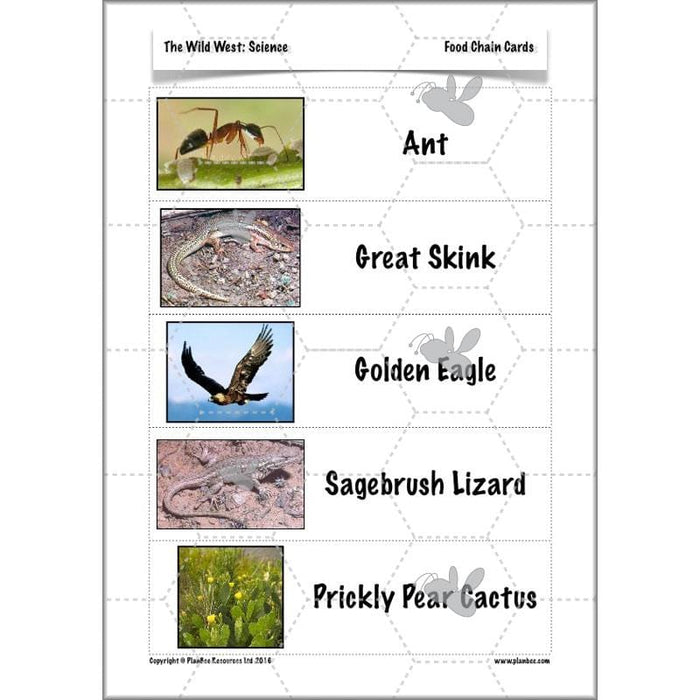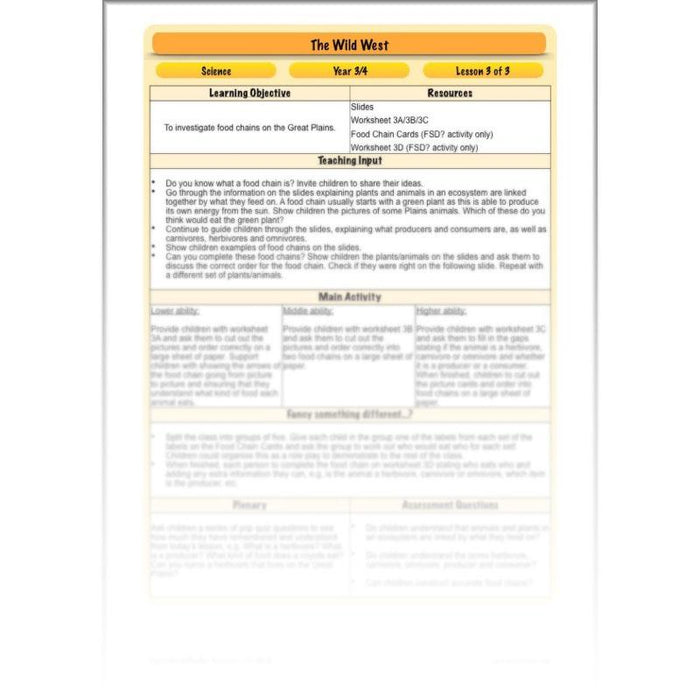#TheCompleteTopic17lessons
Discover how America became the United States and explore the journey across the Western Frontier with the pioneers as they settle in new lands, meet the native Americans and encounter the difficulties and challenges of life on the Great Plains. Intended for Year 3 and 4 but easily adaptable for other age groups, this Wild West cross-curricular topic gives you a creative approach to the curriculum and enables you to give your class an all-round view of this period in American history.
#AllARTLessonsinTopic
Download the two Art lessons that form part of a complete Year 3/4 'Wild West' classic cross-curricular topic.
#AllDTLessonsinTopic
Download the two DT lessons that form part of a complete Year 3/4 'Wild West' classic cross-curricular topic.
#AllGEOGRAPHYLessonsinTopic
Download the two Geography lessons that form part of a complete Year 3/4 'Wild West' classic cross-curricular topic.
#AllHISTORYLessonsinTopic
Introduce your class to cowboys, pioneers and native Americans in this KS2 History scheme of work as your class explore the settlement of America by white Europeans. Your class will find out about the long journey westward across the Appalachian mountains and how homesteaders set up their lives on the Great Plains. They will also learn about the native American way of life and how this was affected by the arrival of white settlers.
With lesson plans, presentations and a range of printable resources, these 'Wild West' History lessons contain everything you need to explore early American history with your children. Perfect if you are teaching 'The USA' as a cross-curricular topic.
**Teacher note: these History lessons are identical to the History lessons within our 'USA Road Trip Topic Bundle' Topic Bundle.
#AllRELessonsinTopic
Download the three RE lessons that form part of a complete Year 3/4 'Wild West' classic cross-curricular topic.
#AllSCIENCELessonsinTopic
Download the three Science lessons that form part of a complete Year 3/4 'Wild West' classic cross-curricular topic.
#Lesson1ArtDreamcatchers
Keep bad dreams at bay! In this lesson, your class learn where dreamcatchers originated and study some examples before going on to design, make and evaluate their very own Native American dreamcatchers.
What's included:
- Lesson plan
- Slides
- Activity ideas
- Differentiated worksheets
- Help sheet
- Picture cards
#Lesson2ArtFalseFaceMasks
The Iroquois tribe used false face masks to scare away evil spirits. This lesson describes how false face masks were used by the Iroquois and shows your class some examples before they design, make and evaluate their own masks.
What's included:
- Lesson plan
- Slides
- Activity ideas
- Differentiated worksheets
- Help sheet
- Picture cards
#Lesson3DTMakingaPrairieSchooner
The pioneers spent months travelling across America in their prairie schooners. This lesson informs your class about the different features of these wagons before they come to design, make and evaluate their own prairie schooners.
What's included:
- Lesson plan
- Slides
- Activity ideas
- Differentiated worksheets
#Lesson4DTPatchworkSquares
This lesson shows your children some examples of patchwork quilts, both the necessary and the artistic, before they get the chance to design their own patchwork square. You can sew all the finished products together to make a beautiful classwork patchwork quilt too.
What's included:
- Lesson plan
- Slides
- Activity ideas
- Differentiated worksheets
- Help sheet
#Lesson5GeographyWhereistheWildWest
Maps at the ready in this lesson as your class learn to identify America and the Great Plains as well as studying the states that are situated on the Plains today.
What's included:
- Lesson plan
- Slides
- Activity ideas
- Differentiated worksheets
- States Map
#Lesson6GeographyGeographyoftheGreatPlains
This lesson allows your class to explore the geography of the Great Plains by studying their landscape, climate, size, seasons, rainfall and soils. Your class will use pictures to help them describe the landscape.
What's included:
- Lesson plan
- Slides
- Activity ideas
- Differentiated worksheets
- Information sheet
- Picture cards
#Lesson7HistoryTheWesternFrontier
The first lesson in this History series describes briefly the discovery of America by Christopher Columbus, the European settlement of America and how America became the United States, before looking at how and why the pioneers left the States to settle beyond the Western Frontier.
What's included:
- Lesson plan
- Slides
- Activity ideas
- Differentiated worksheets
- Picture cards
#Lesson8HistoryMeetingtheNatives
Investigate the Native American way of life before the pioneers came to settle on the Plains. Find out how they lived by following the buffalo, how tipis fit their nomadic lifestyle, as well as aspects of their daily life.
What's included:
- Lesson plan
- Slides
- Activity ideas
- Differentiated worksheets
- Question cards
- Information sheet
- Picture cards
#Lesson9HistoryTribesandTribulations
This lesson explores what happened when the pioneers and the Indians met and why they clashed. Find out about famous battles, such as Little Bighorn, and why the Indian reservations didn't work, resulting in the ultimate defeat of a centuries-old way of life.
What's included:
- Lesson plan
- Slides
- Activity ideas
- Differentiated worksheets
- Character cards
#Lesson10HistoryHomeontheRange
Find out why the government and railroad companies gave away free land to families willing to settle on the Great Plains and how the homesteaders made a life for themselves on this difficult terrain, gradually overcoming a host of problems and difficulties to create towns and communities.
What's included:
- Lesson plan
- Slides
- Activity ideas
- Worksheet
- Differentiated question cards
- Picture cards
- Story planner sheets
#Lesson11HistoryCowboys
The life of a cowboy wasn't always as exciting as Hollywood films may make you believe! This lesson tells your class about the lives of real cowboys, what they had to do, what they wore and why, what happened on the long drive northwards and what they did when they reached their destination.
What's included:
- Lesson plan
- Slides
- Activity ideas
- Differentiated worksheets
- Information sheet
- Research cards
#Lesson12REWhatdoChristiansbelieve
This introductory lesson gives your class the chance to explore the fundamental beliefs of Christianity and some of the teachings of the Bible, especially the Ten Commandments.
What's included:
- Lesson plan
- Slides
- Activity ideas
- Differentiated worksheets
- Ten Commandments sheet
- Question cards
- Picture cards
#Lesson13REPioneeringBeliefs
When the first Europeans settled in America they brought their Christian beliefs with them. This lesson explores how Christianity impacted on the lives of Christian pioneers and how Bible teachings would have helped them as they faced the hardships of life on the Plains.
What's included:
- Lesson plan
- Slides
- Activity ideas
- Differentiated worksheets
- Interview question sheet
#Lesson14RETheIndianMission
Find out what a missionary is and explore the reasons why some pioneers tried to convert the Native Americans to Christianity. Were they right to do so? Why not let your class decide.
What's included:
- Lesson plan
- Slides
- Activity ideas
- Differentiated worksheets
#Lesson15SciencePlantsandAnimalsofthePlains
In this lesson, your class will explore some of the plants and animals of the Great Plains and begin to describe them using appropriate vocabulary. They will also recap some of the ways in which plants and animals can be classified.
What's included:
- Lesson plan
- Slides
- Activity ideas
- Differentiated worksheets
- Description cards
#Lesson16ScienceClassifyingCreatures
This lesson encourages your class to think of the ways in which they can organise plants and animals of the Great Plains into groups according to varying criteria.
What's included:
- Lesson plan
- Slides
- Activity ideas
- Differentiated worksheets
- Three sets of picture cards
#Lesson17SciencePlainsChains
This lesson introduces your class to food chains and vocabulary such as producer, consumer, carnivore, herbivore and omnivore before looking at the feeding relationships between animals on the Plains and giving them the chance to organise animals and plants into food chains.
What's included:
- Lesson plan
- Slides
- Activity ideas
- Differentiated worksheets
- Food chain cards
Free Overview (Medium-Term Plan)
Download a free overview to support your teaching of this scheme of work.
Free Assessment Grid
Download a free, editable assessment grid to support your teaching of this scheme of work.
Curriculum Objectives covered
Art Objectives:
- KS2 - to improve their mastery of art and design techniques, including drawing with a range of materials
- KS2 - to improve their mastery of art and design techniques, including painting with a range of materials
- KS2 - to improve their mastery of art and design techniques, including sculpture with a range of materials
DT Objectives:
KS2 - use research and develop design criteria to inform the design of innovative, functional, appealing products that are fit for purpose, aimed at particular individuals or groups
KS2 - generate, develop, model and communicate their ideas through discussion, annotated sketches, cross-sectional and exploded diagrams, prototypes, pattern pieces and computer-aided design
KS2 - select from and use a wider range of tools and equipment to perform practical tasks [for example, cutting, shaping, joining and finishing], accurately
KS2 - select from and use a wider range of materials and components, including construction materials, textiles and ingredients, according to their functional properties and aesthetic qualities
KS2 - evaluate their ideas and products against their own design criteria and consider the views of others to improve their work
Geography Objectives:
- KS2 - locate the world’s countries, using maps to focus on Europe (including the location of Russia) and North and South America, concentrating on their environmental regions, key physical and human characteristics, countries, and major cities
- KS2 - describe and understand key aspects of physical geography, including: climate zones, biomes and vegetation belts, rivers, mountains, volcanoes and earthquakes, and the water cycle
- KS2 - use maps, atlases, globes and digital/computer mapping to locate countries and describe features studied
Science Objectives:
Year 3/4 Working Scientifically Objectives
- asking relevant questions and using different types of scientific enquiries to answer them
- gathering, recording, classifying and presenting data in a variety of ways to help in answering questions
- recording findings using simple scientific language, drawings, labelled diagrams, keys, bar charts, and tables
Year 4 Living things and their habitats Objectives
- explore and use classification keys to help group, identify and name a variety of living things in their local and wider environment
Year 4 Animals, including humans Objectives
- construct and interpret a variety of food chains, identifying producers, predators and prey
